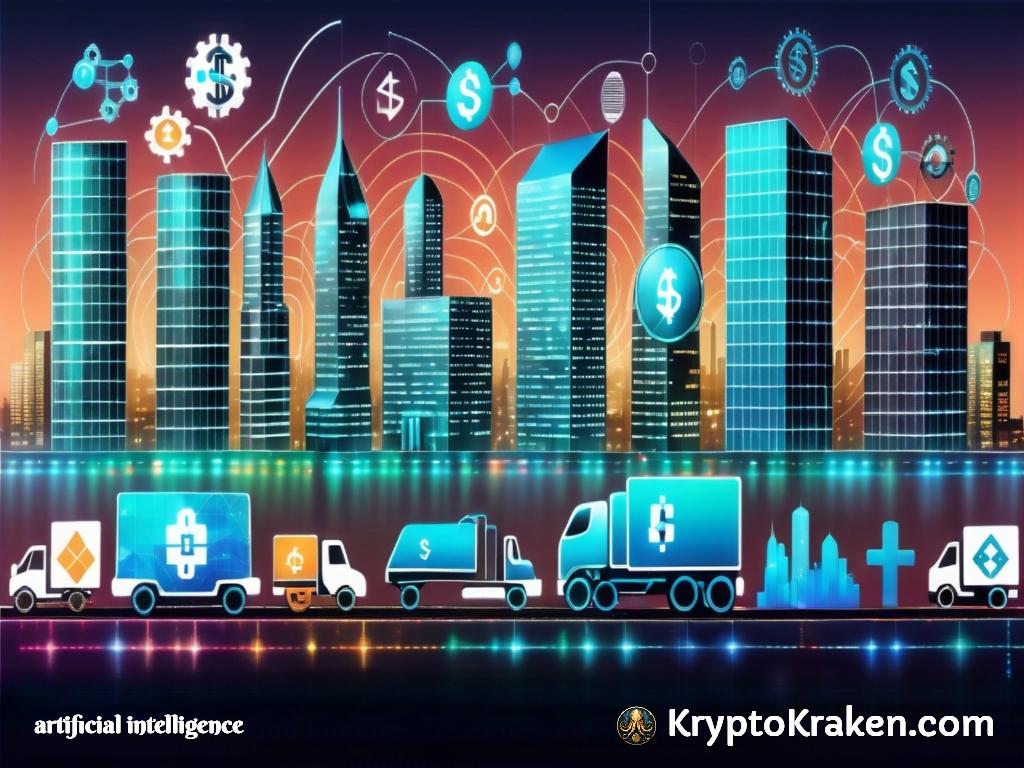
- September 17, 2023
- Dennis Frank
- 5
Table of Contents
Artificial Intelligence (AI) and blockchain technology are two groundbreaking technologies that are reshaping industries across the globe. When combined, they have the potential to create a powerful synergy that can unlock a future filled with possibilities. In this article, we will explore the intersection of AI and blockchain, the ways in which they are revolutionizing industries, and the challenges and opportunities that lie ahead.
The Intersection of AI and Blockchain
AI is the ability of machines to mimic human intelligence, enabling them to learn, reason, and make decisions. It has revolutionized various industries, from finance and healthcare to logistics and supply chain management. On the other hand, blockchain is a decentralized and immutable ledger that securely records and verifies transactions. When these two technologies converge, they create a powerful system that enhances trust, transparency, and automation. Read the full article about the intersection of AI and Blockchain here: Exploring the Applications of Artificial Intelligence in Decentralized Blockchain
How AI and Blockchain are Revolutionizing Industries
AI and blockchain are disrupting various industries, from finance and healthcare to logistics and supply chain management. One area where this synergy is particularly promising is in data security and privacy.
In the realm of data security and privacy, the convergence of AI and blockchain offers groundbreaking solutions. Blockchain’s decentralized nature ensures that data is stored in a tamper-proof manner, making it nearly impossible for malicious actors to alter or manipulate information. This enhanced security is crucial in today’s digital landscape, where cyber threats are becoming increasingly sophisticated.
Moreover, AI can be used to enhance data privacy and protect against cyber threats. AI algorithms can analyze patterns and detect anomalies in data, allowing organizations to identify potential security breaches and take proactive measures to prevent them. By leveraging AI’s capabilities, blockchain becomes even more robust in safeguarding sensitive information.
In the financial sector, AI and blockchain are enabling the creation of decentralized and automated financial systems. Smart contracts, which are self-executing contracts stored on the blockchain, eliminate the need for intermediaries, streamlining processes, and reducing costs. These smart contracts can be programmed to execute transactions automatically once predefined conditions are met, ensuring efficiency and transparency in financial transactions. You can learn more by Exploring the Applications of Artificial intelligence in Smart Contracts
Furthermore, AI-powered algorithms can analyze vast amounts of financial data, enabling organizations to make data-driven decisions and identify trends that were previously difficult to detect. This enhances risk management and enables more accurate predictions, ultimately leading to better financial outcomes.
In the healthcare industry, AI and blockchain are revolutionizing medical research and patient care. AI algorithms can analyze vast amounts of medical data, helping doctors make more accurate diagnoses and personalized treatment plans. By leveraging AI’s capabilities, healthcare providers can improve patient outcomes and deliver more precise and targeted care.
Blockchain ensures the security and privacy of patient data, allowing for secure and interoperable sharing of medical records. This enables healthcare providers to access a patient’s complete medical history, regardless of where they received treatment. This seamless exchange of information enhances collaboration among healthcare professionals and reduces the risk of medical errors.
Moreover, the integration of AI and blockchain in healthcare has the potential to accelerate medical research. AI algorithms can analyze large datasets and identify patterns, leading to new insights and discoveries. By securely storing research data on the blockchain, researchers can collaborate more effectively and ensure the integrity of their findings.
In conclusion, the intersection of AI and blockchain is transforming industries by enhancing trust, transparency, and automation. From data security and privacy to financial systems and healthcare, the synergy between these two technologies is unlocking new possibilities and revolutionizing the way we live and work. Another great article about AI and privacy protection is: Exploring the Applications of Artificial Intelligence in Privacy Protection
Embracing the Potential of AI and Blockchain
As the promising potential of AI and blockchain becomes more evident, organizations across industries are embracing their integration to unlock new capabilities and business models.
AI and blockchain are two transformative technologies that are revolutionizing various sectors. Their integration is enabling organizations to leverage the power of data analysis, secure record-keeping, and automation to drive innovation and efficiency.
One of the most transformative areas where AI and blockchain are intersecting is the Internet of Things (IoT). By combining AI’s ability to analyze and make sense of massive amounts of IoT data with blockchain’s secure and transparent record-keeping, a new era of smart and autonomous devices is emerging.
Imagine a world where your household appliances can communicate with each other, analyze data, and make decisions to optimize energy usage and reduce waste. With AI and blockchain integration, this vision is becoming a reality. Smart homes equipped with AI-powered devices can monitor energy consumption, adjust settings based on user preferences, and even autonomously interact with utility providers to optimize energy usage and reduce costs.
Supply chain management is another area where AI and blockchain integration is proving to be invaluable. By using AI algorithms to analyze data from sensors and blockchain to record and verify transactions, supply chains become more efficient and transparent, reducing costs and eliminating fraud.
With AI and blockchain, organizations can track the movement of goods in real-time, ensuring transparency and accountability at every step. AI algorithms can analyze data from sensors embedded in shipping containers, warehouses, and vehicles to optimize logistics, predict demand, and identify potential bottlenecks. Blockchain technology provides a secure and tamper-proof record of every transaction, ensuring that the supply chain remains transparent and trustworthy.
Overcoming the Challenges of AI and Blockchain Implementation
Despite the immense potential of AI and blockchain, there are challenges that need to be addressed for successful implementation. One of the major concerns is the lack of standards and regulations governing these technologies.
As AI and blockchain continue to evolve, it is crucial to establish clear guidelines and regulations to ensure ethical and responsible use. Standards need to be developed to address issues such as data privacy, algorithmic bias, and the ethical implications of autonomous decision-making.
Another challenge is the energy consumption of AI and blockchain systems. Blockchain networks require significant computing power, while AI algorithms often rely on resource-intensive processes. Efforts are being made to develop more energy-efficient solutions to overcome this obstacle.
Researchers and engineers are exploring innovative approaches to reduce the energy consumption of AI algorithms and optimize the performance of blockchain networks. From developing specialized hardware for AI computations to exploring consensus algorithms that require less computational power, the aim is to strike a balance between performance and energy efficiency.
In conclusion, the integration of AI and blockchain holds immense potential for transforming industries and unlocking new possibilities. From smart devices in the IoT to transparent and efficient supply chains, these technologies are reshaping the way organizations operate. However, addressing challenges such as standardization and energy consumption is crucial for successful implementation and widespread adoption. As the field continues to evolve, it is essential to foster collaboration and innovation to fully embrace the potential of AI and blockchain.
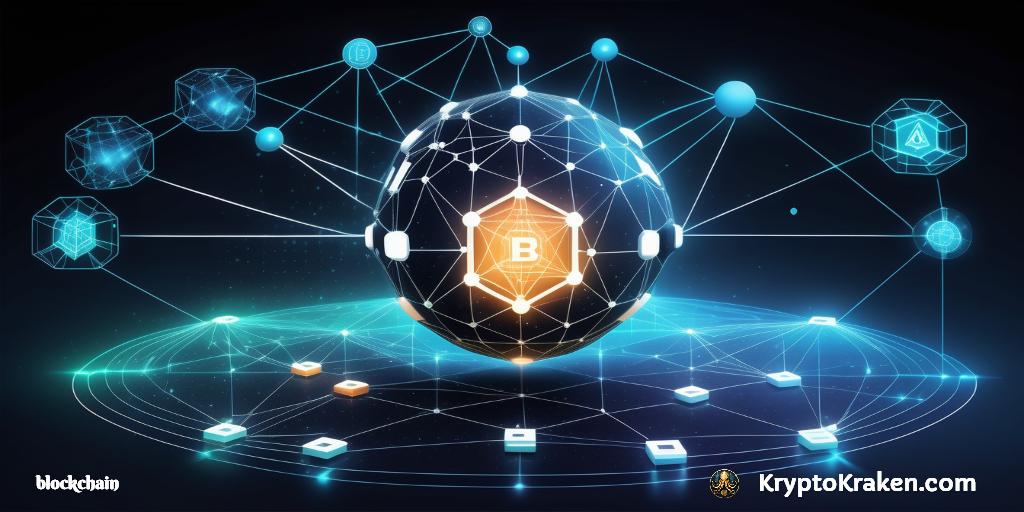
The Promising Future of AI and Blockchain
As we look to the future, the potential for AI and blockchain remains vast. Innovations are continuously being made to leverage the strengths of both technologies and overcome their limitations.
Innovations on the Horizon: AI and Blockchain
One of the areas where we can expect to see continued advancements is in the development of AI-powered decentralized applications (DApps). These applications, built on blockchain platforms, have the potential to revolutionize industries such as finance, healthcare, and real estate.
Additionally, the integration of AI and blockchain is expected to play a crucial role in enhancing cybersecurity. AI algorithms can quickly identify and respond to security threats, while blockchain’s immutable nature ensures the integrity of security protocols.
Navigating the Complexities of AI and Blockchain Technology
As AI and blockchain continue to evolve, it is essential for organizations to navigate the complexities and challenges that come with their implementation. Collaboration between technology experts, policy-makers, and industry leaders is crucial to ensure the responsible and ethical use of these technologies.
In conclusion, the synergy between AI and blockchain holds great promise for unlocking the future. From revolutionizing industries to enhancing trust and security, the integration of these technologies opens up a world of possibilities. As we navigate the complexities and challenges, it is important to harness this potential responsibly and ensure that the future we unlock is one that benefits all. For more informative reading, navigate to Web 3.0 and Artificial Intelligence: The Future of Tech



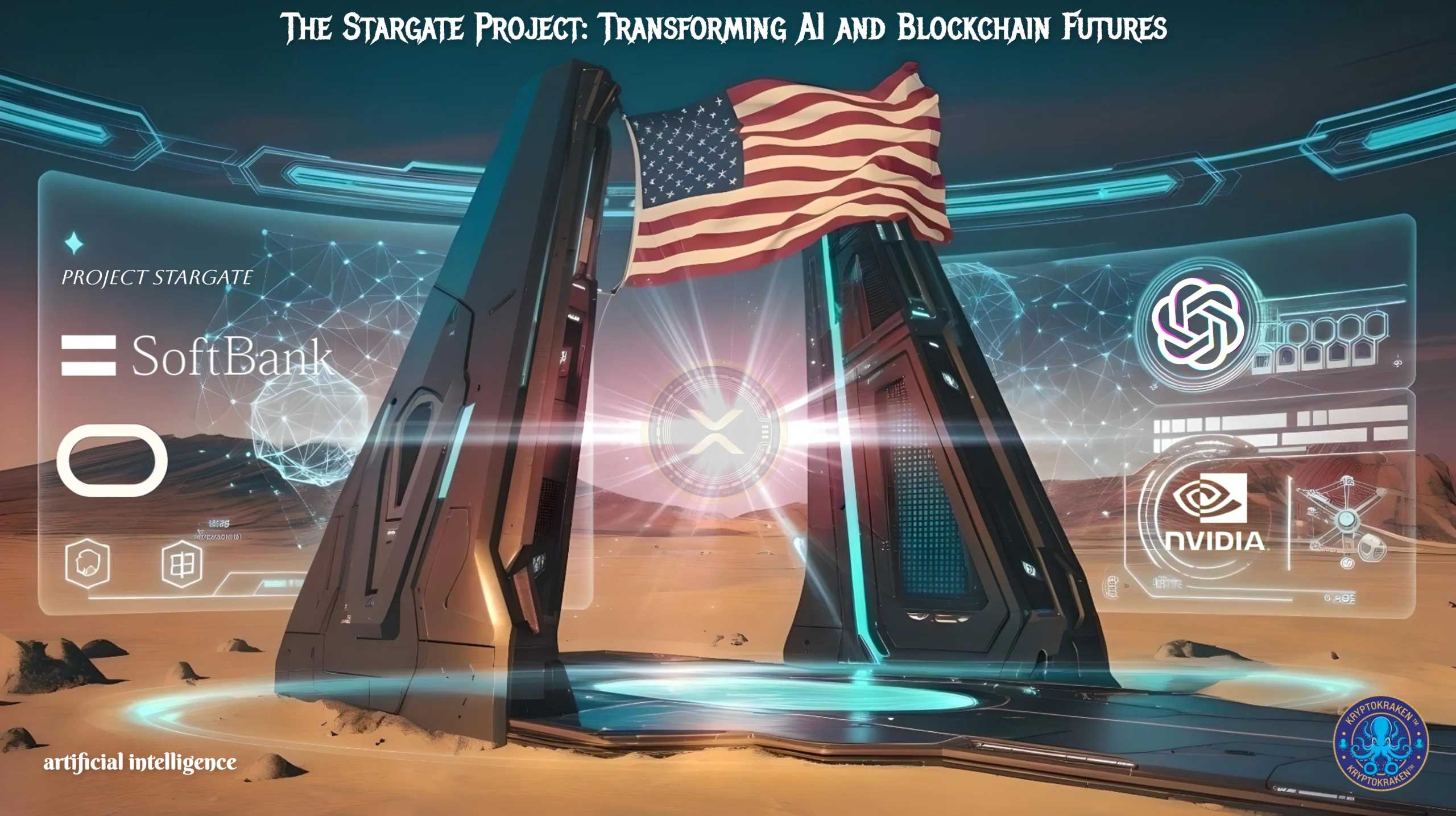
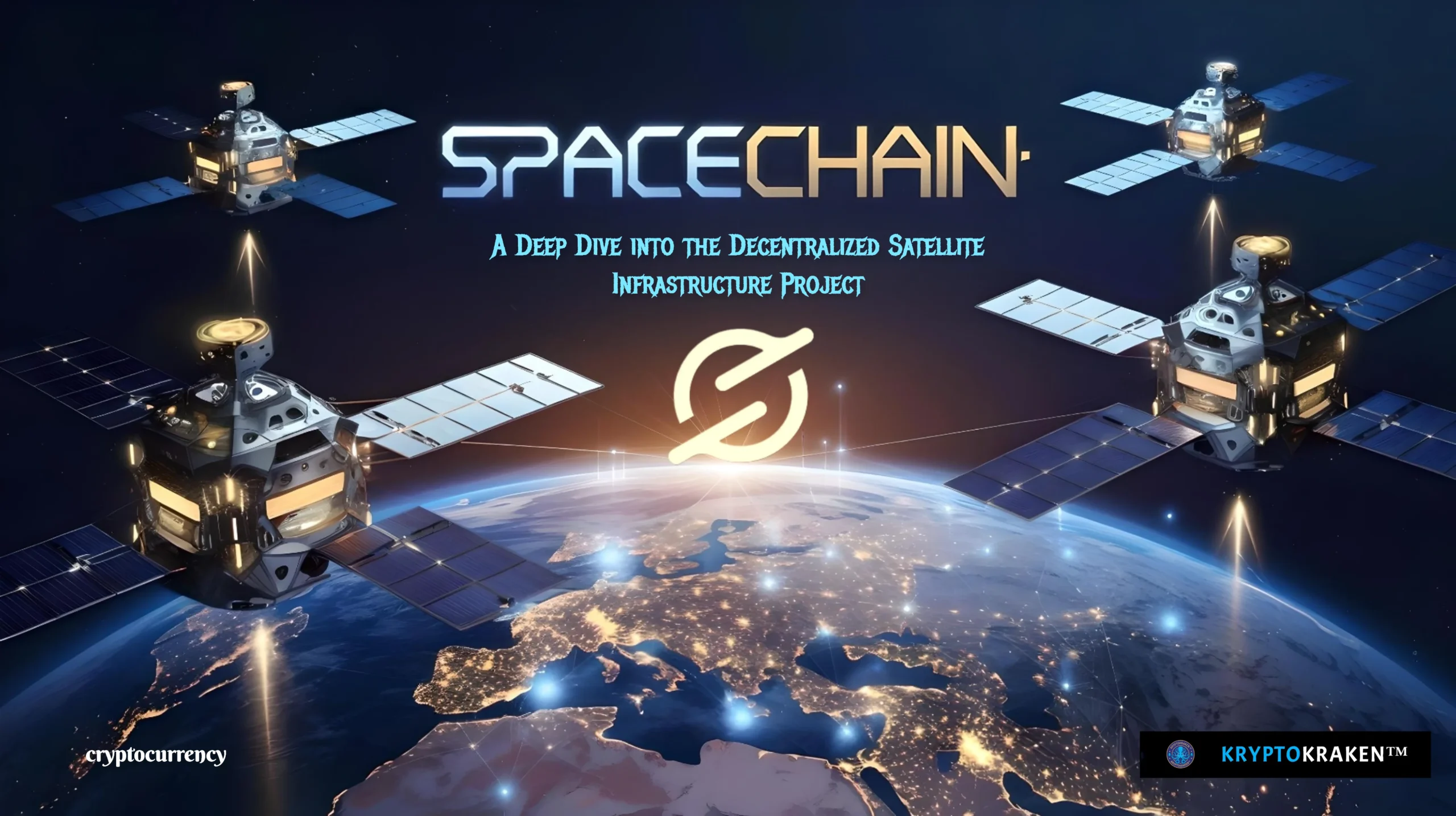
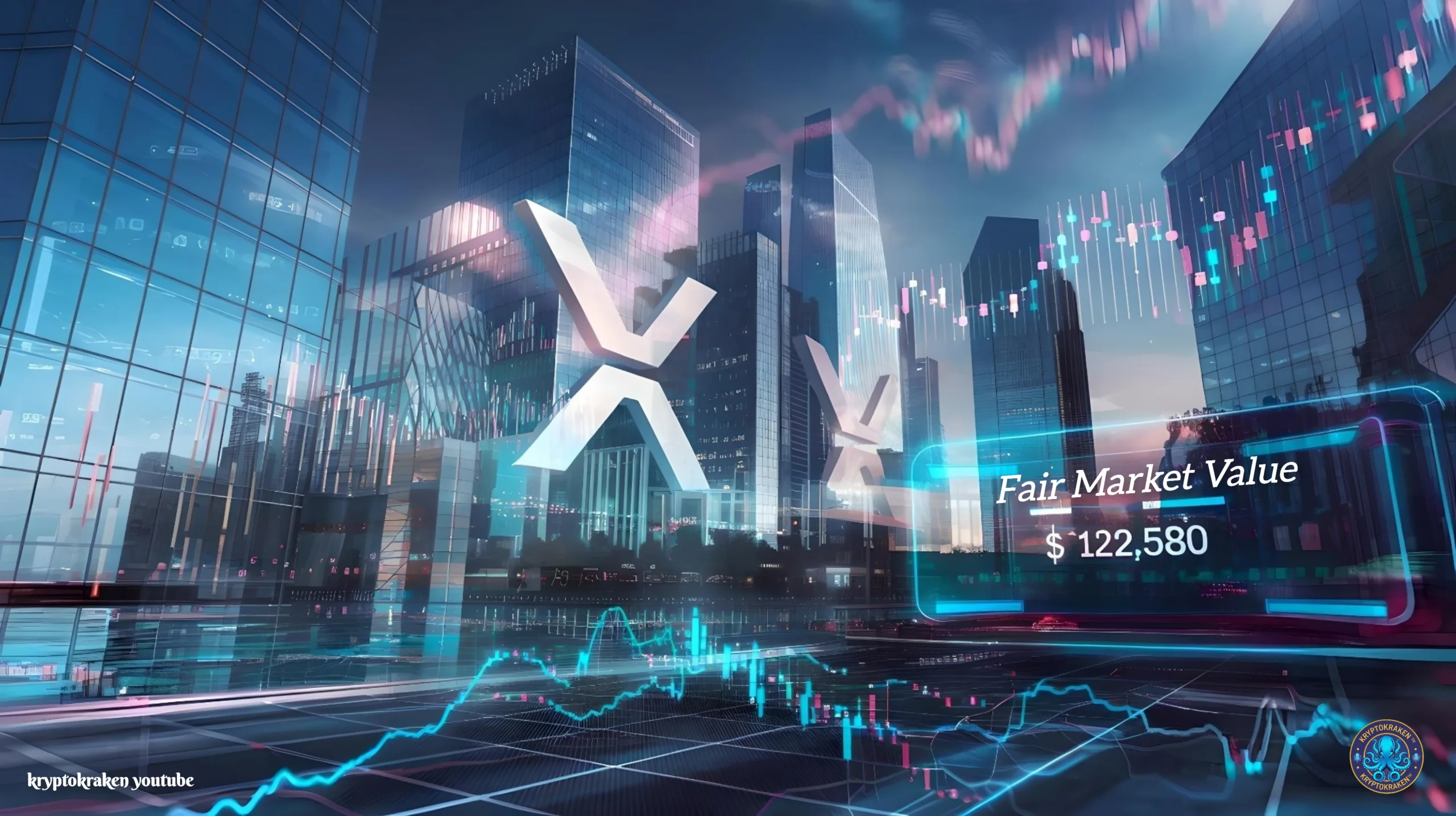

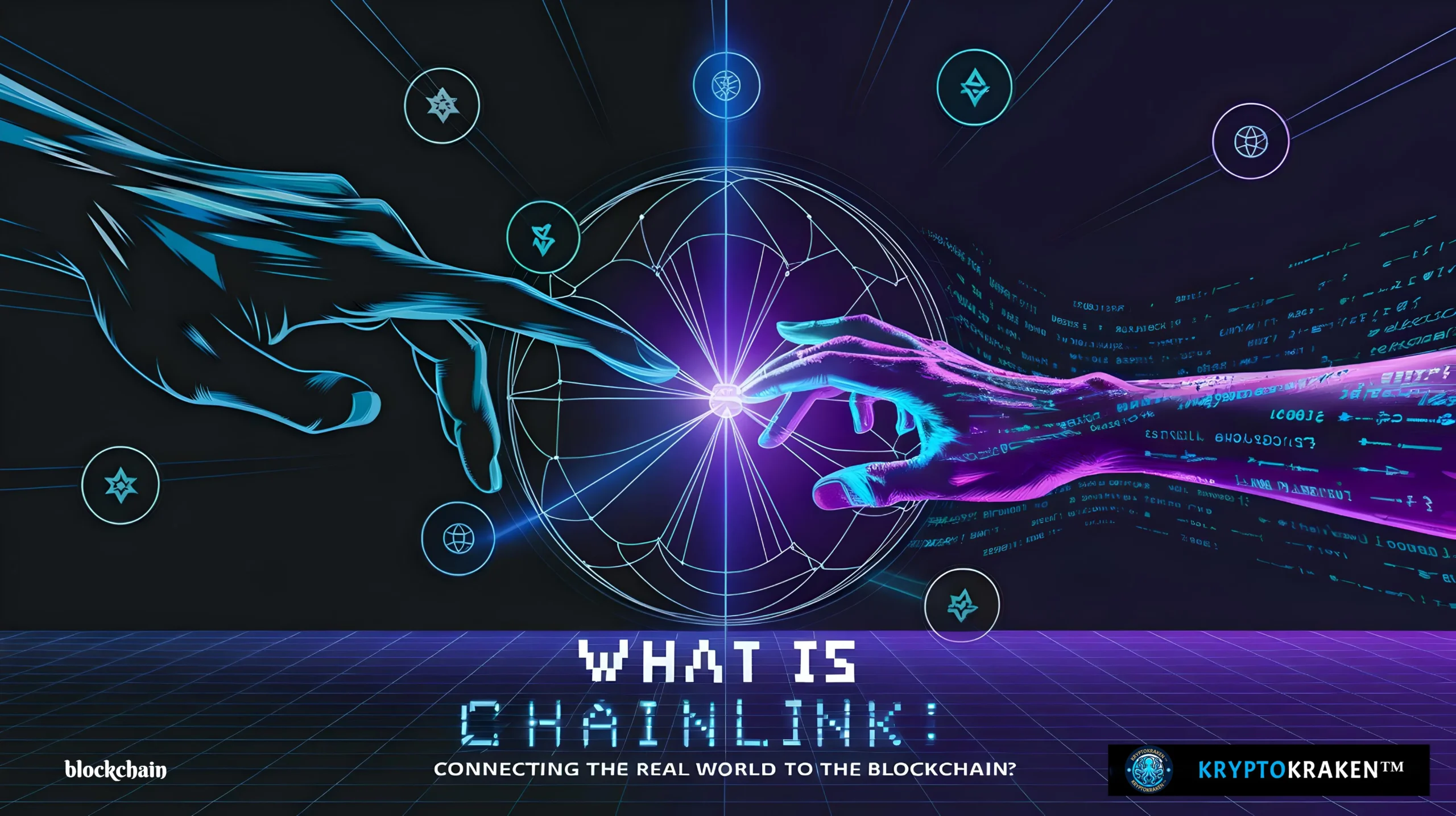
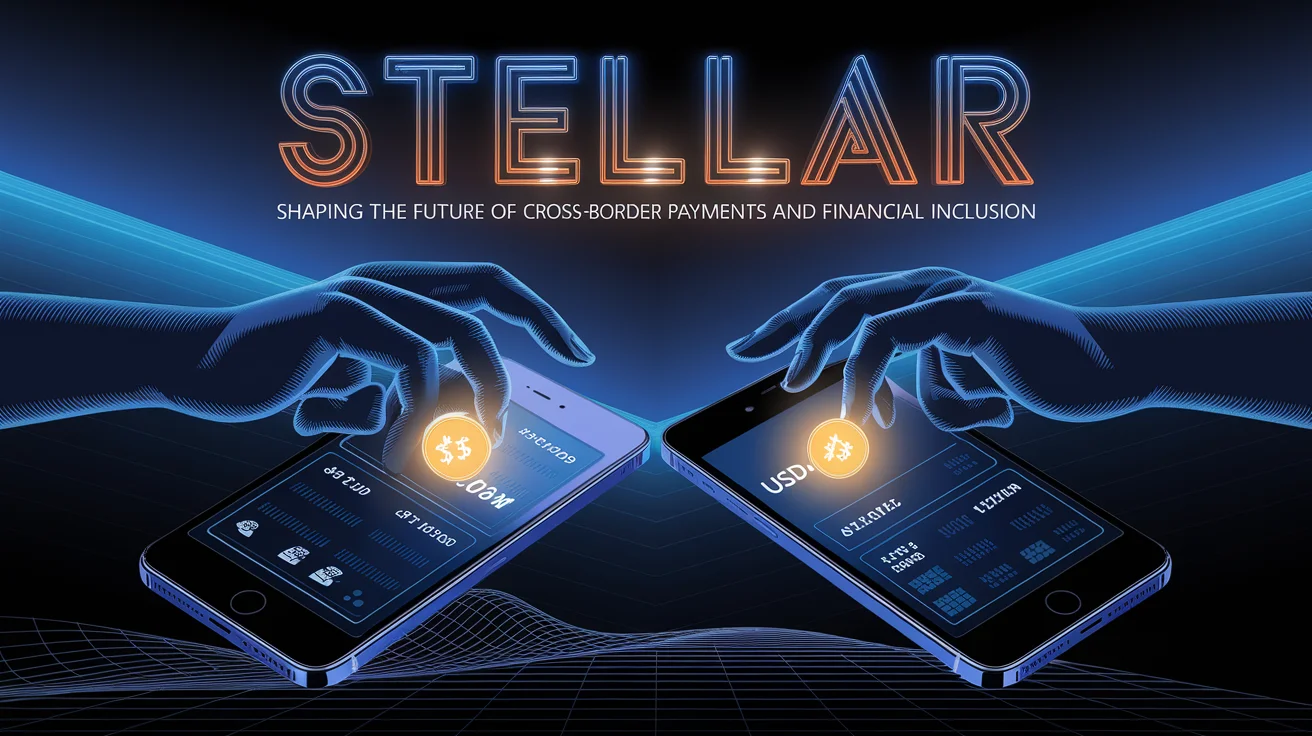
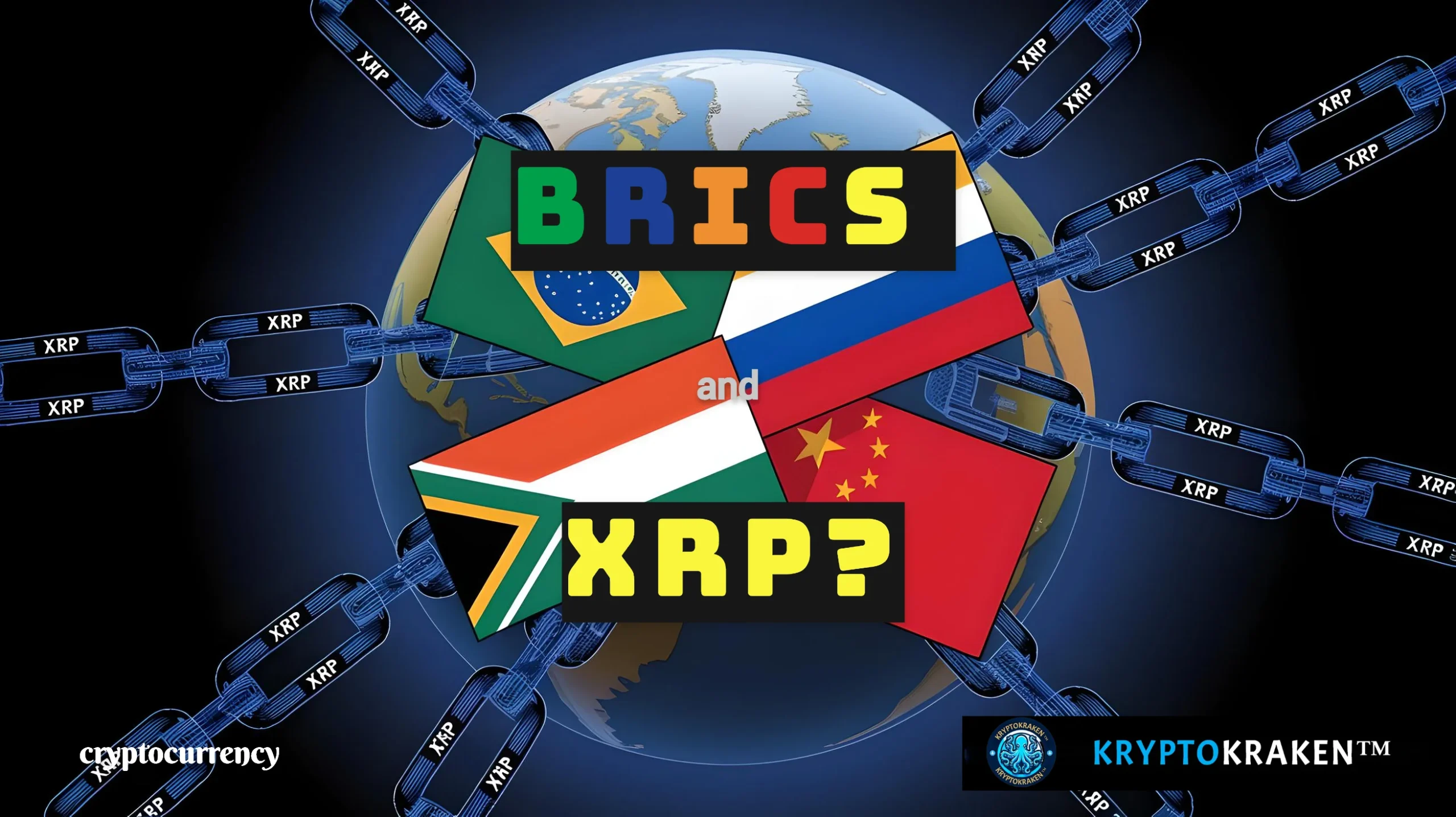

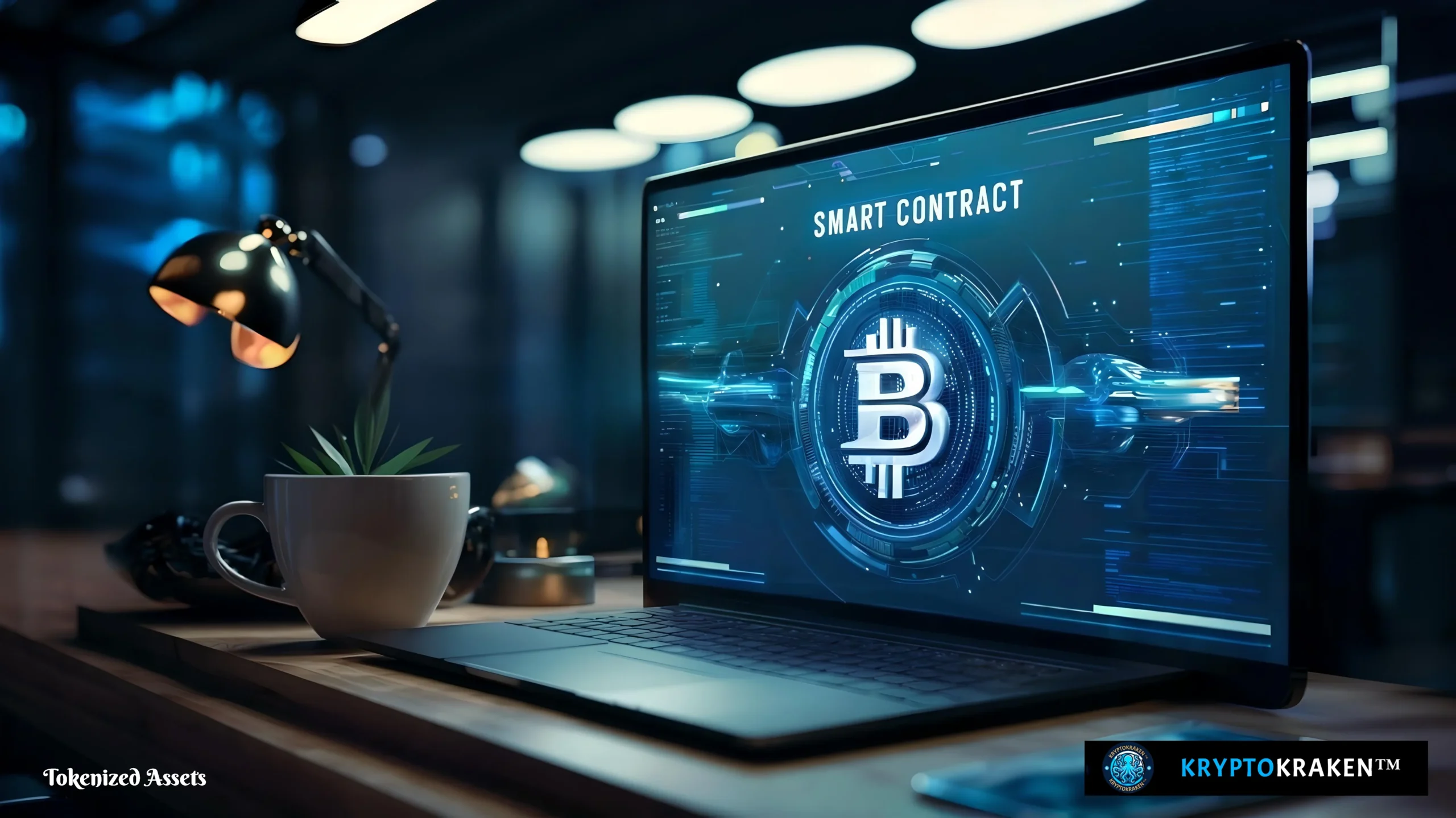
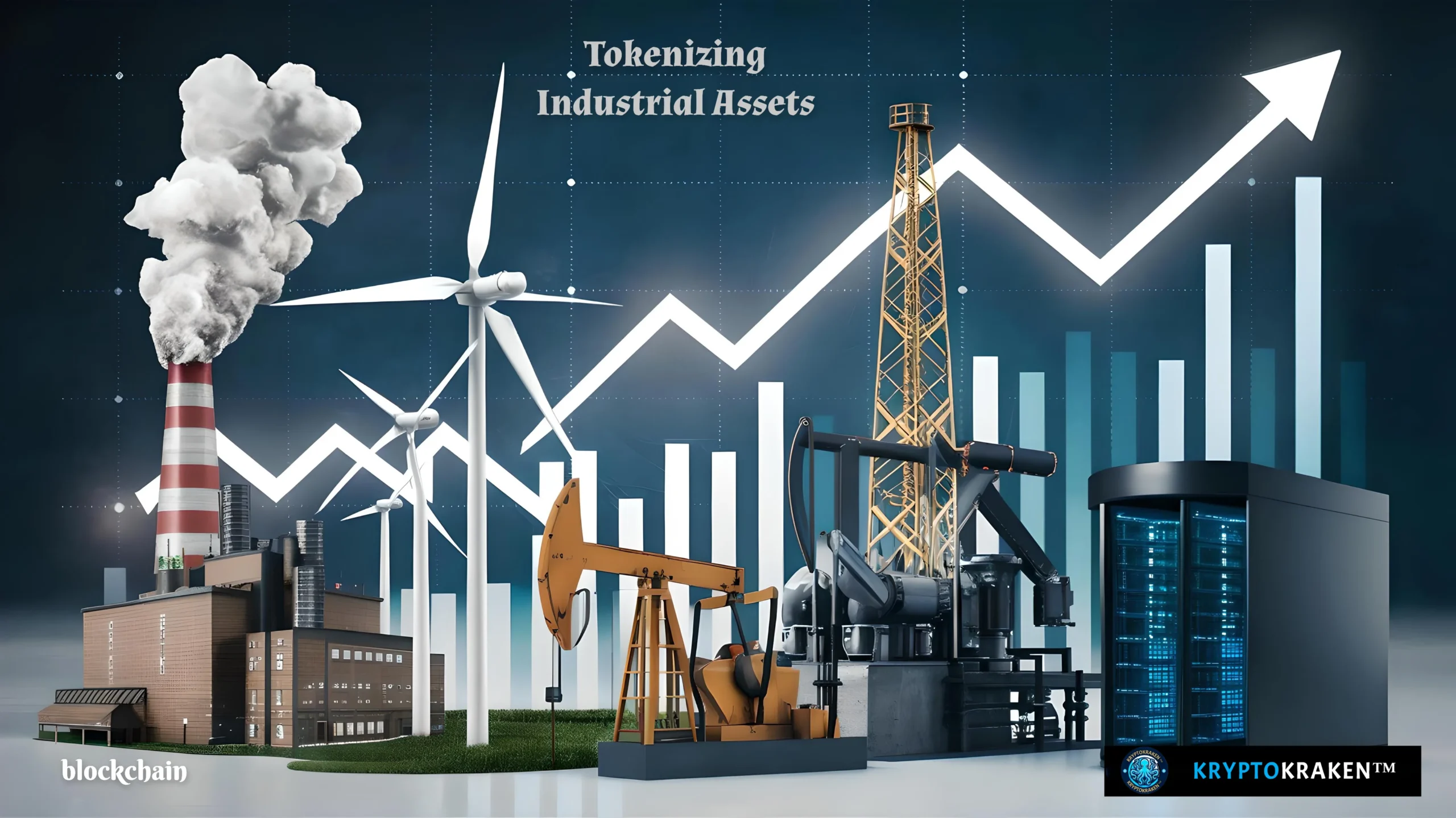
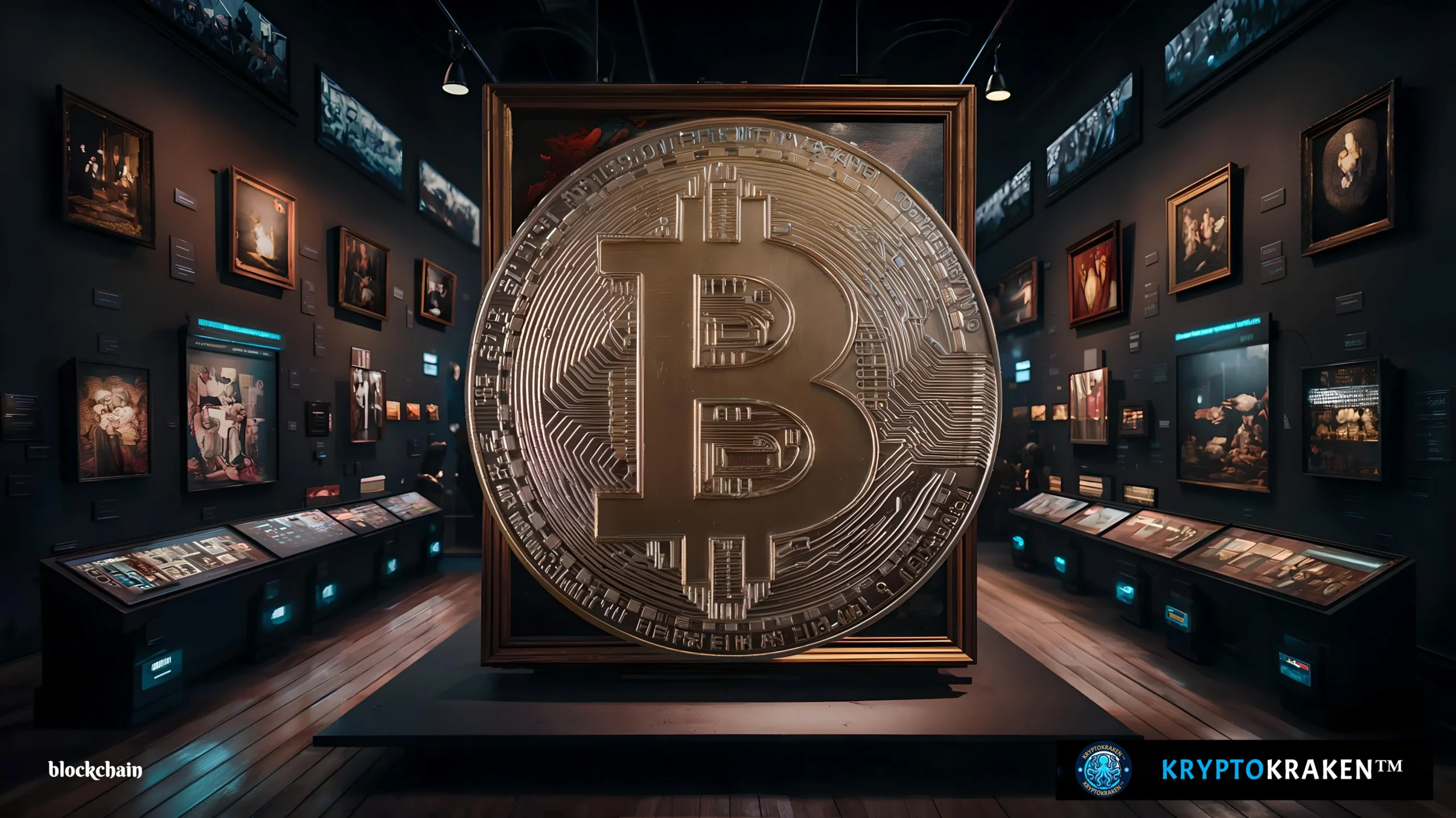
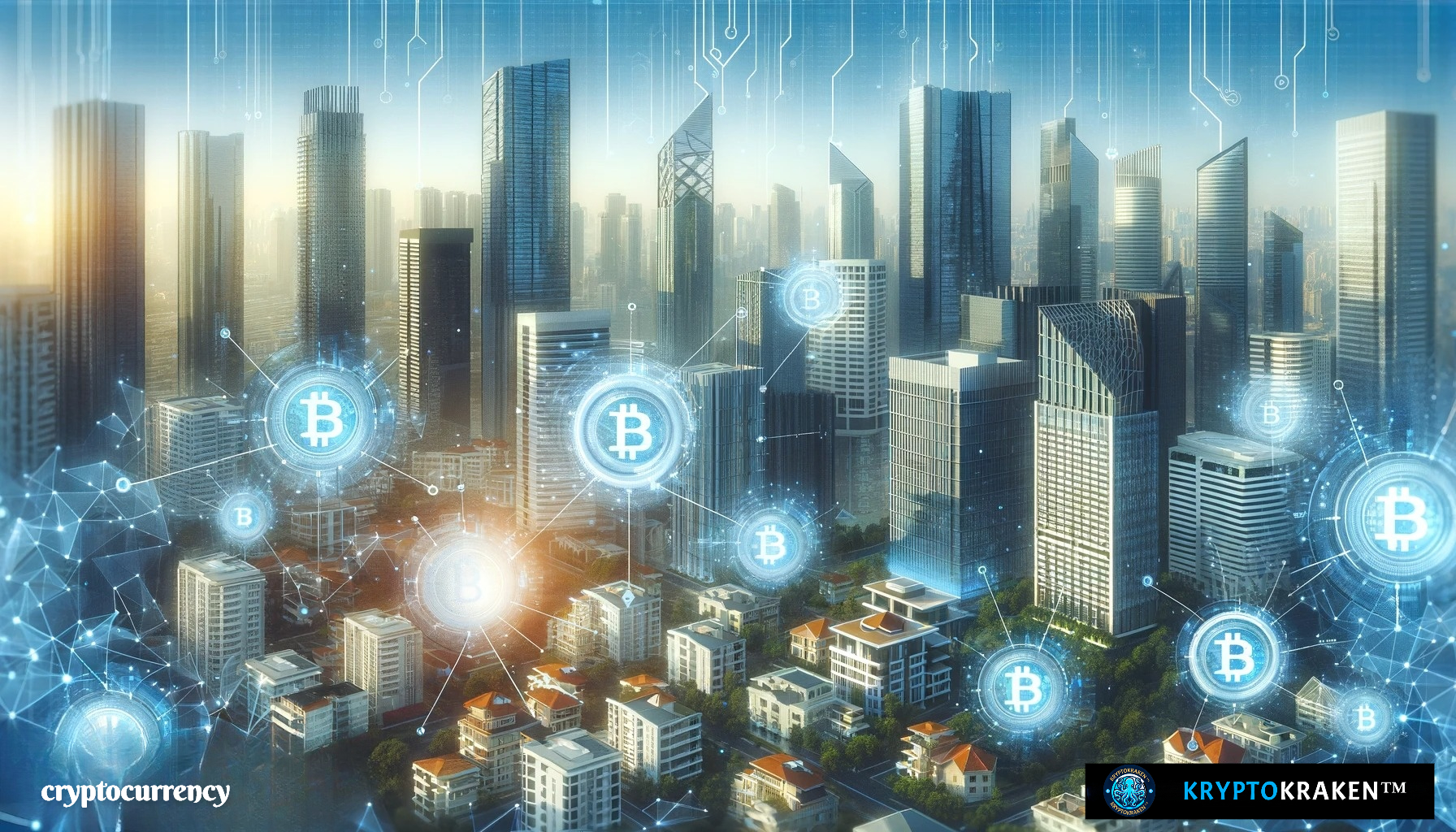

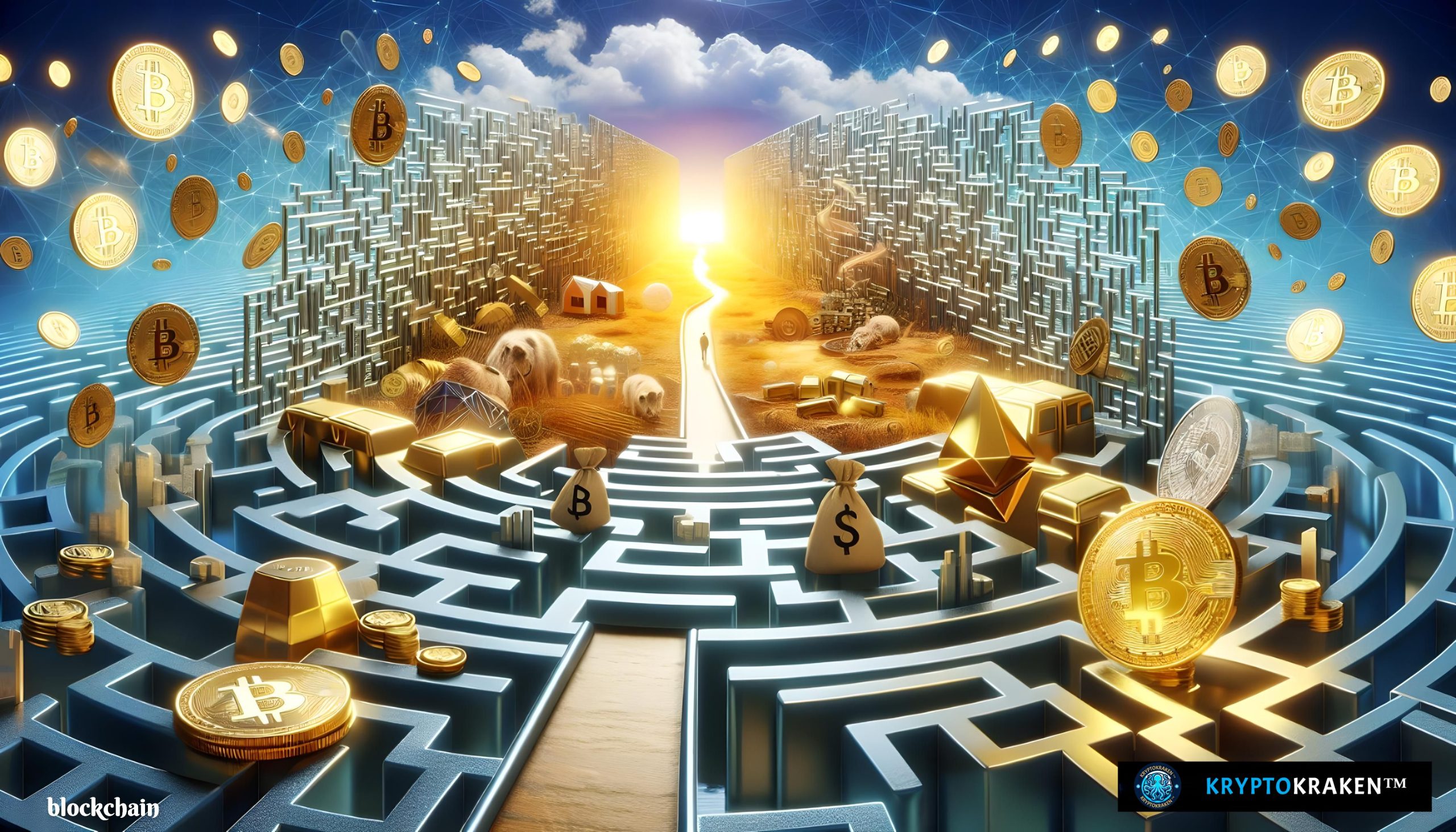
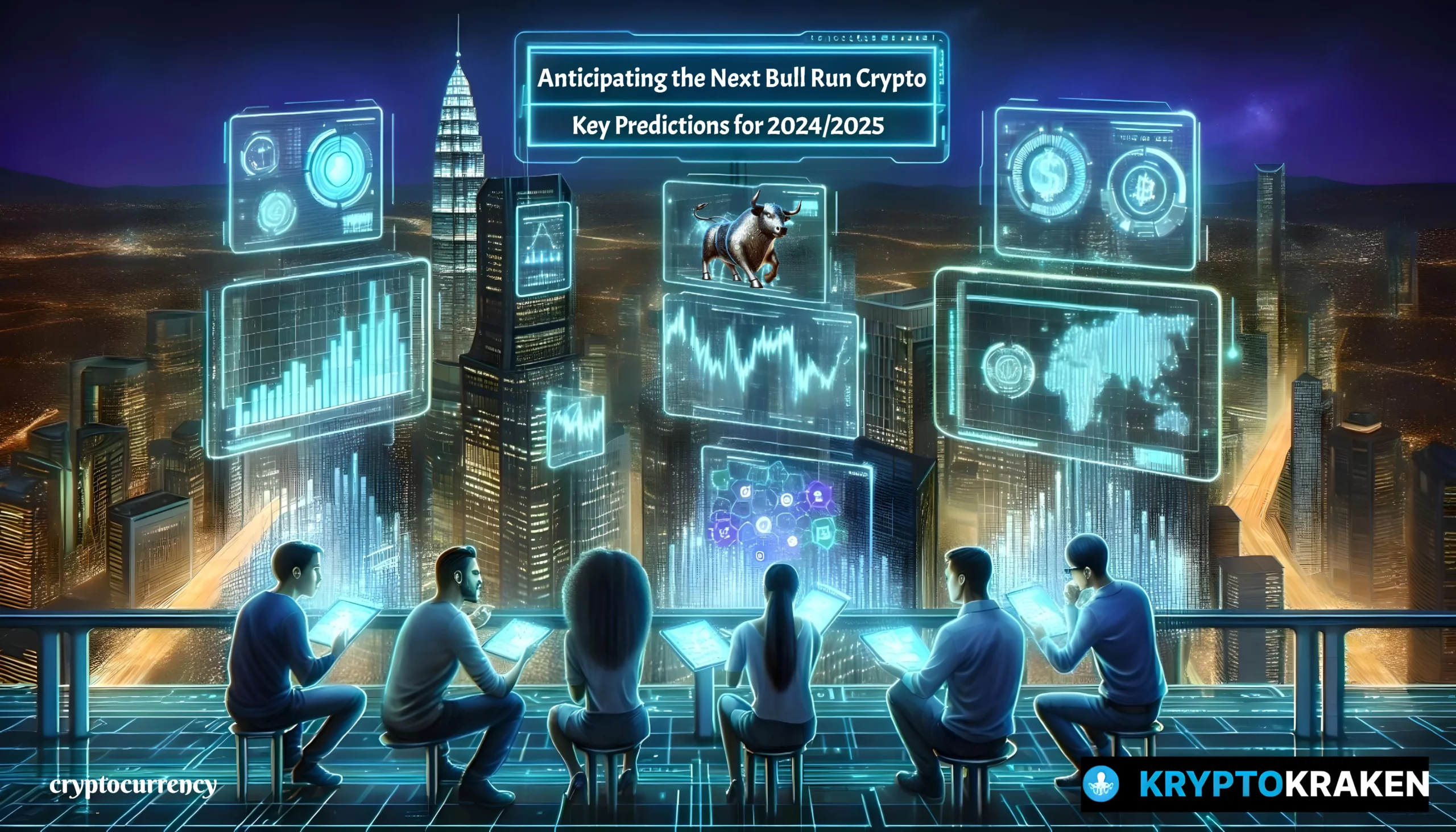
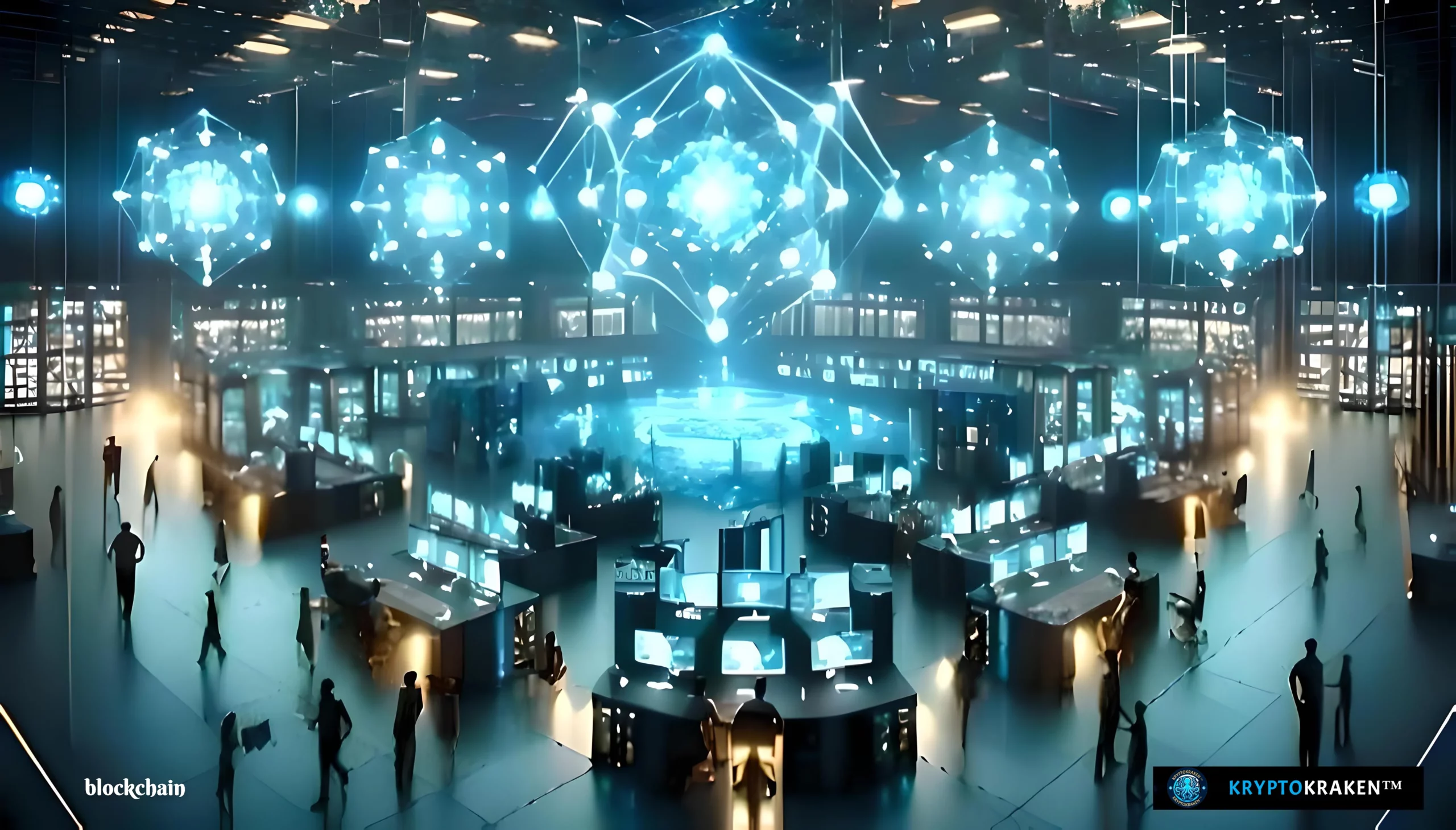

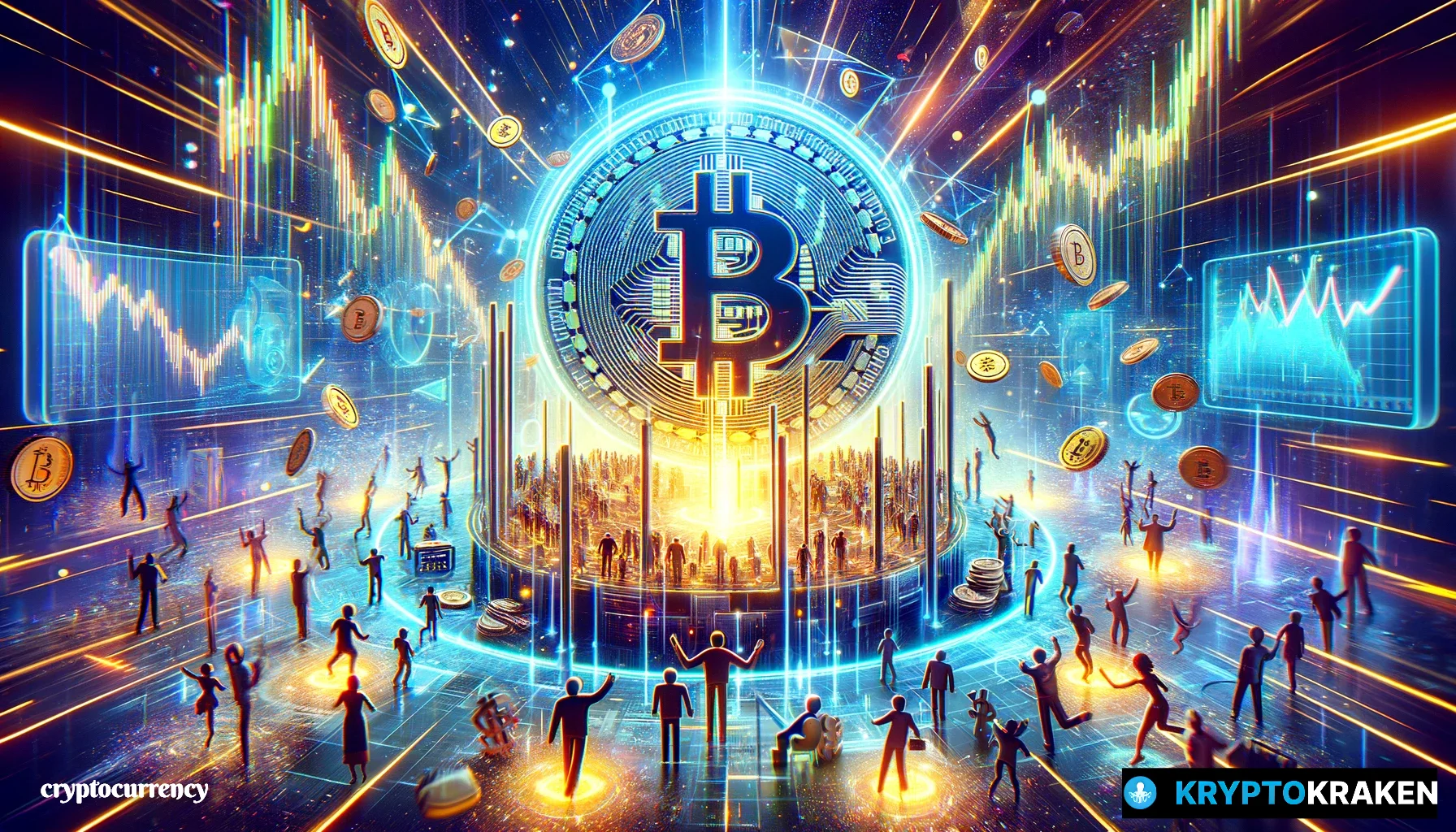
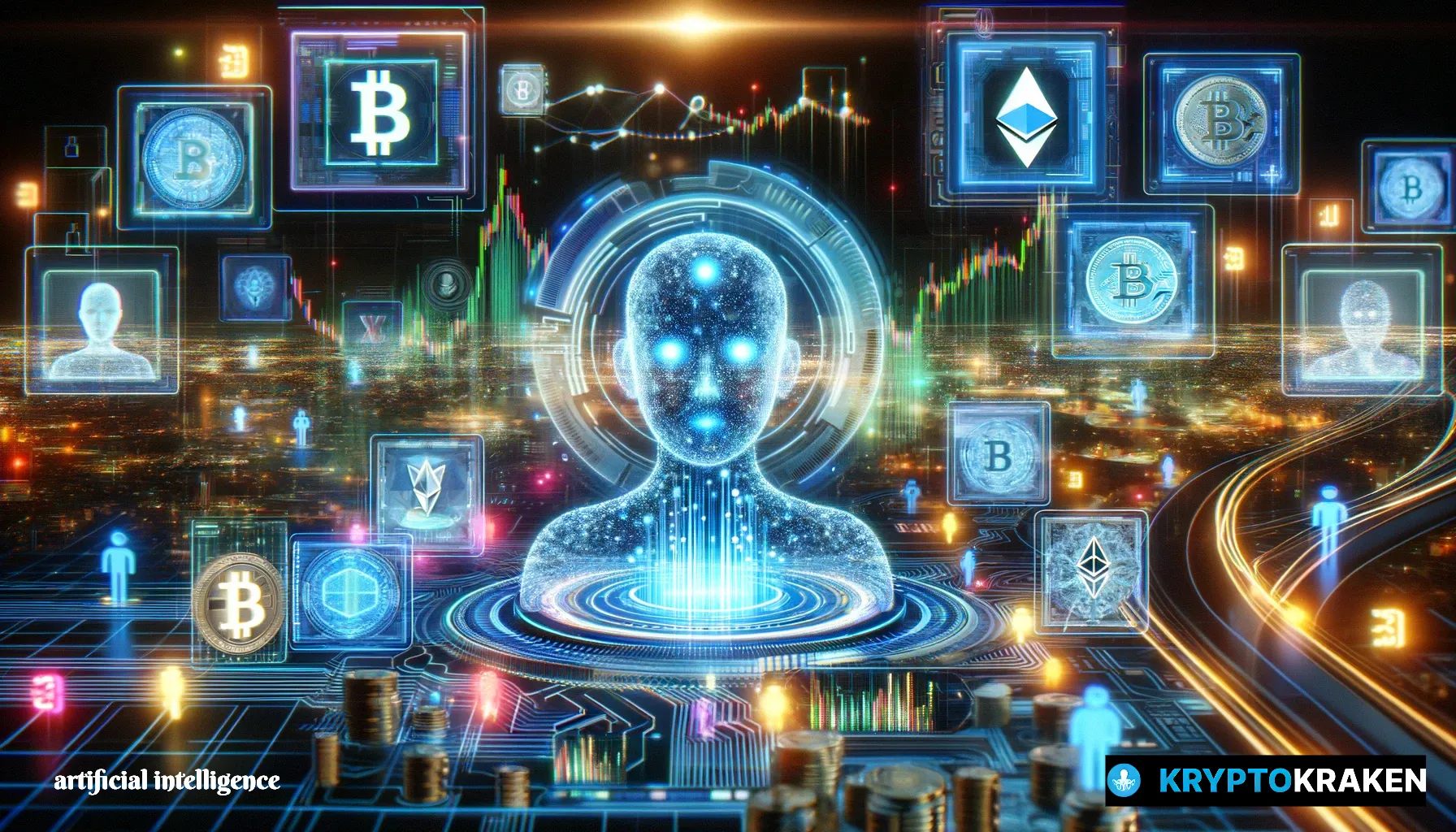
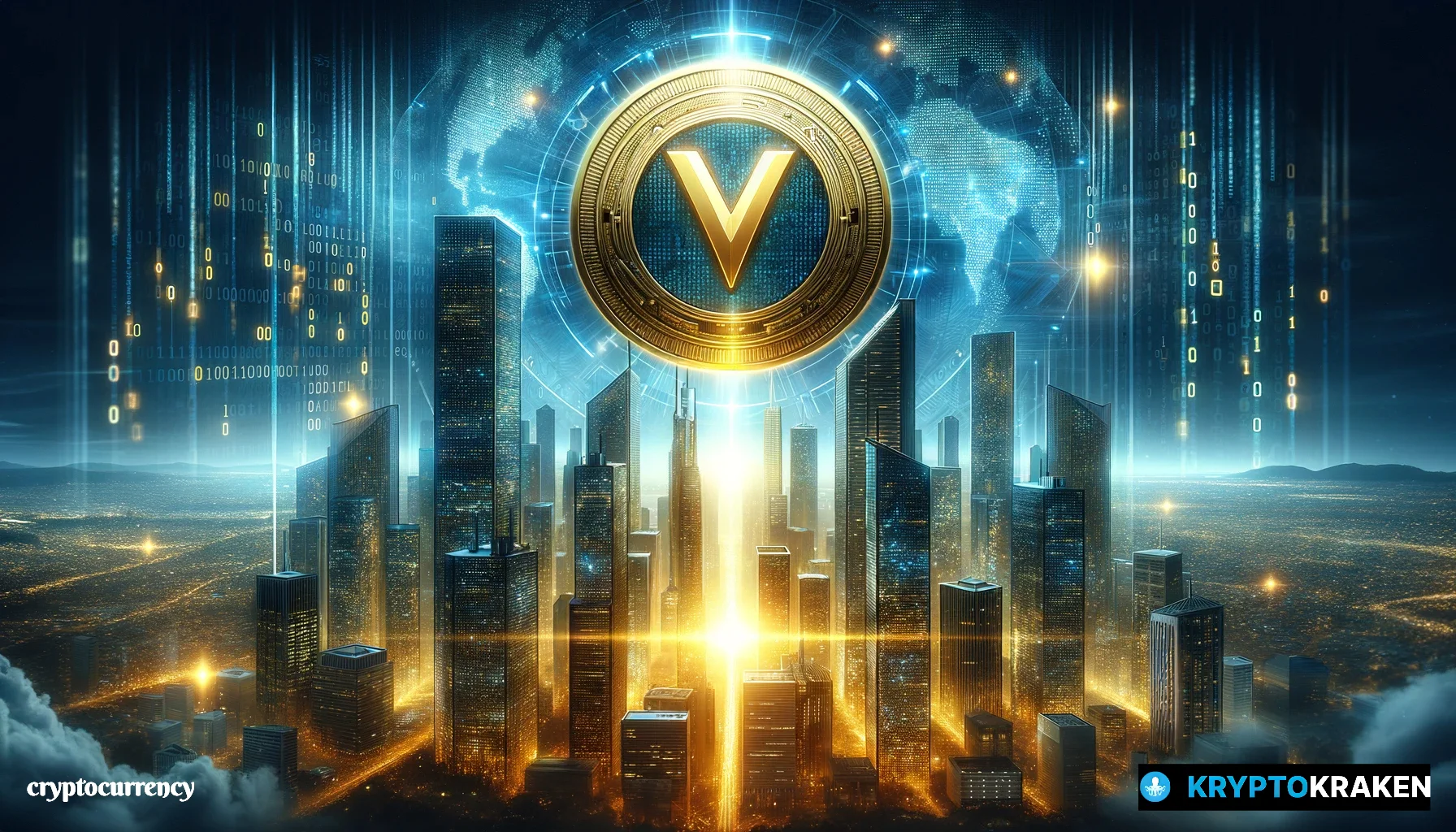
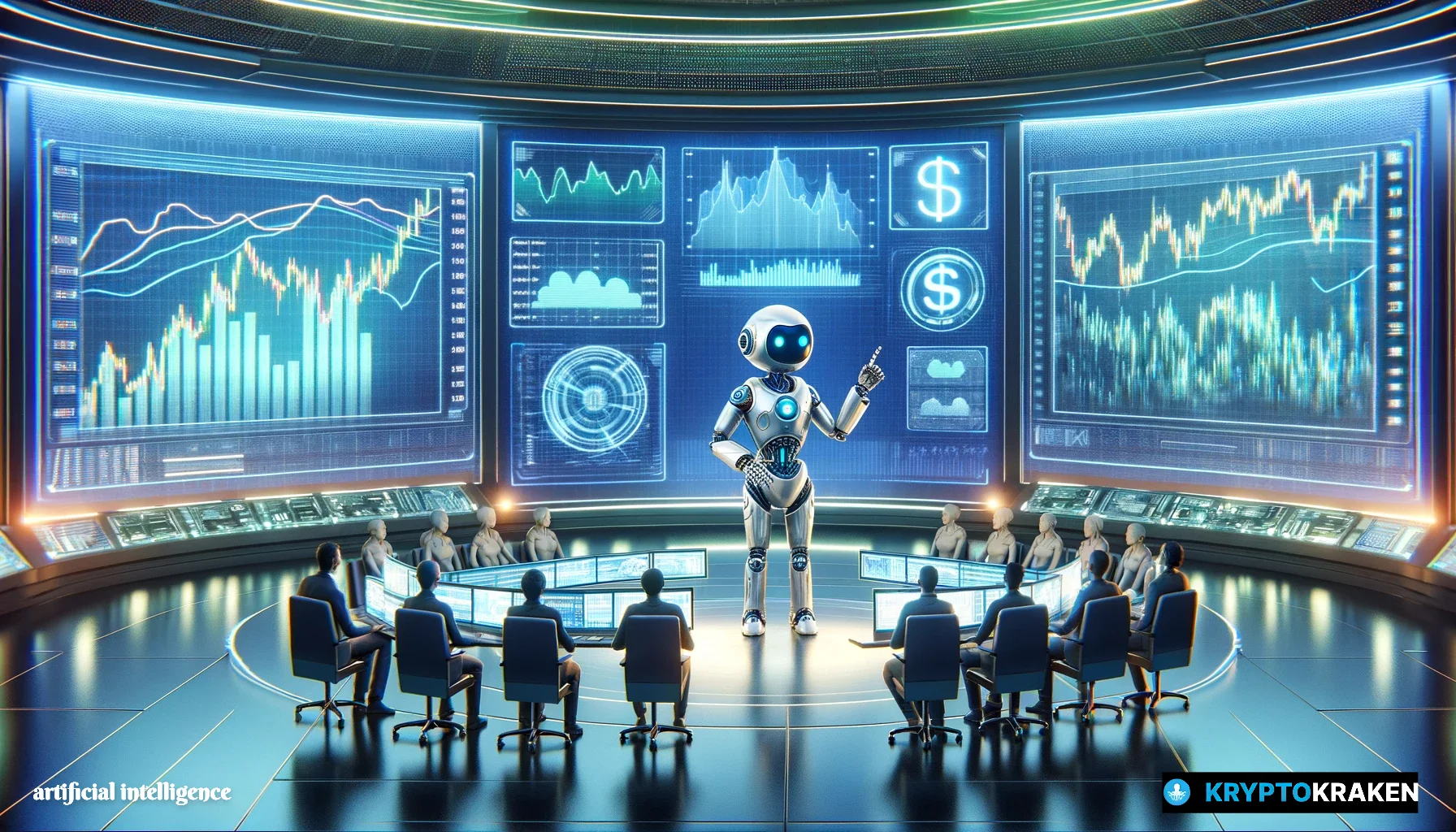

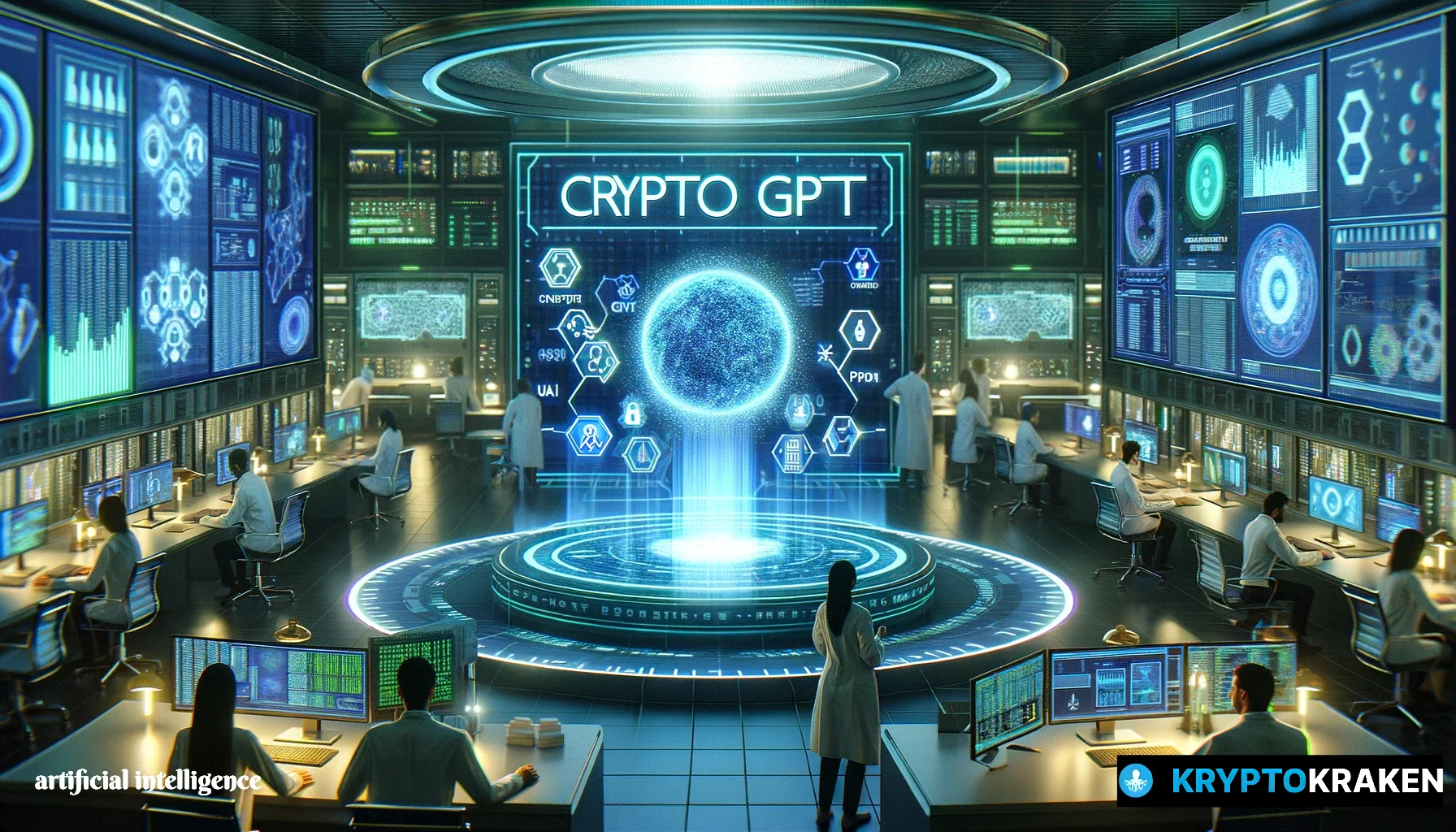
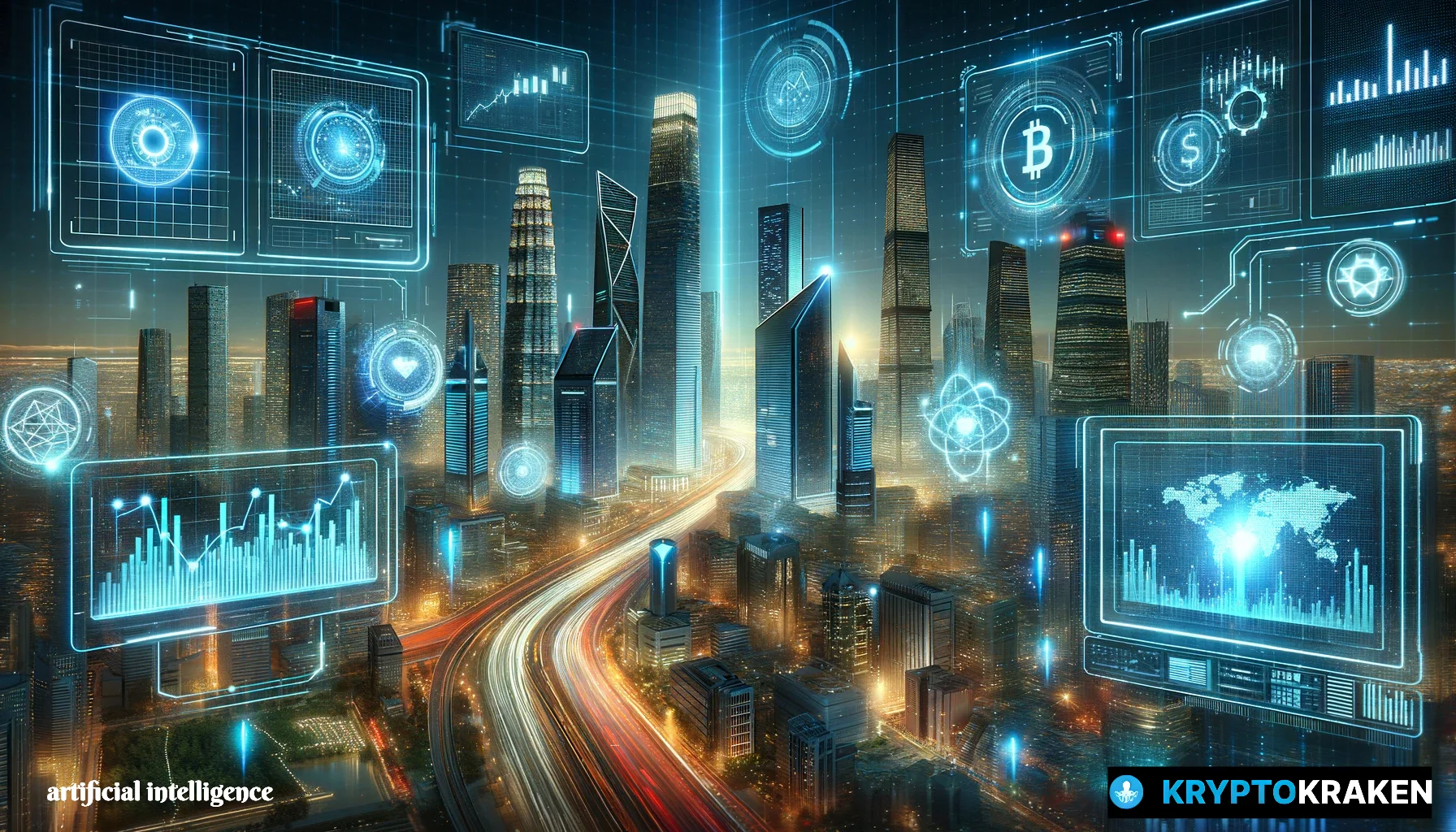
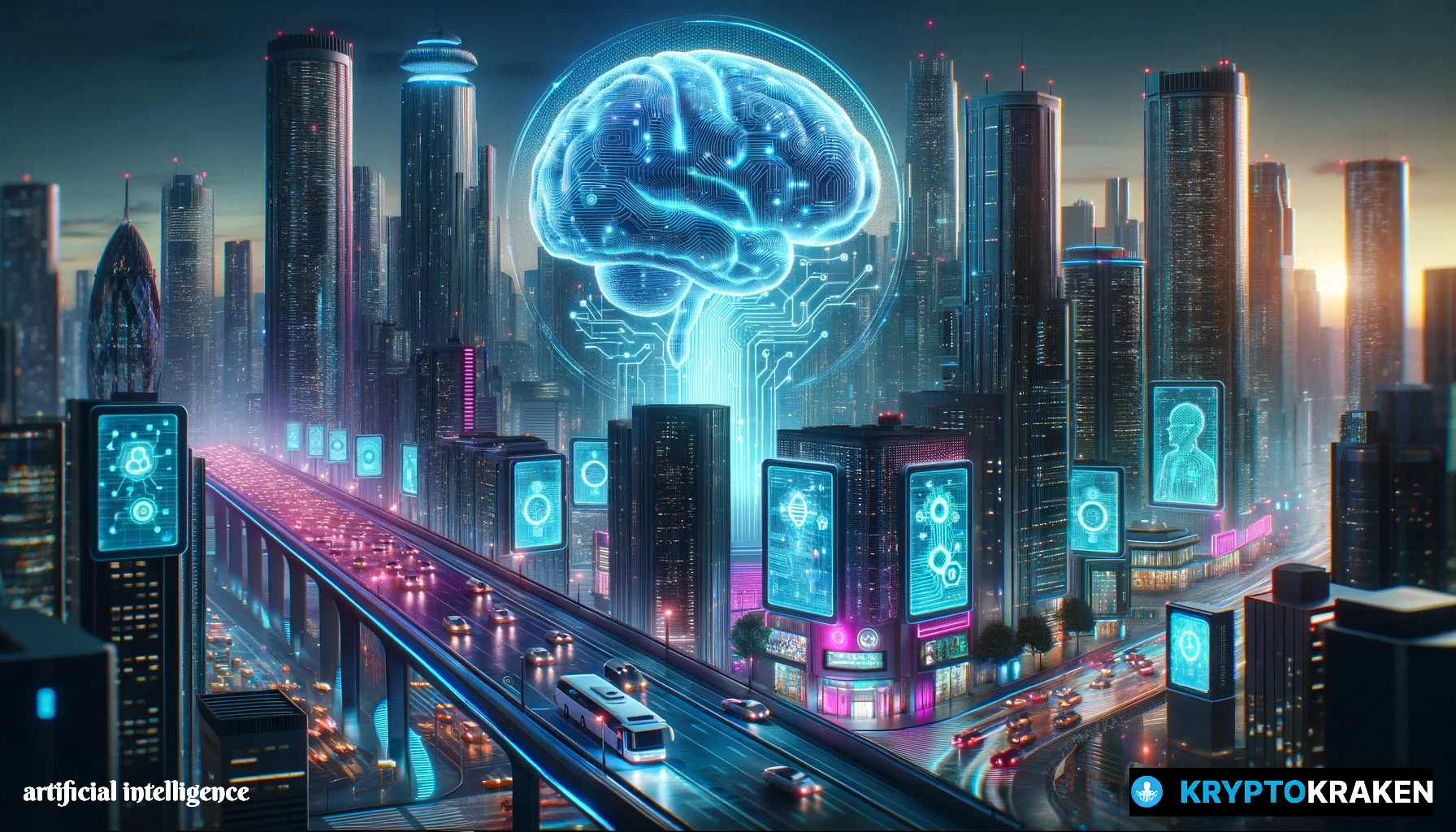
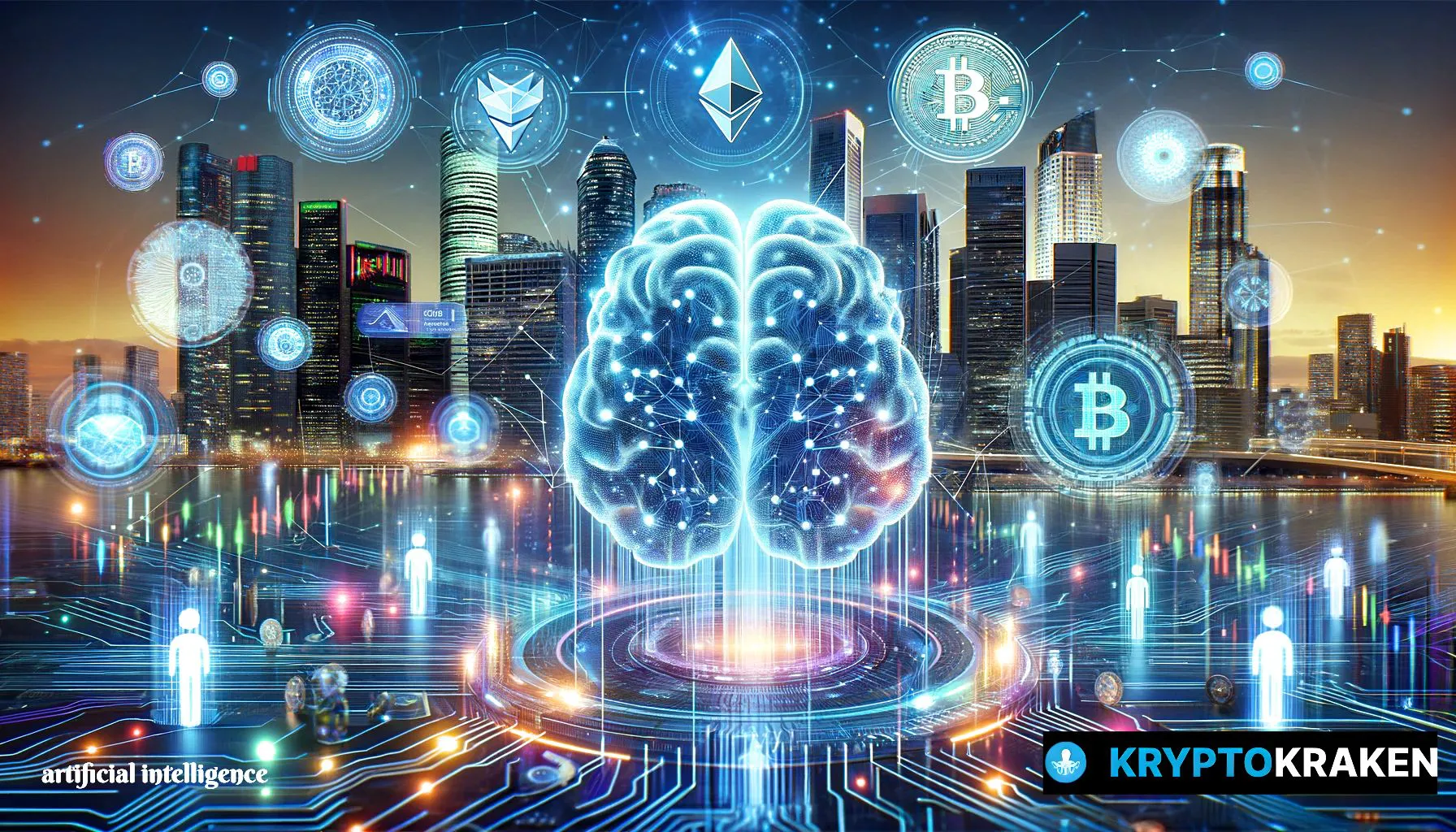
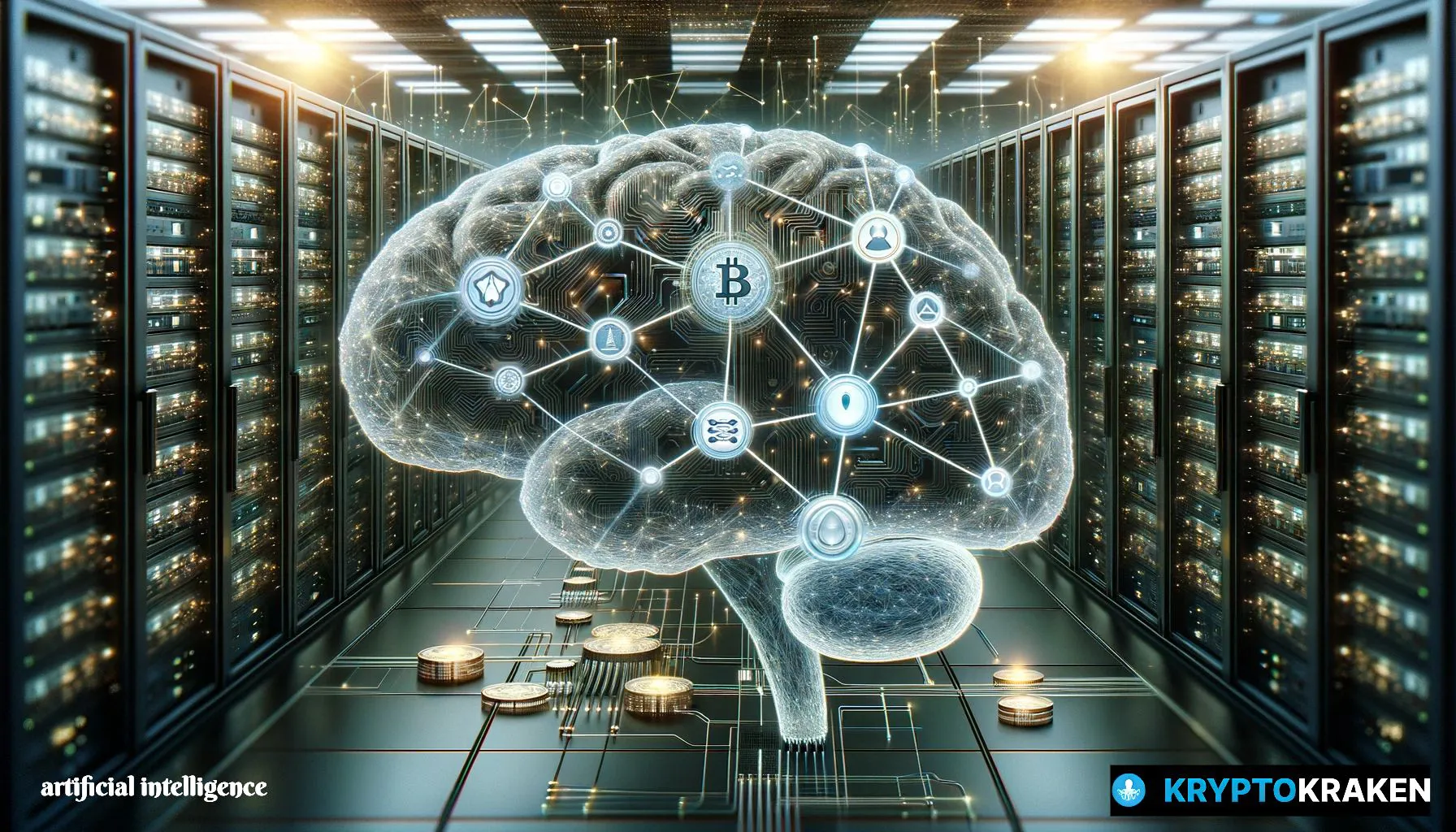

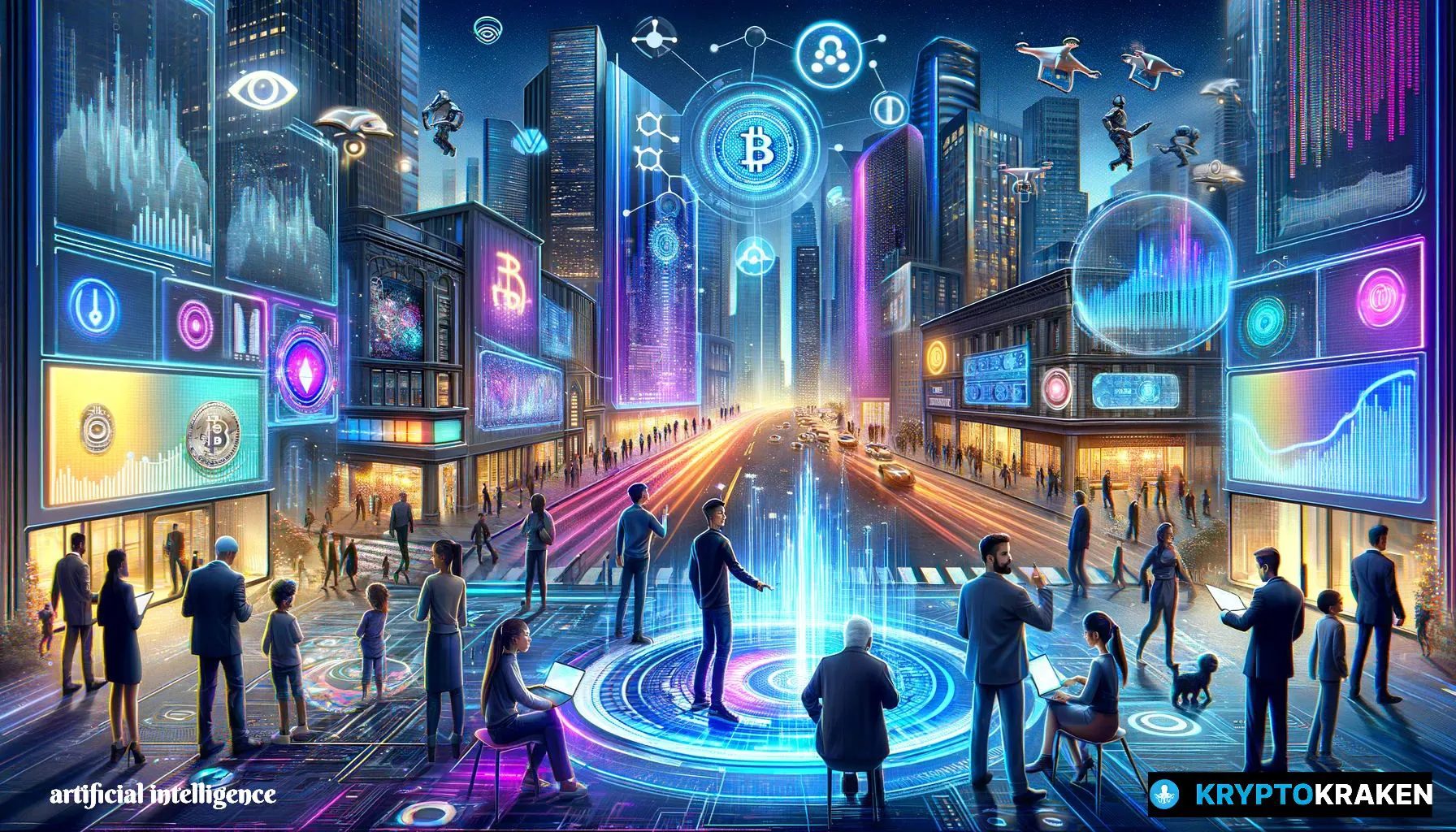
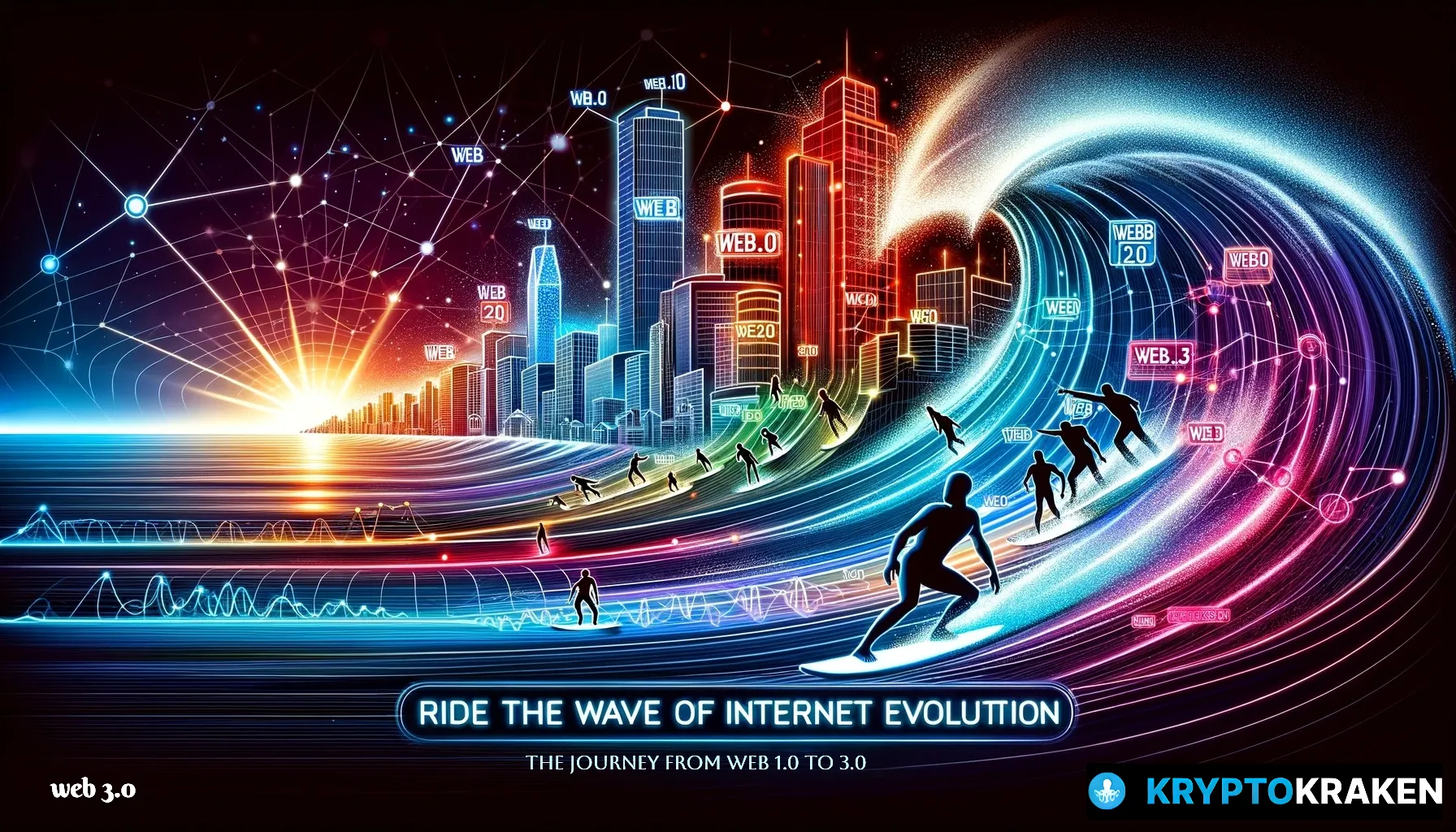

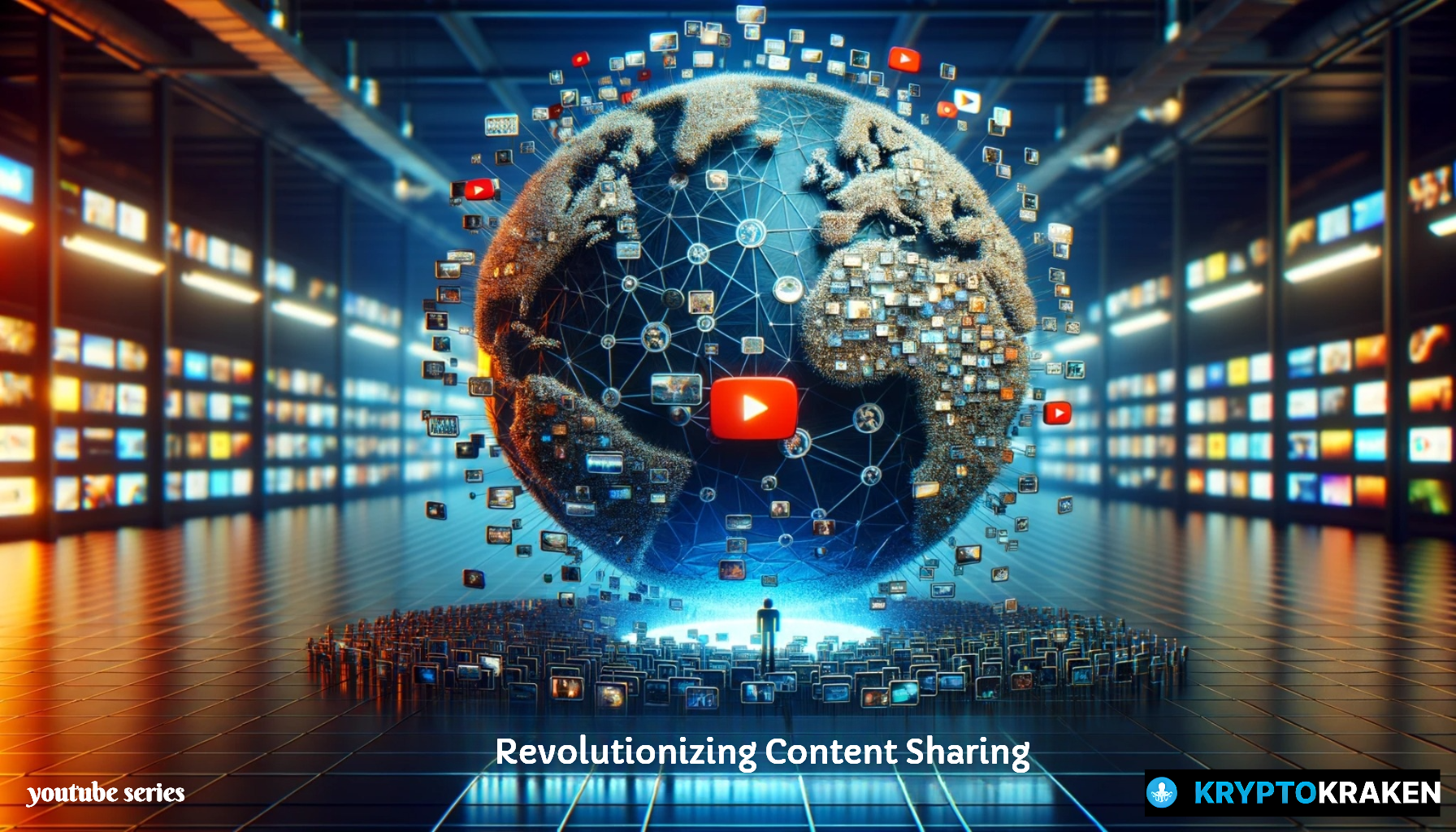
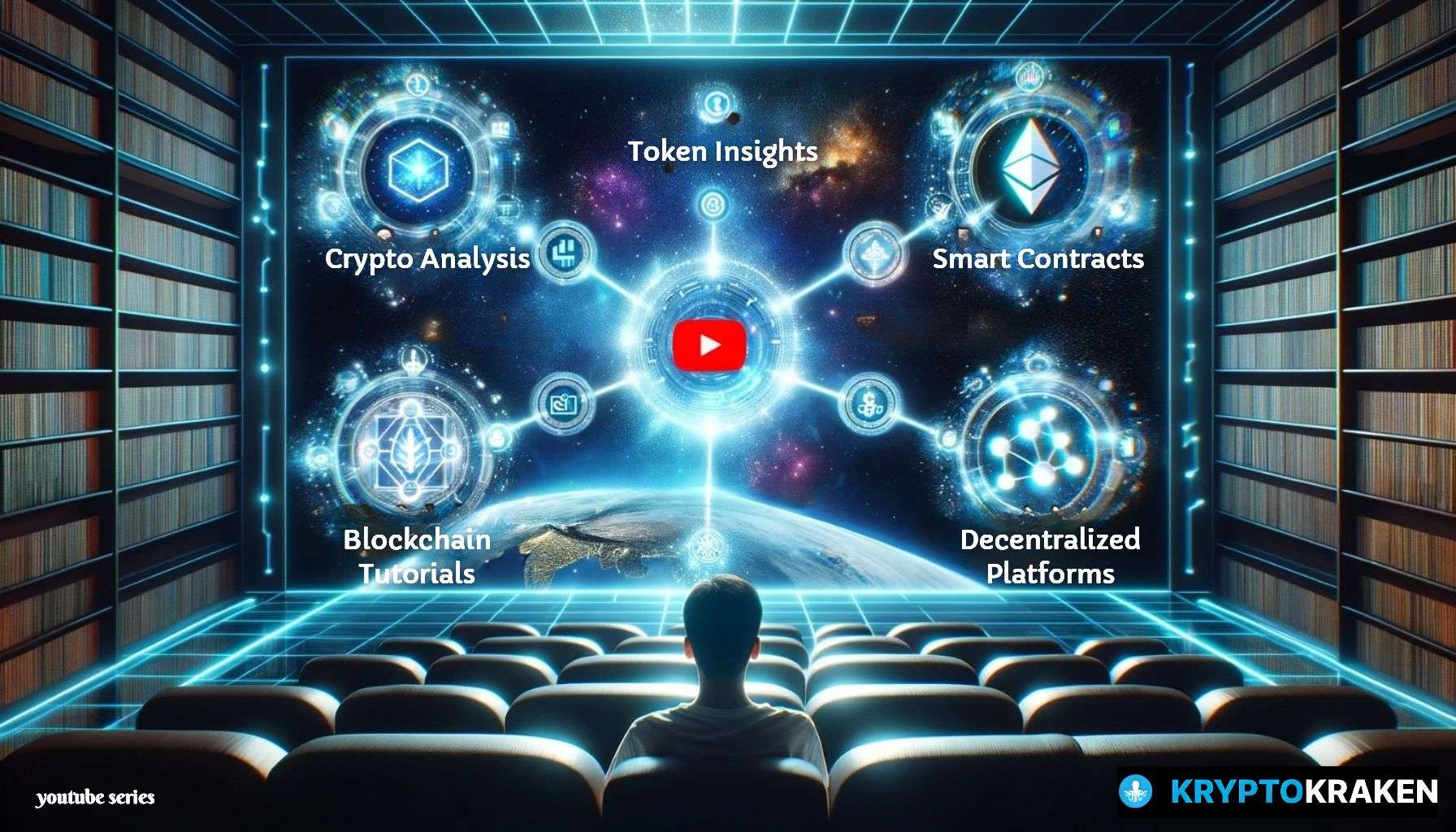
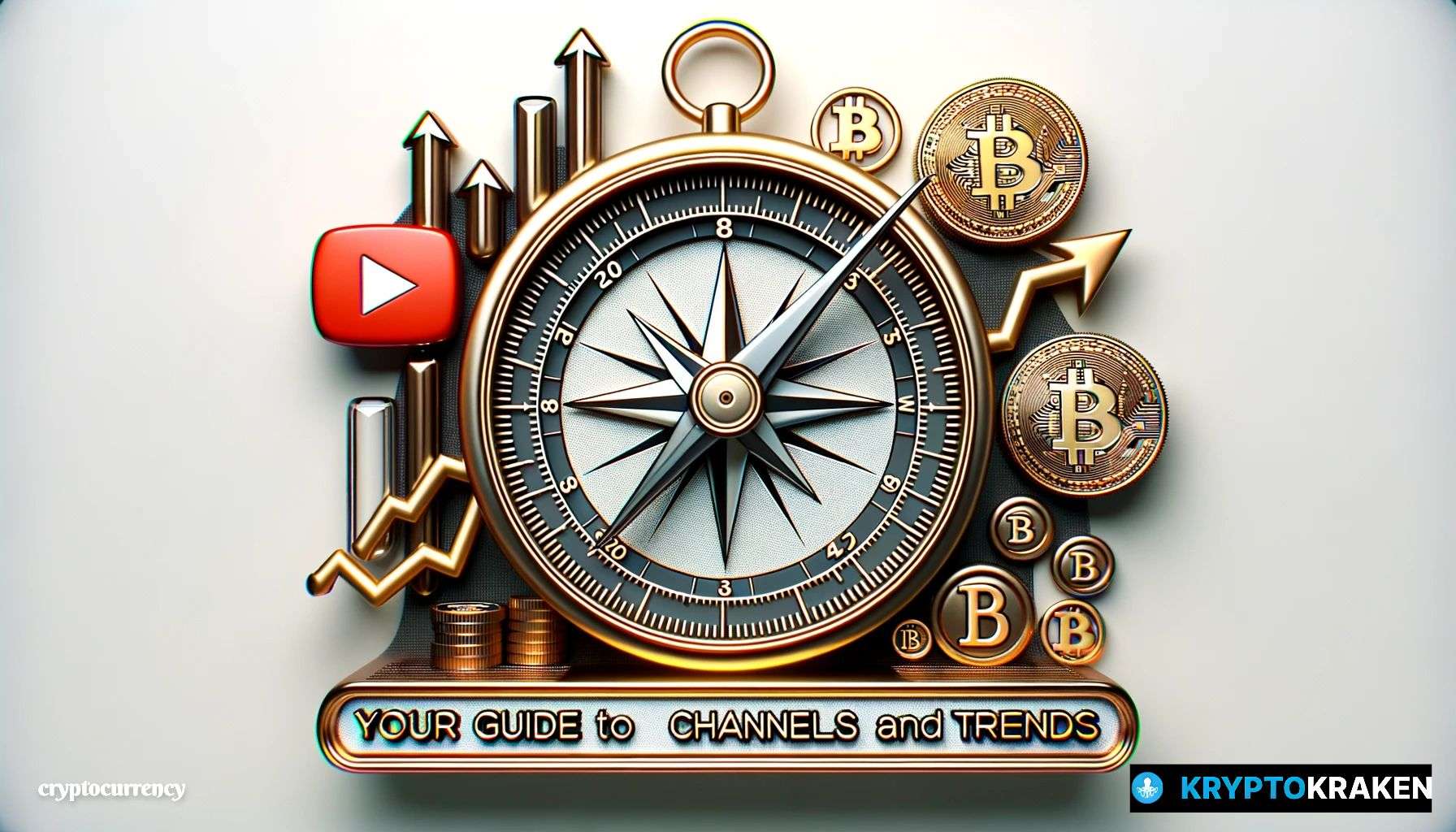


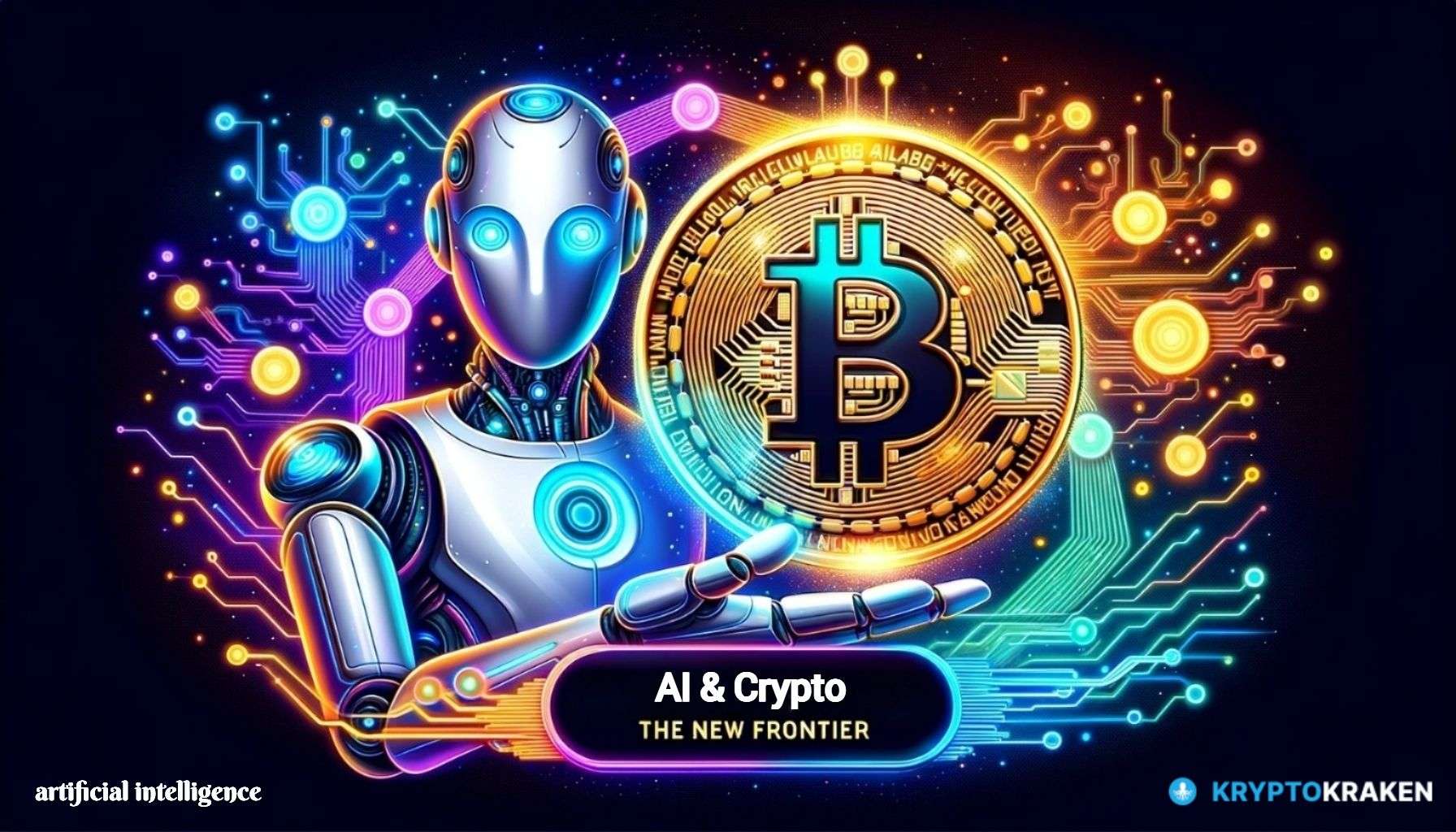

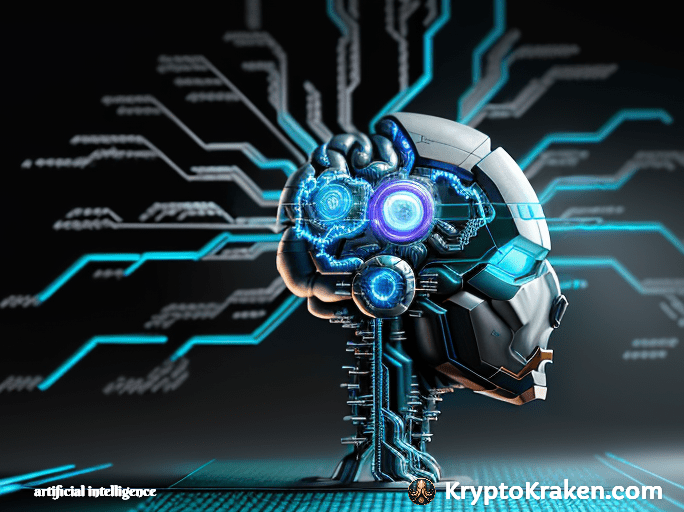
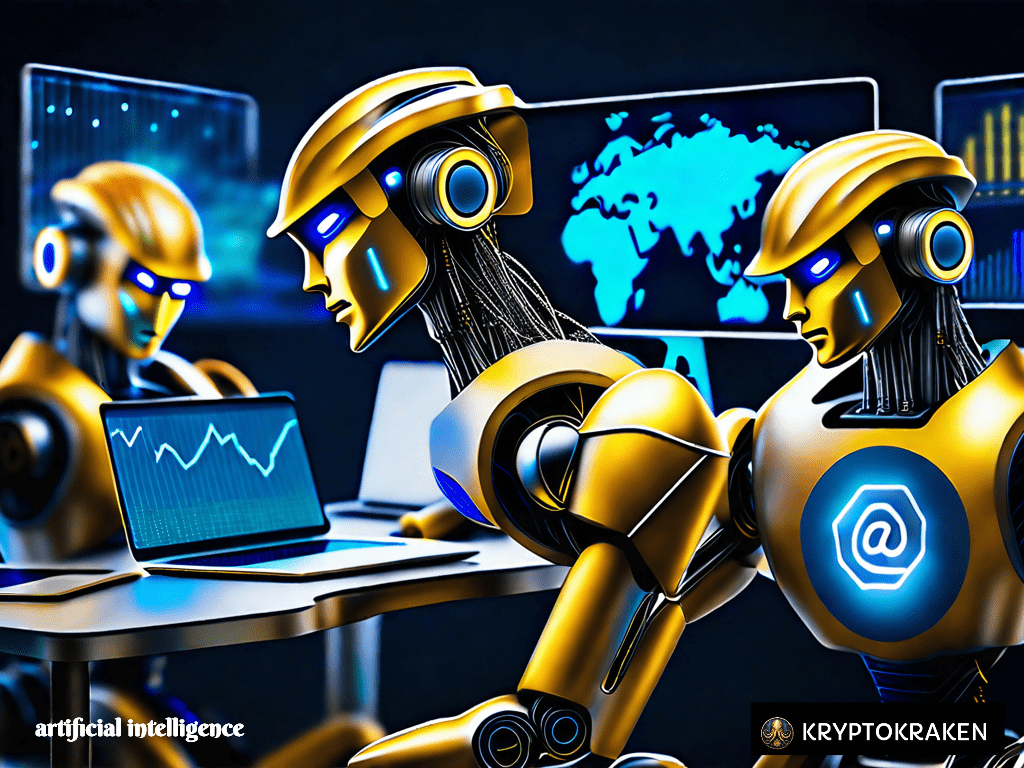
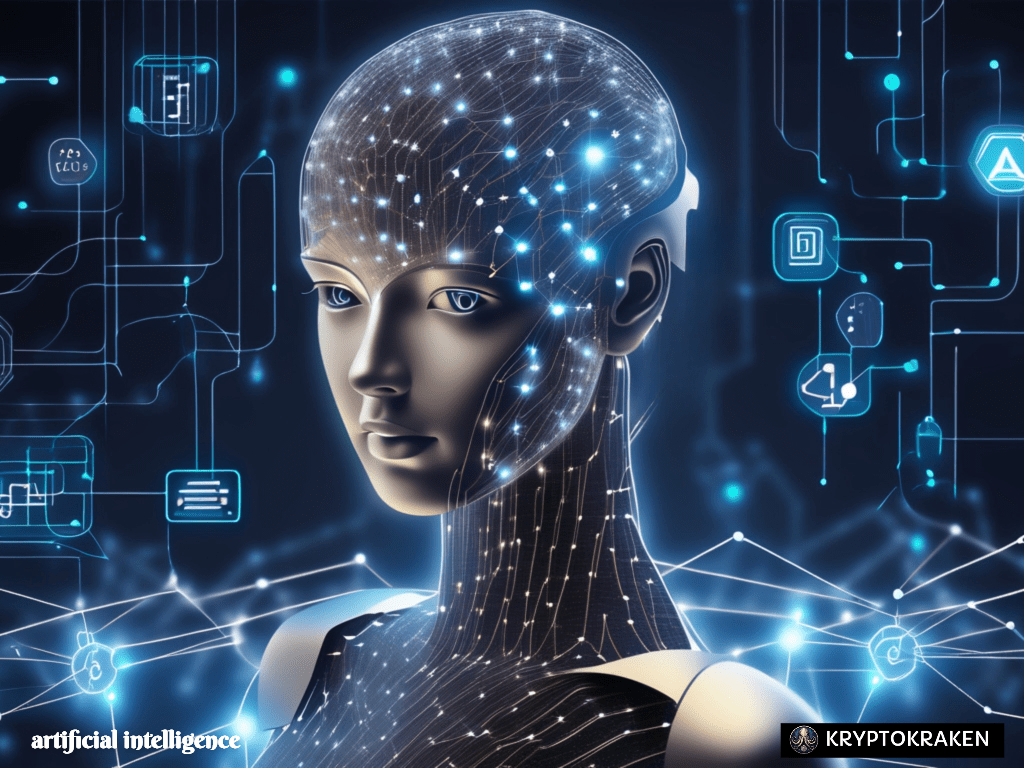
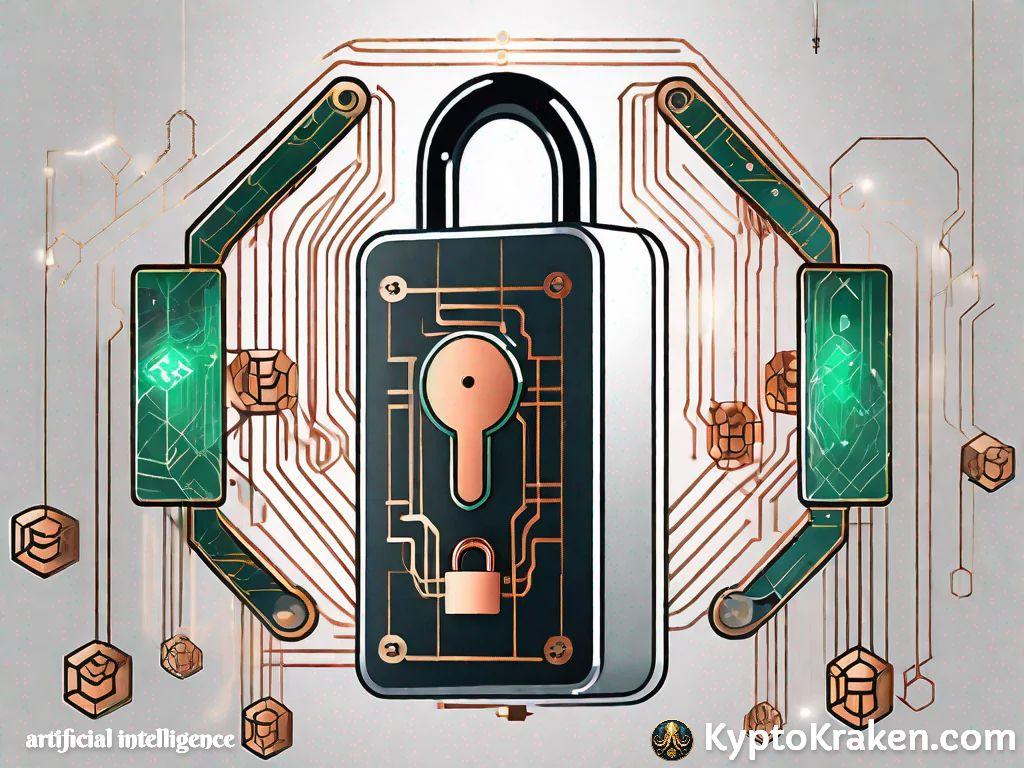
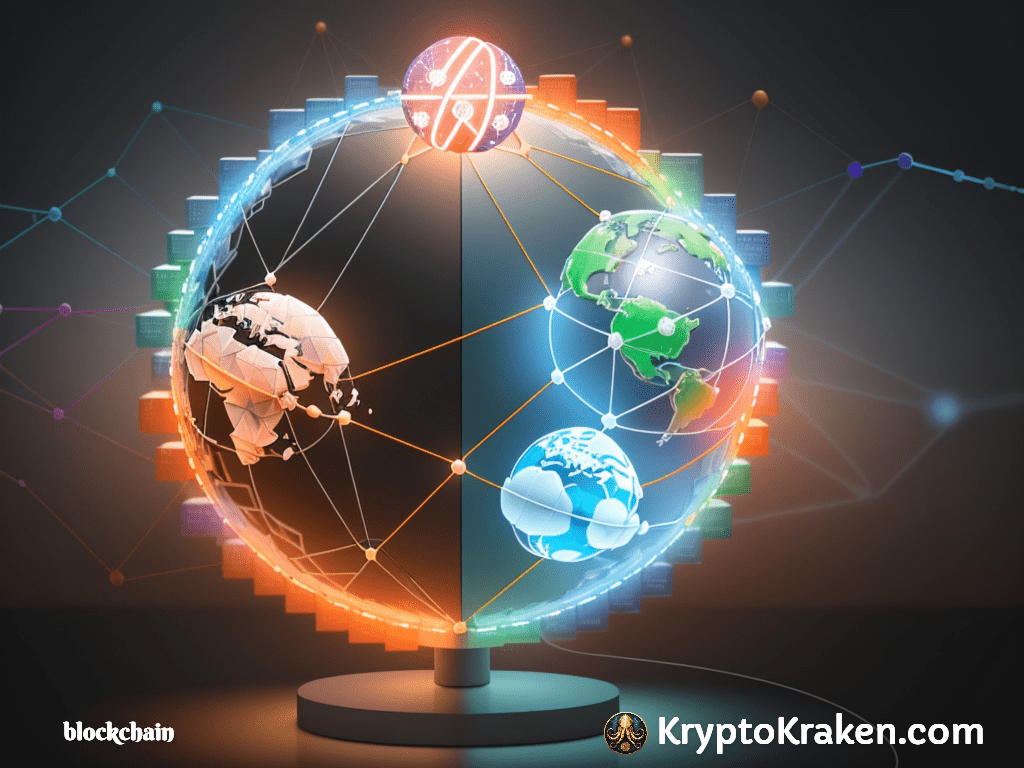
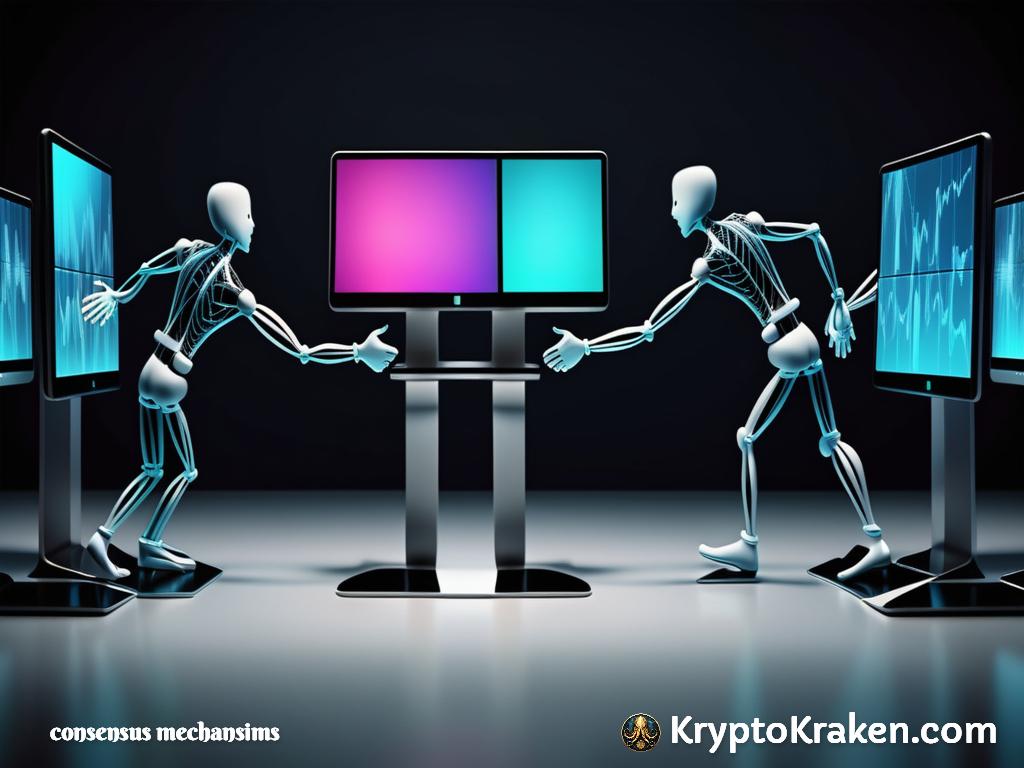
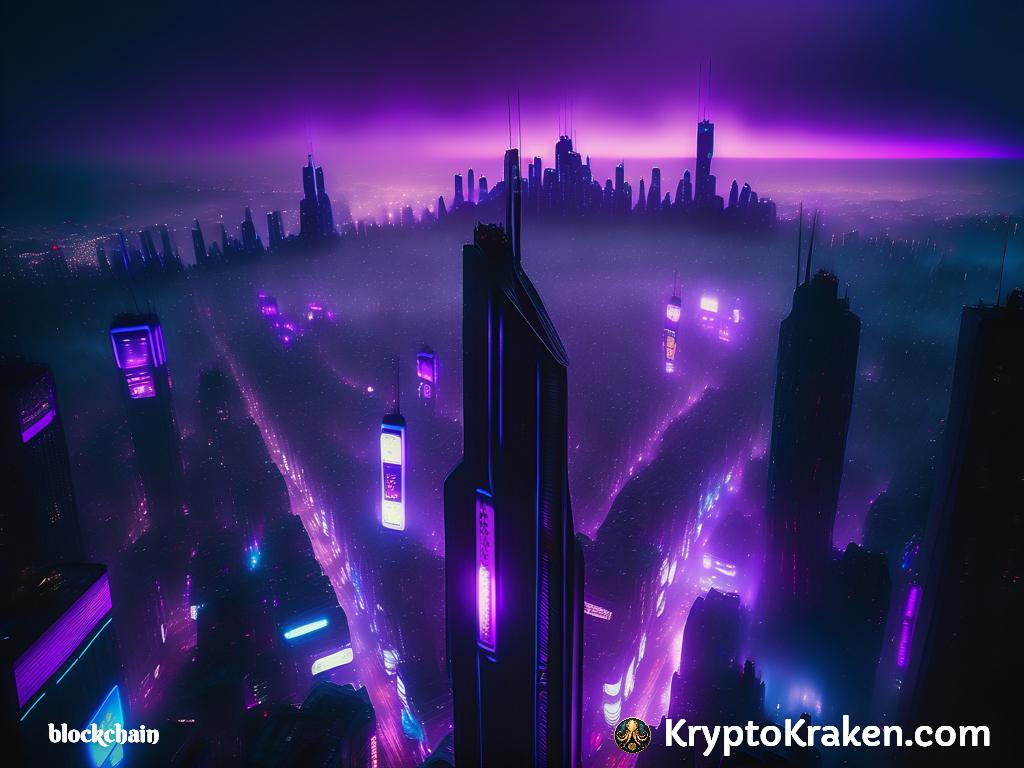
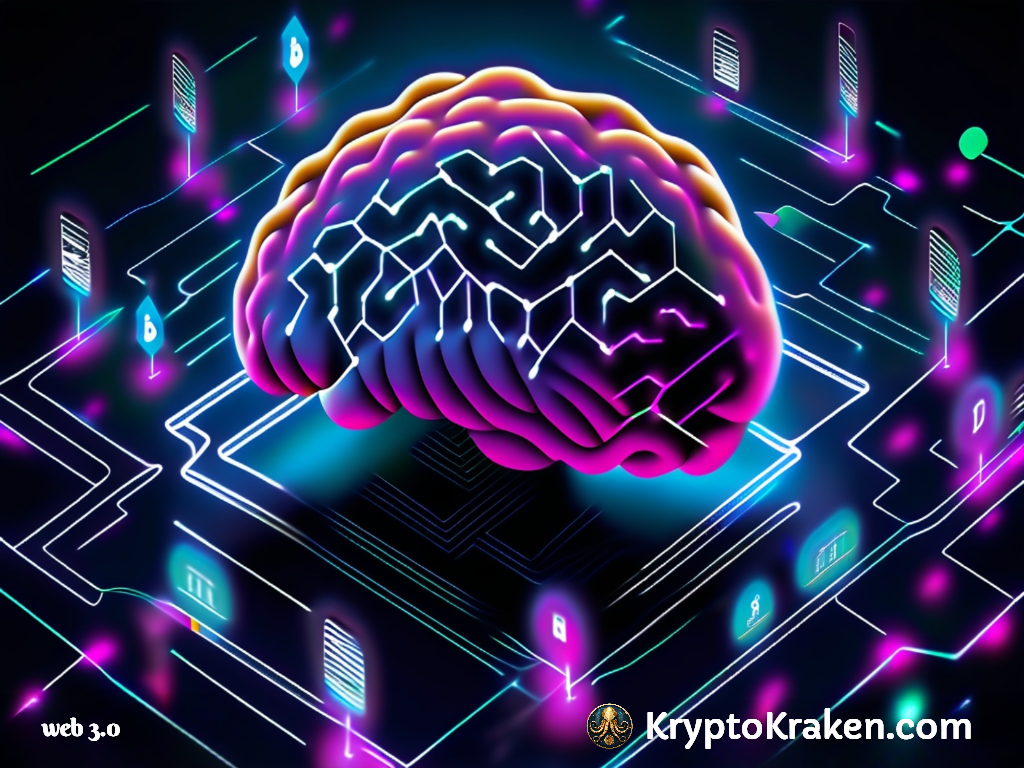
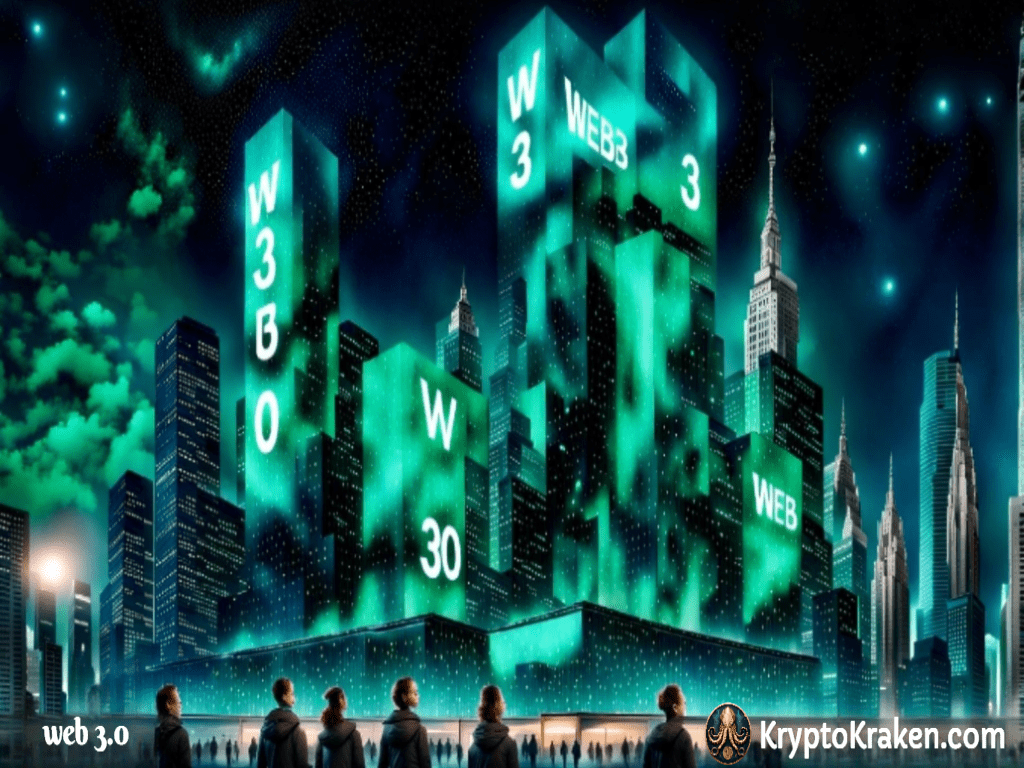
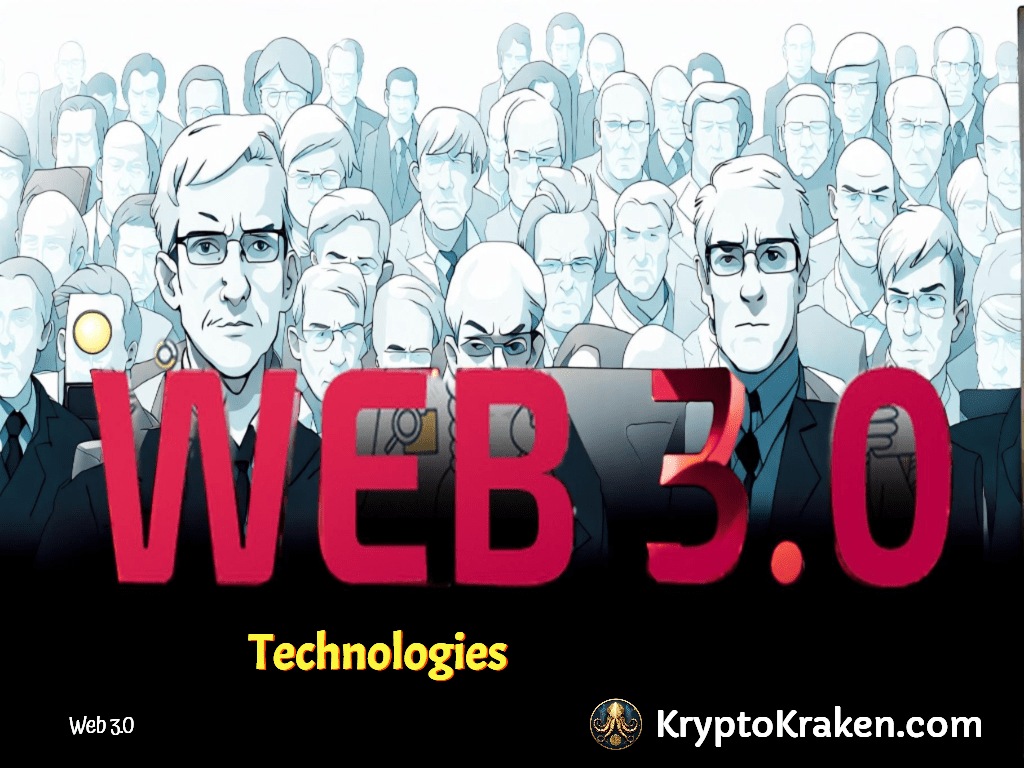
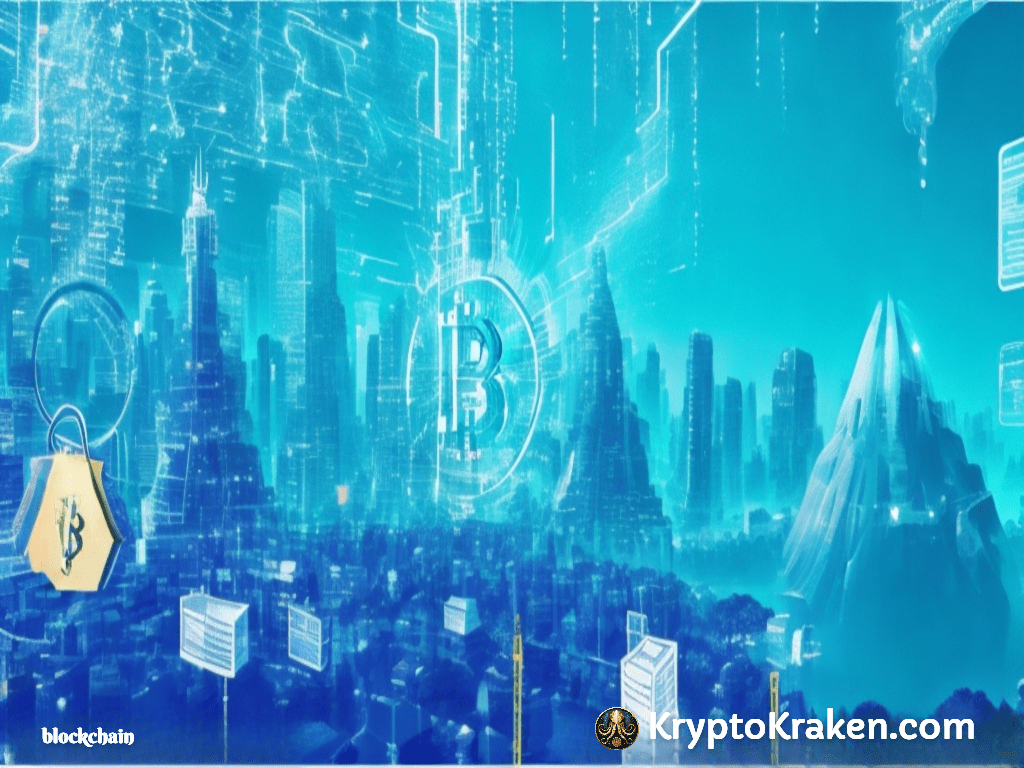
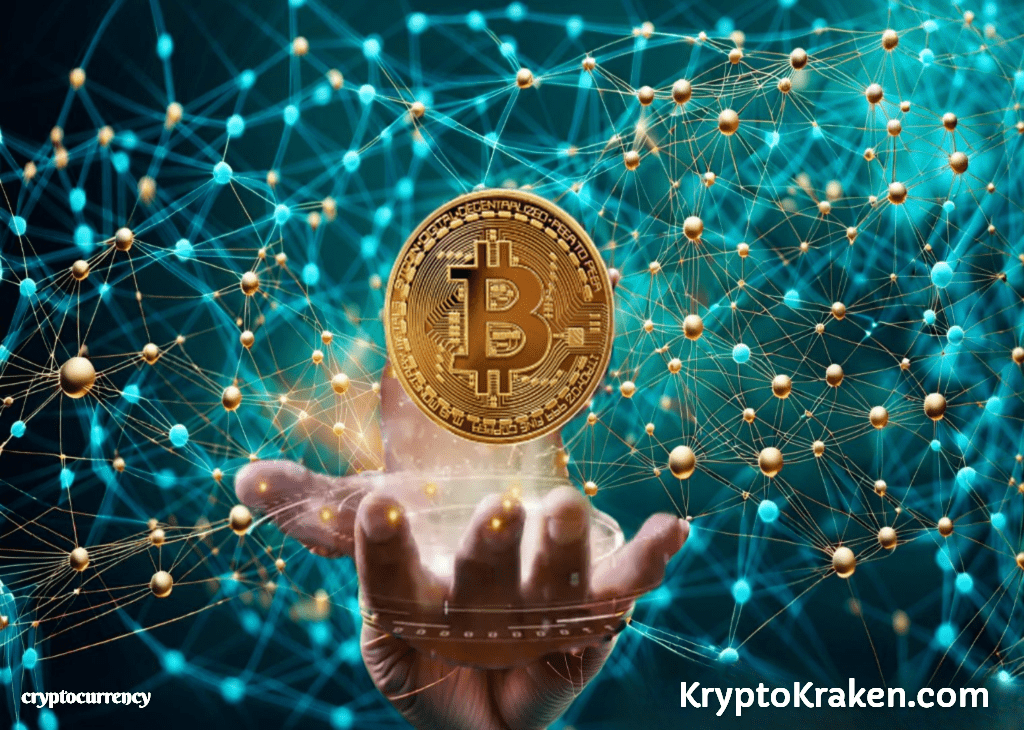
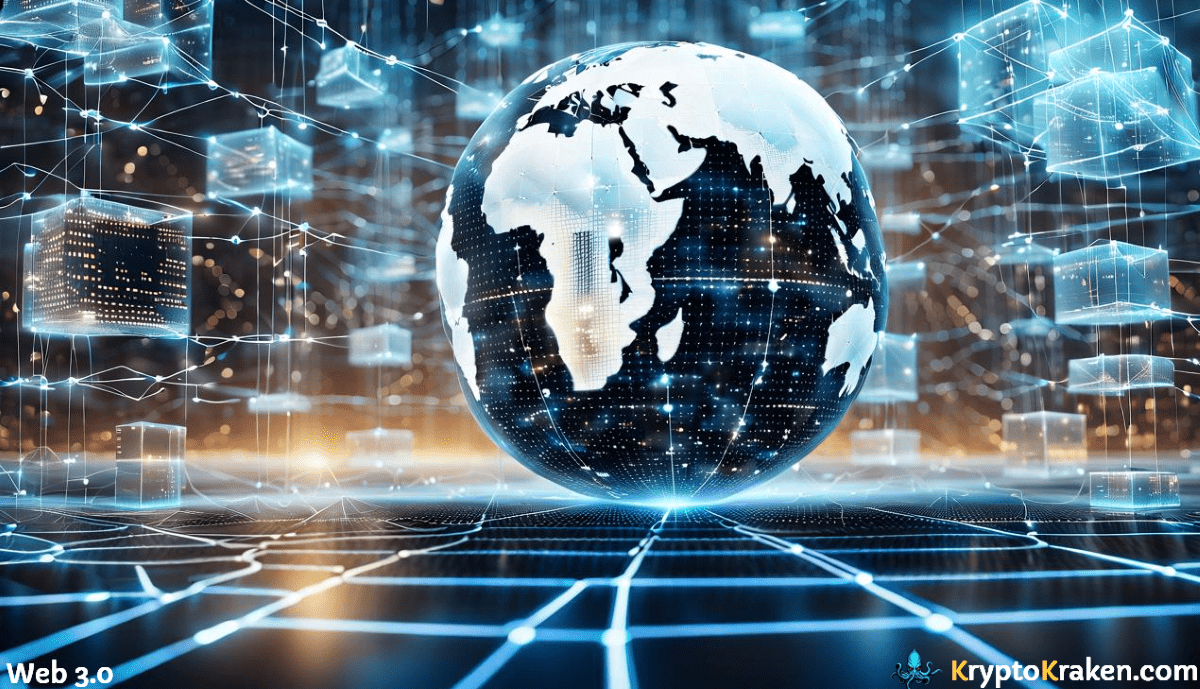

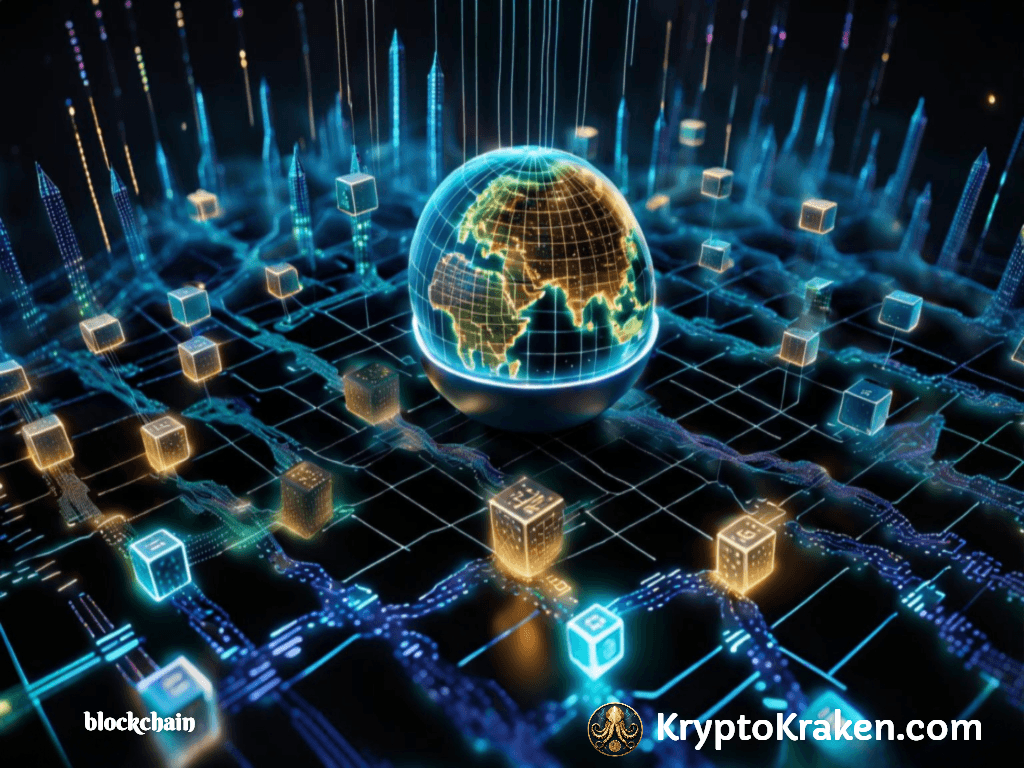


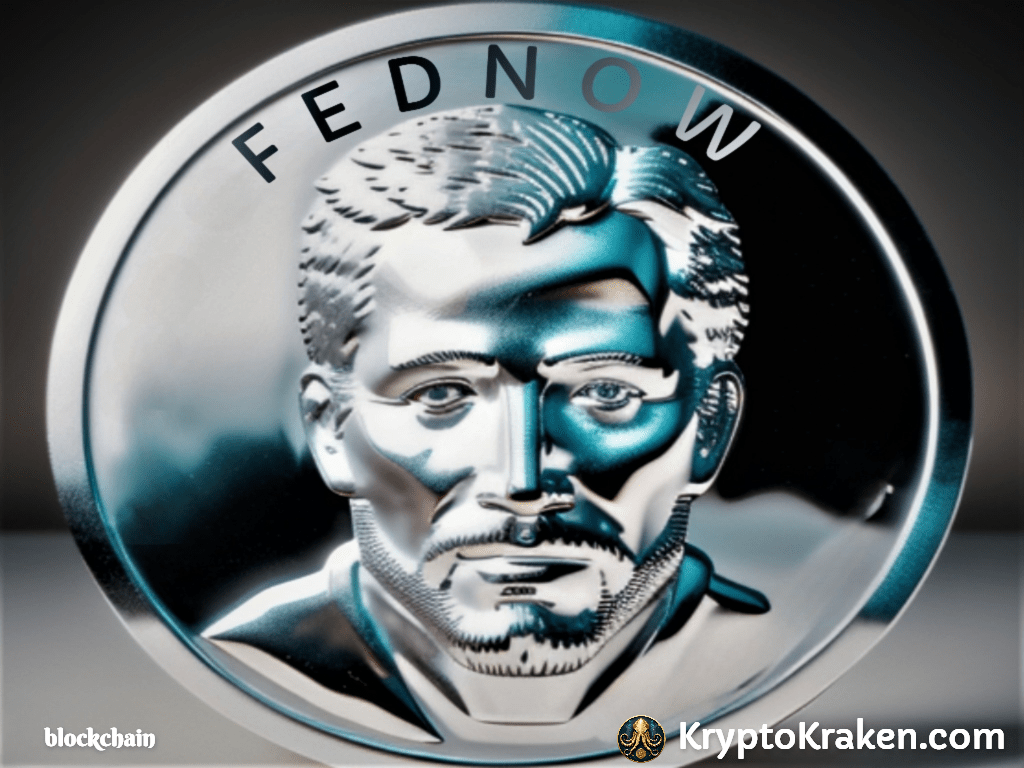
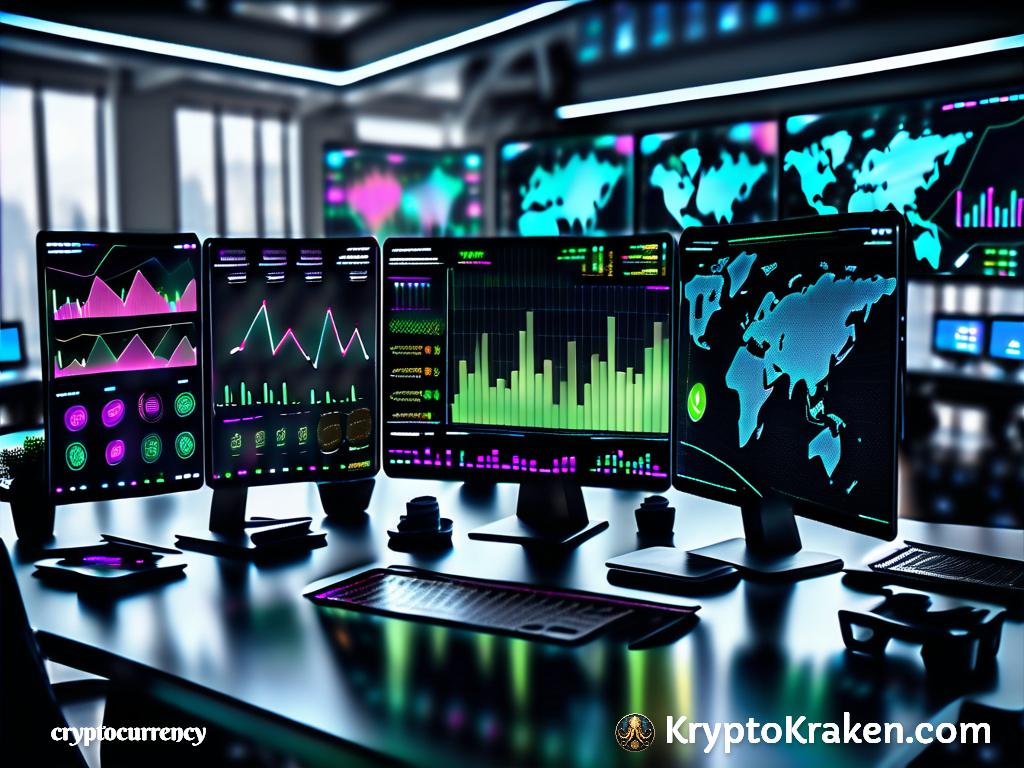

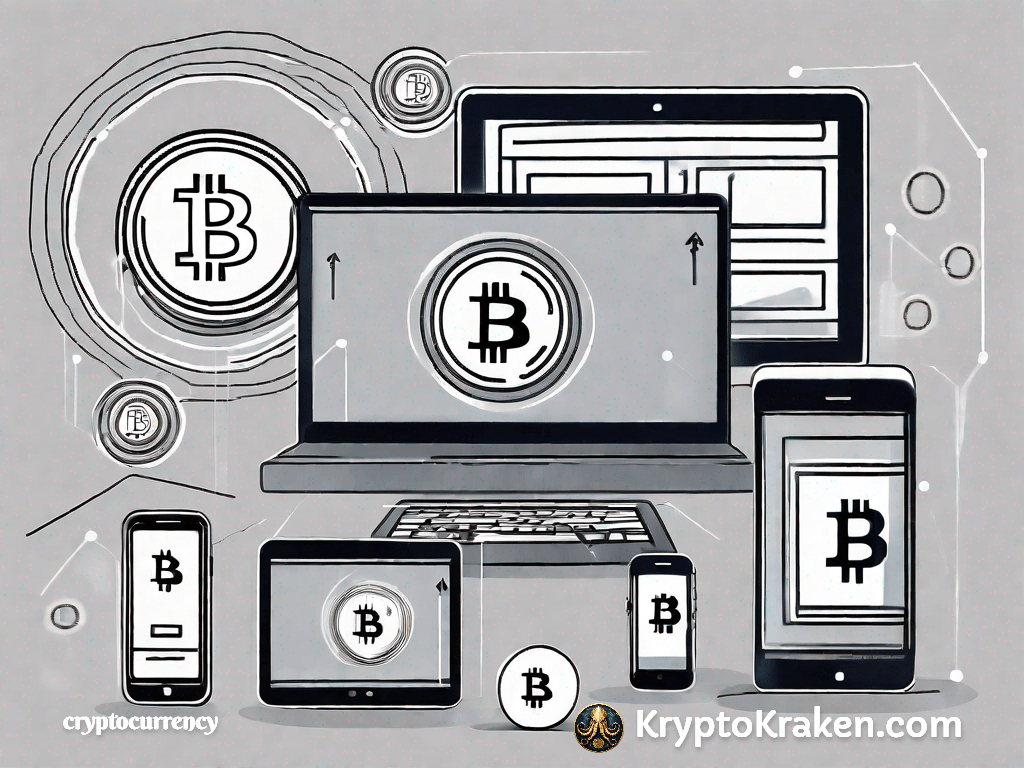
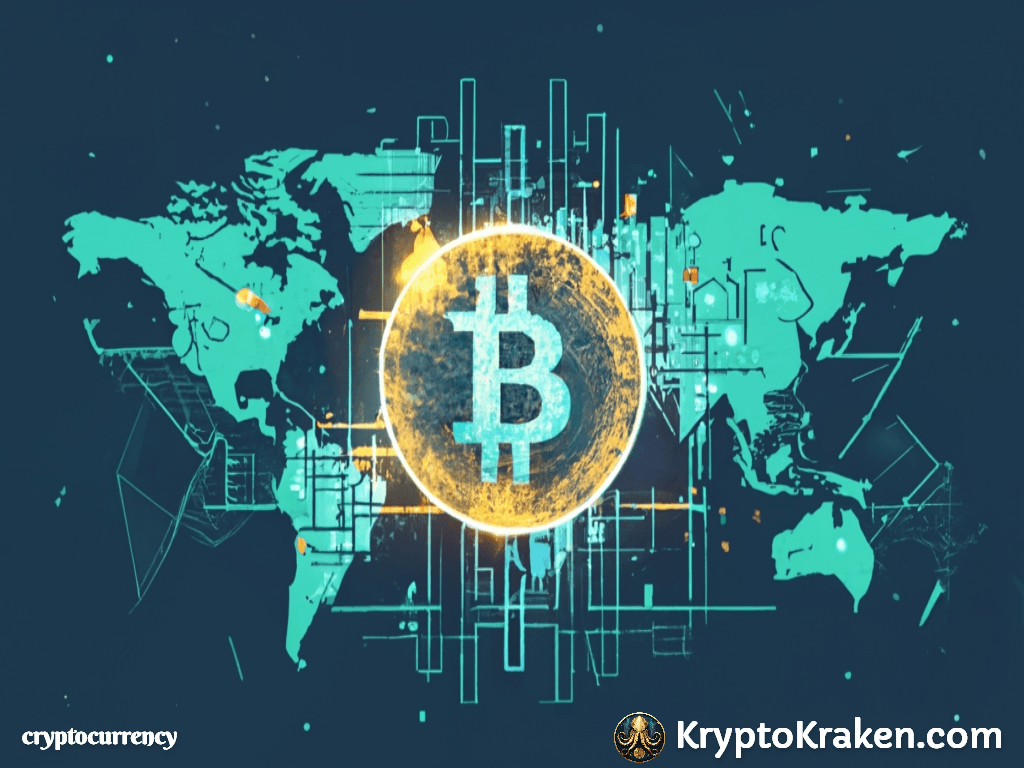


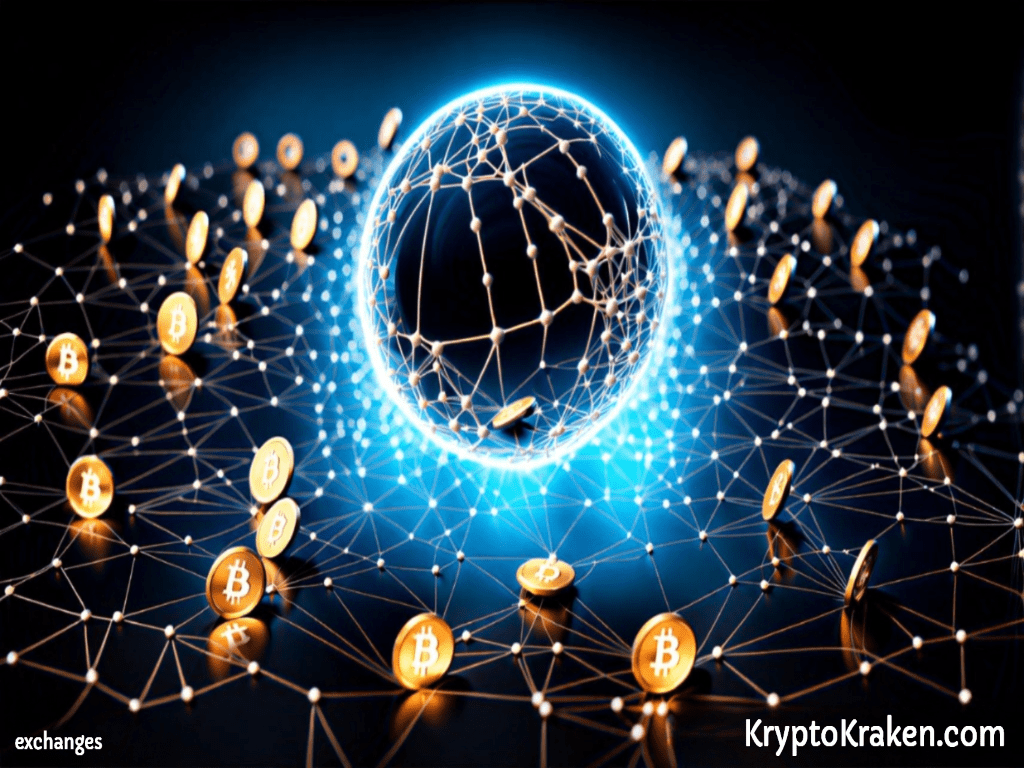
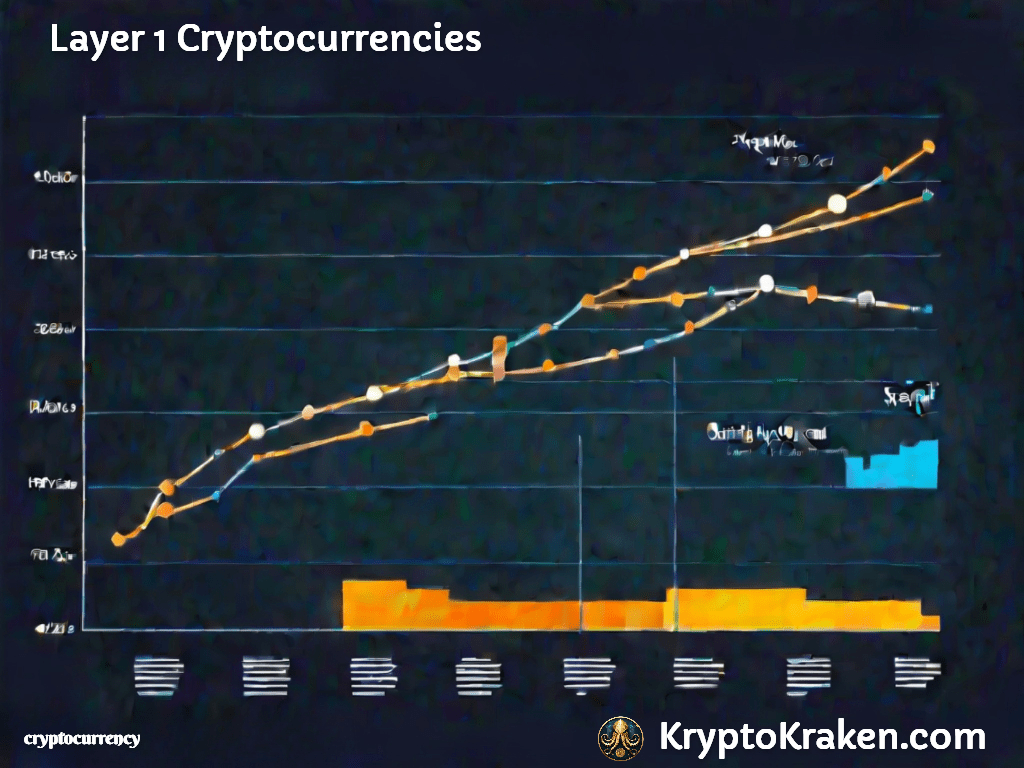

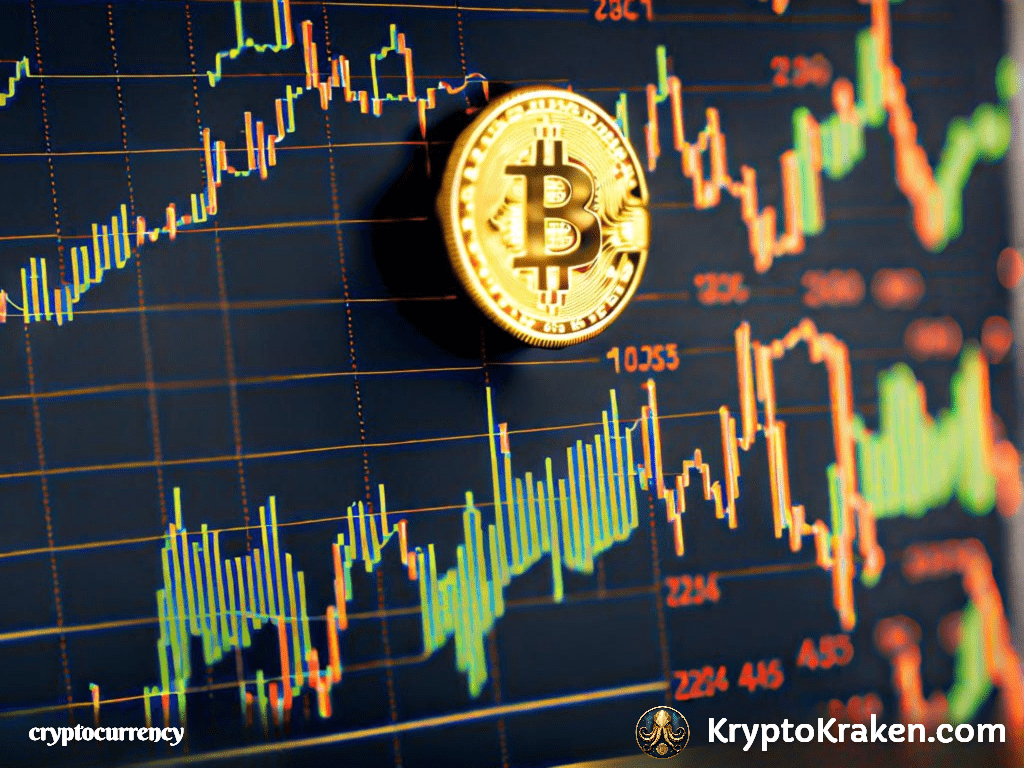
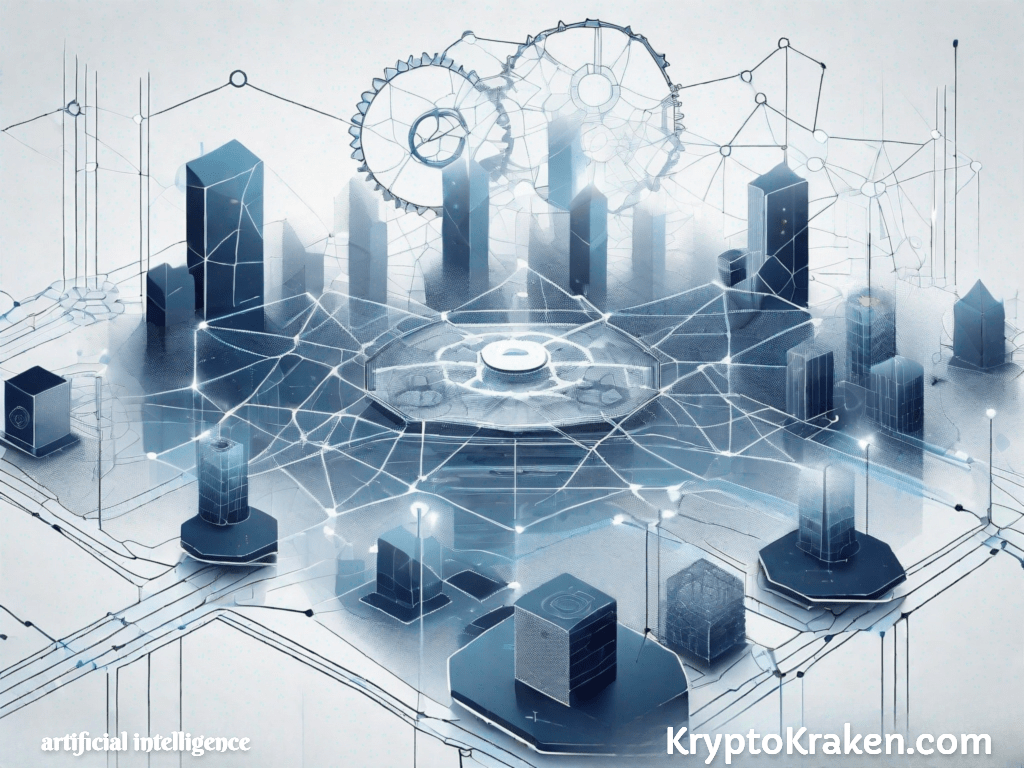
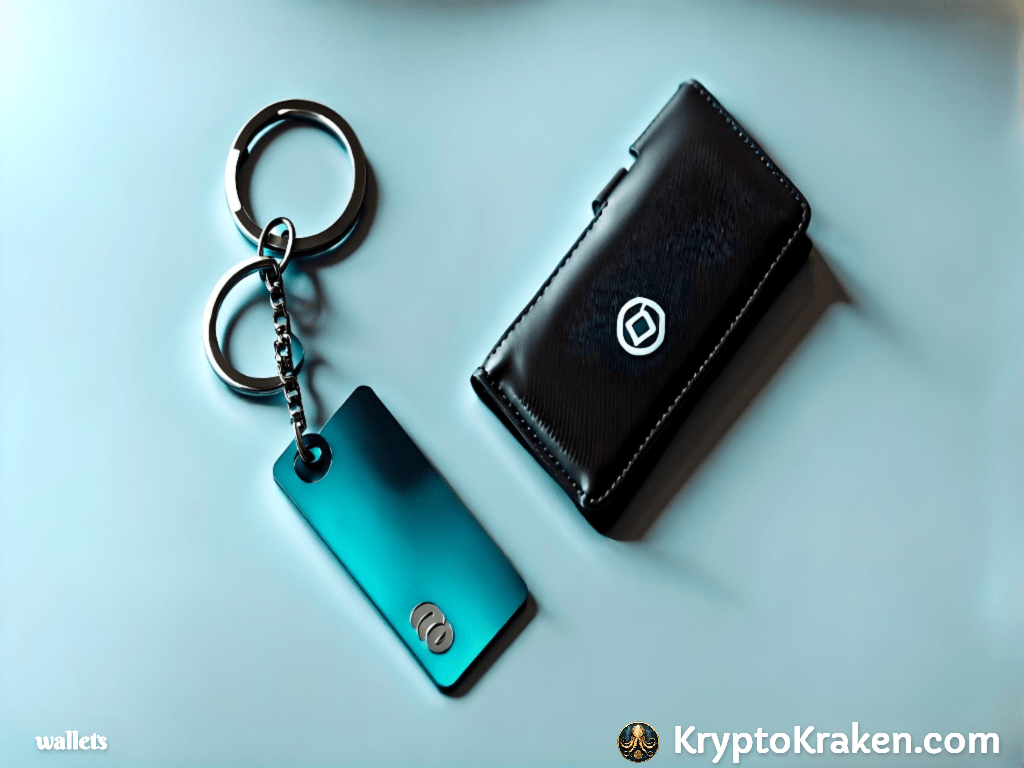
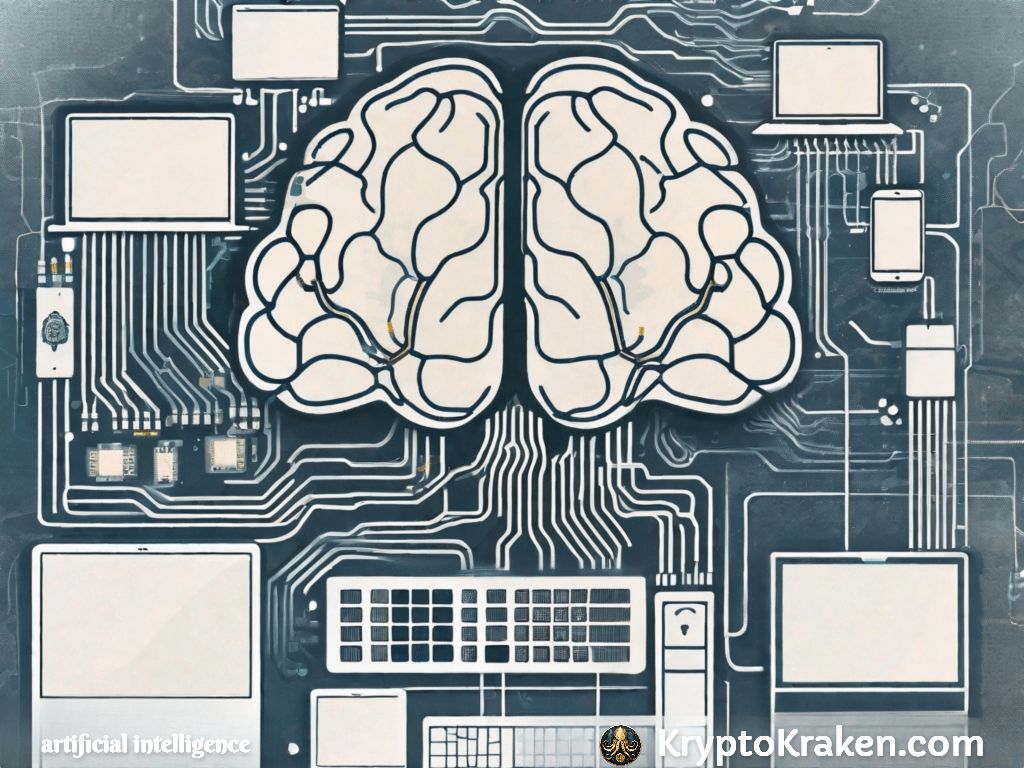
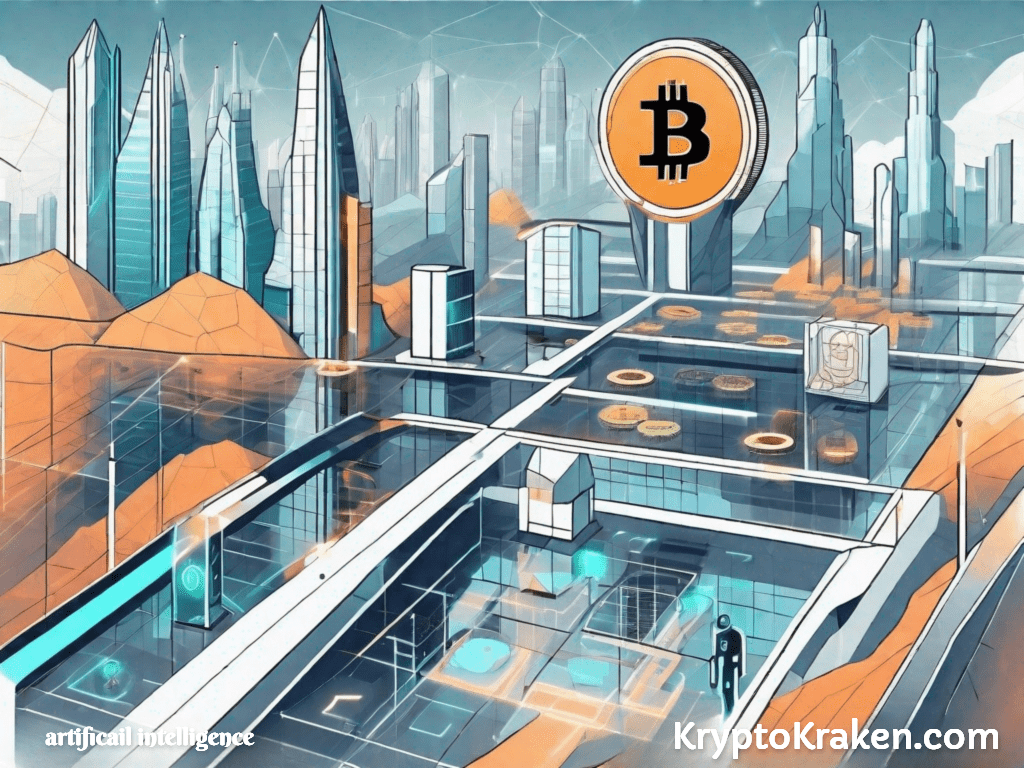
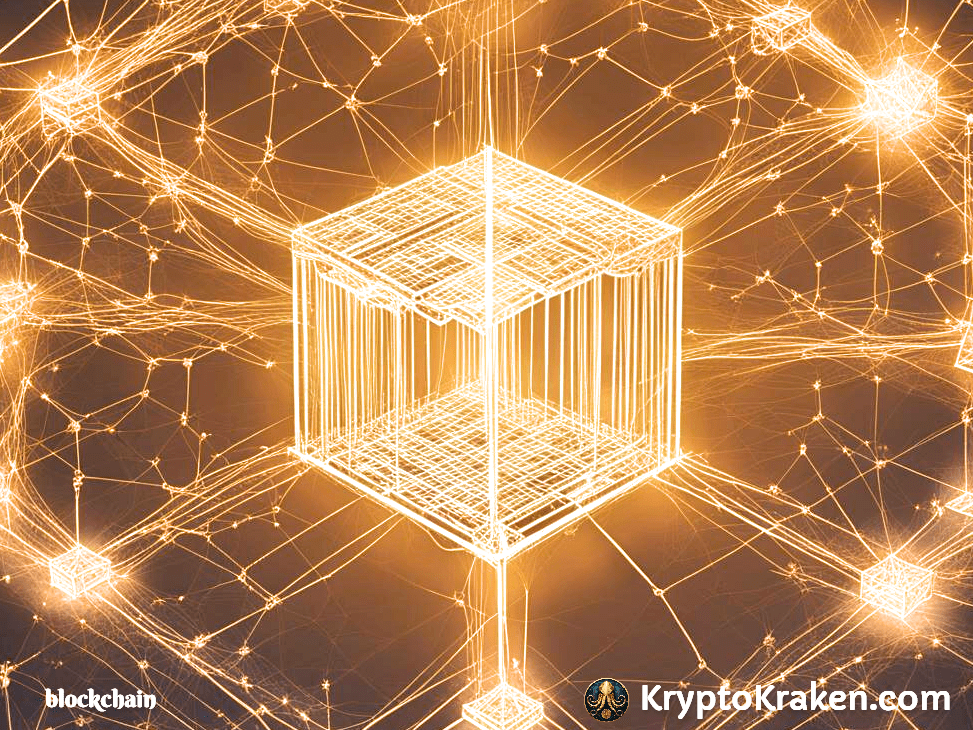
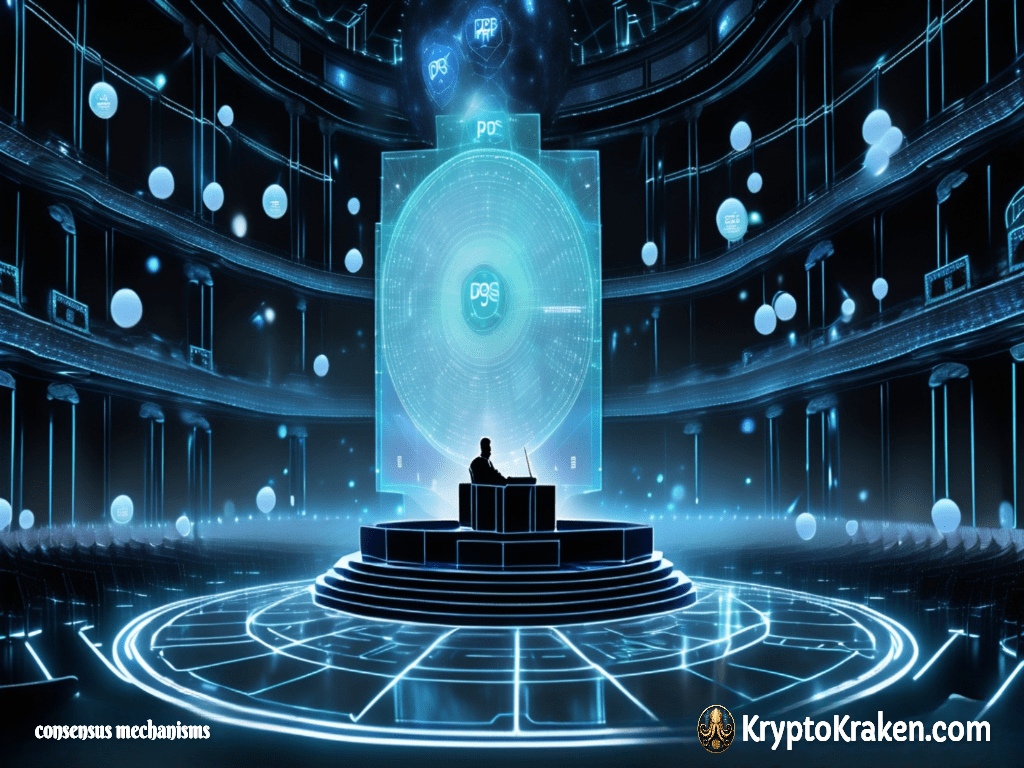
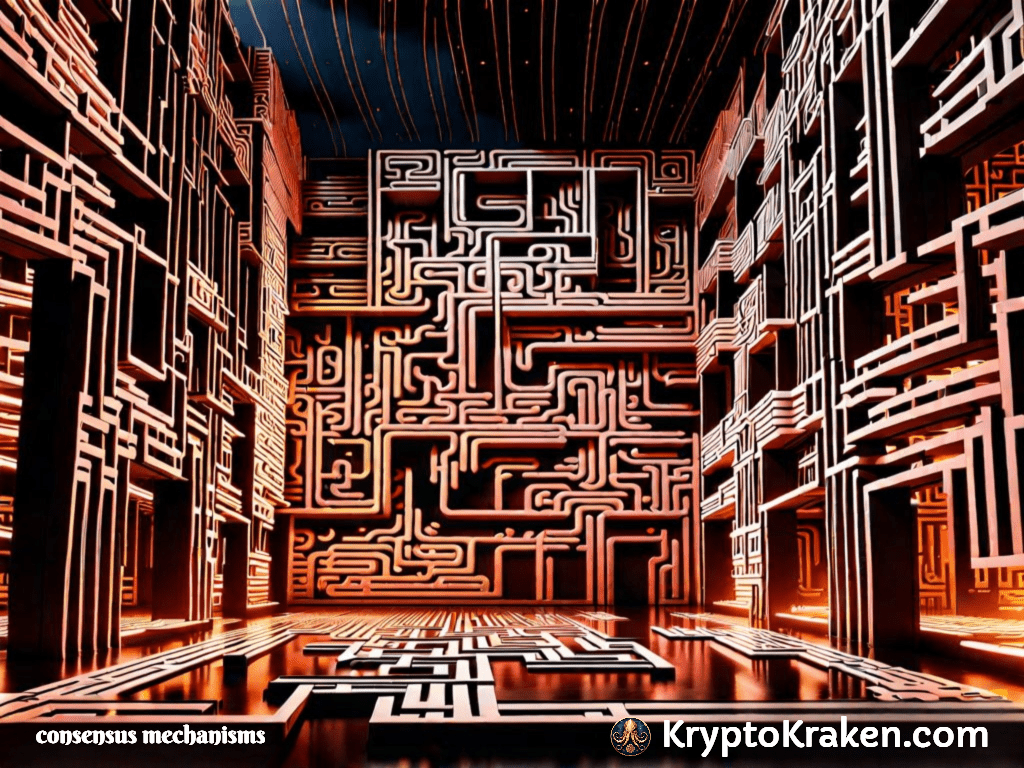

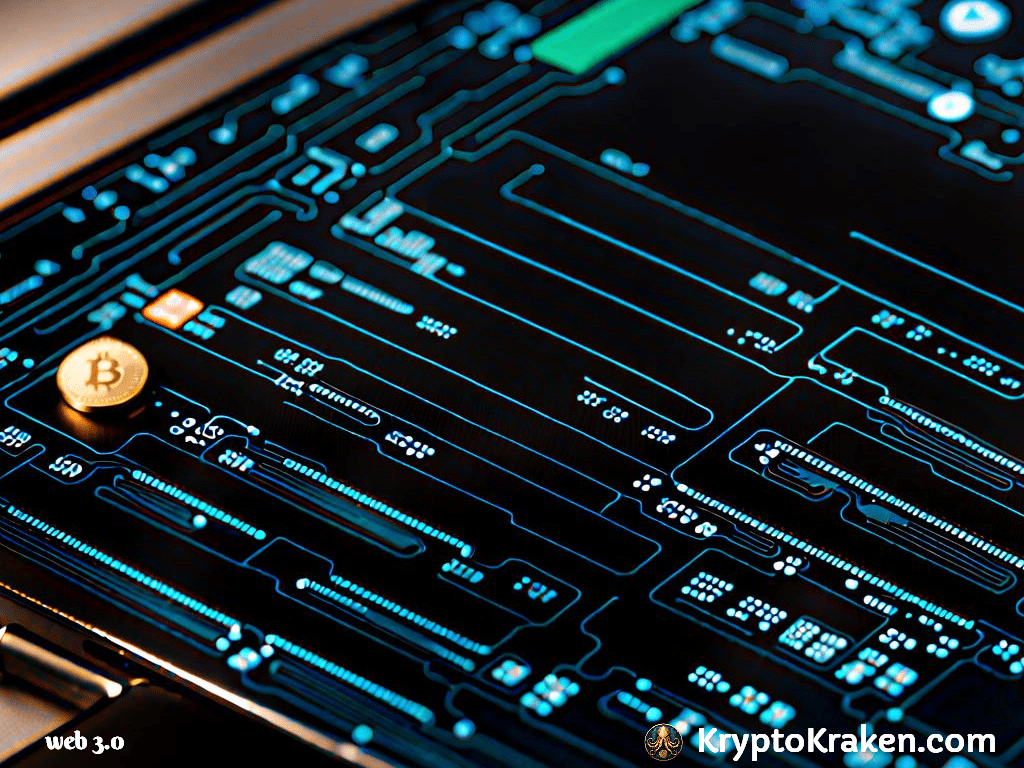
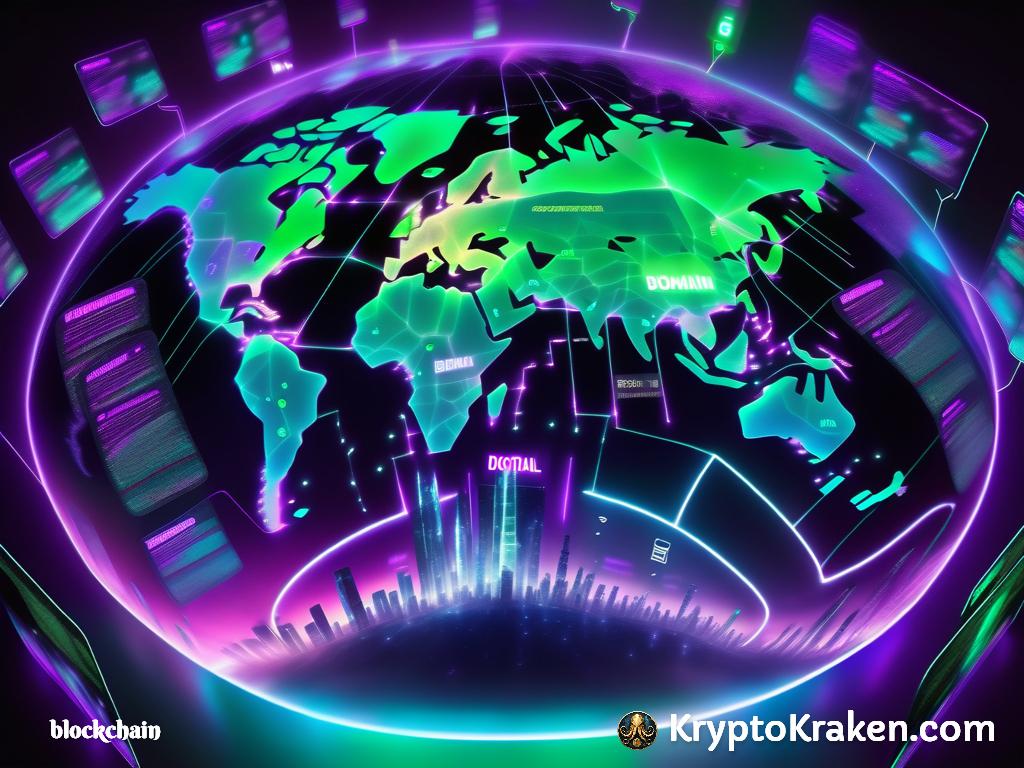
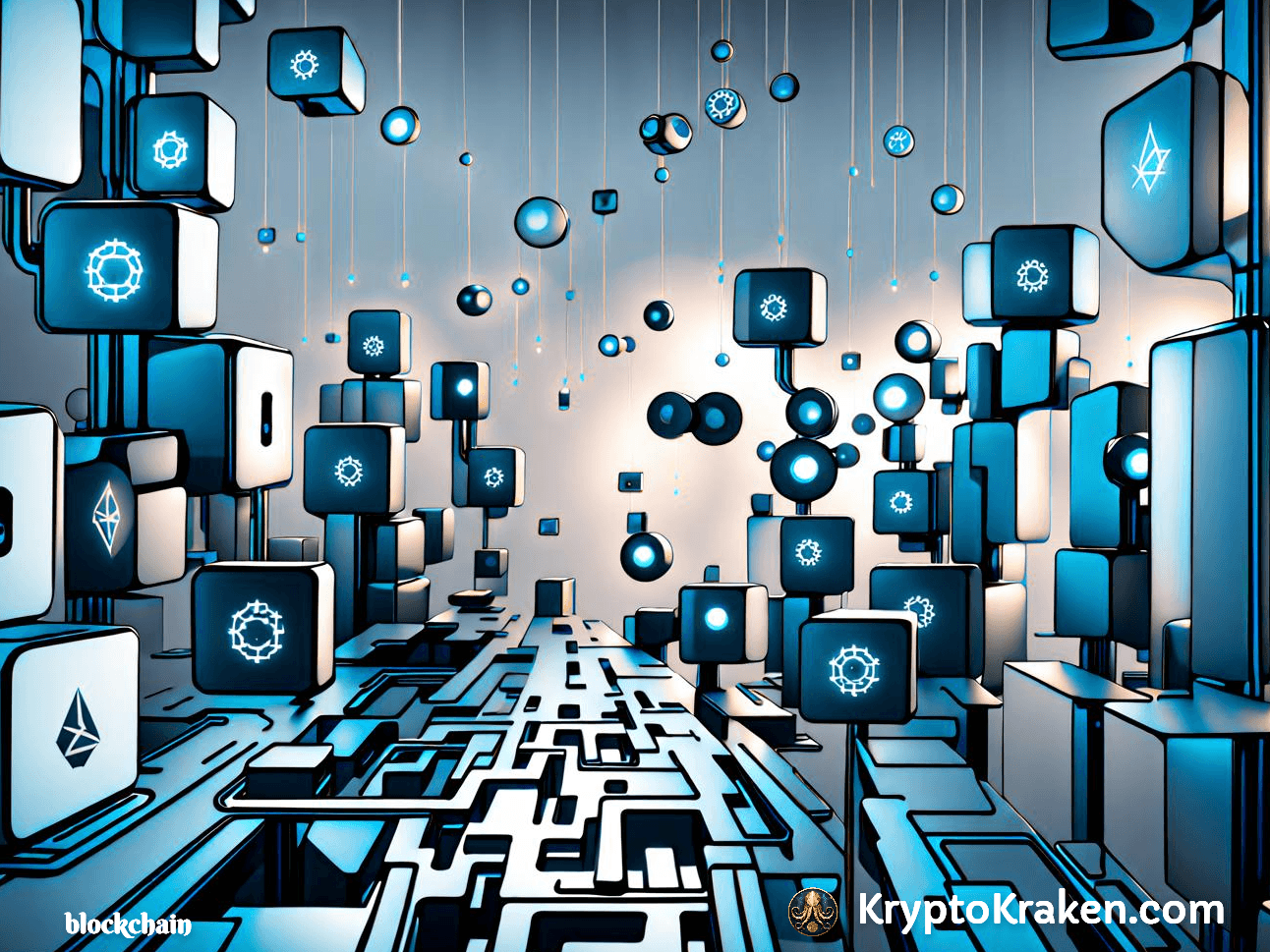


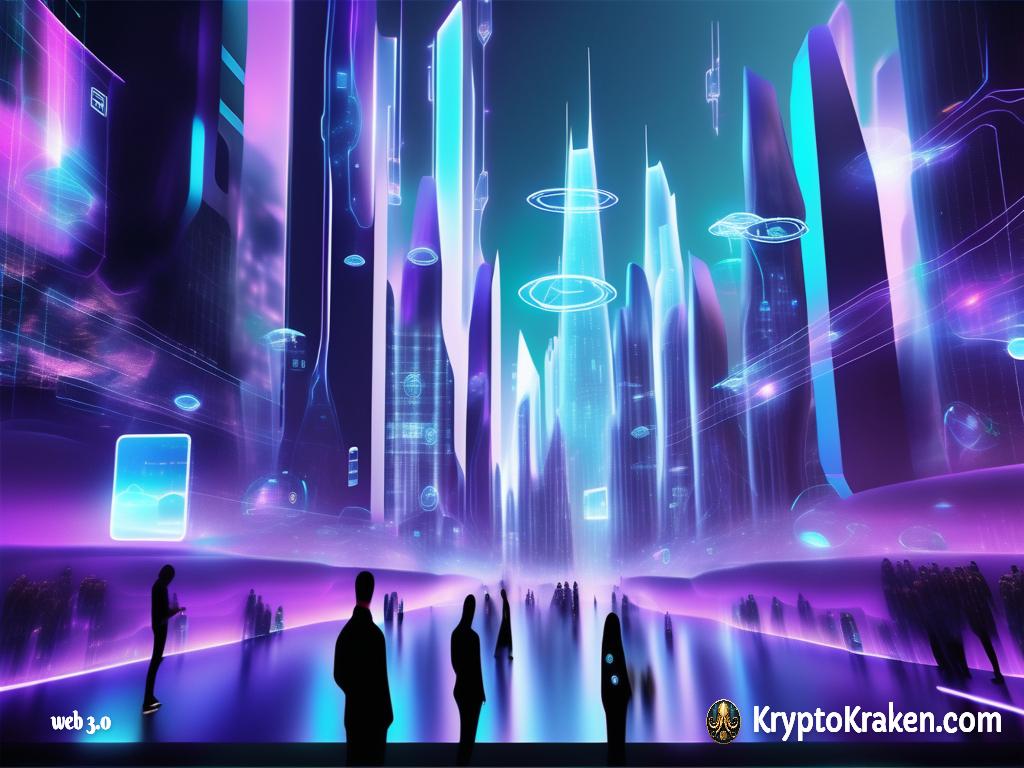
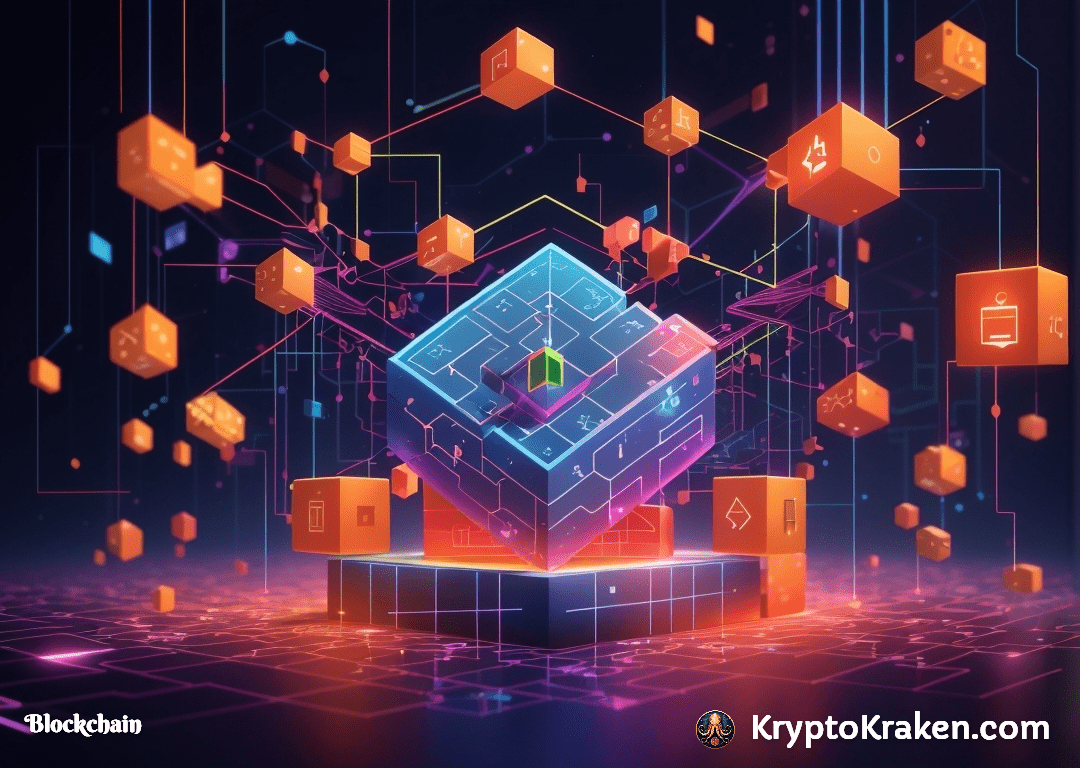
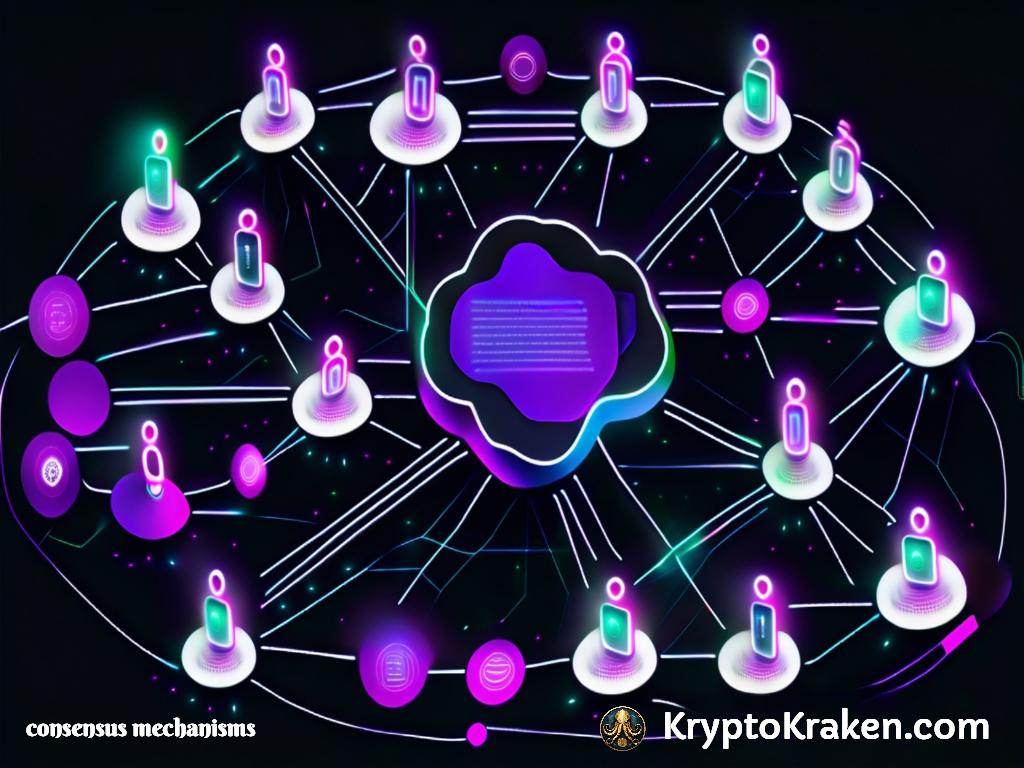
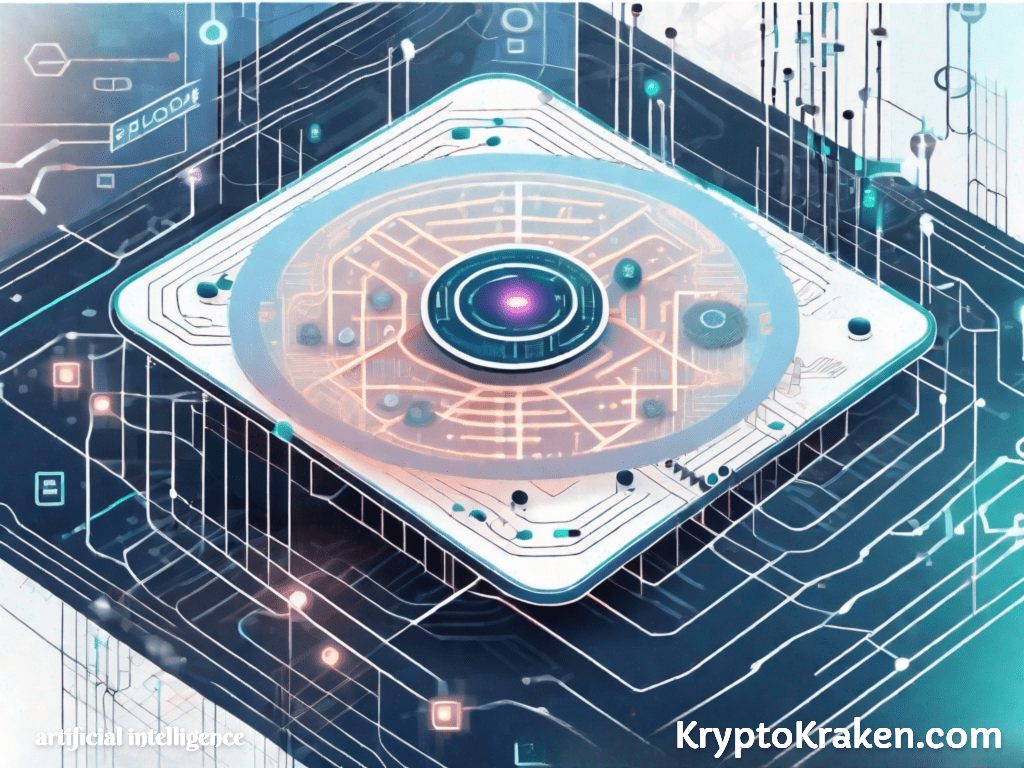
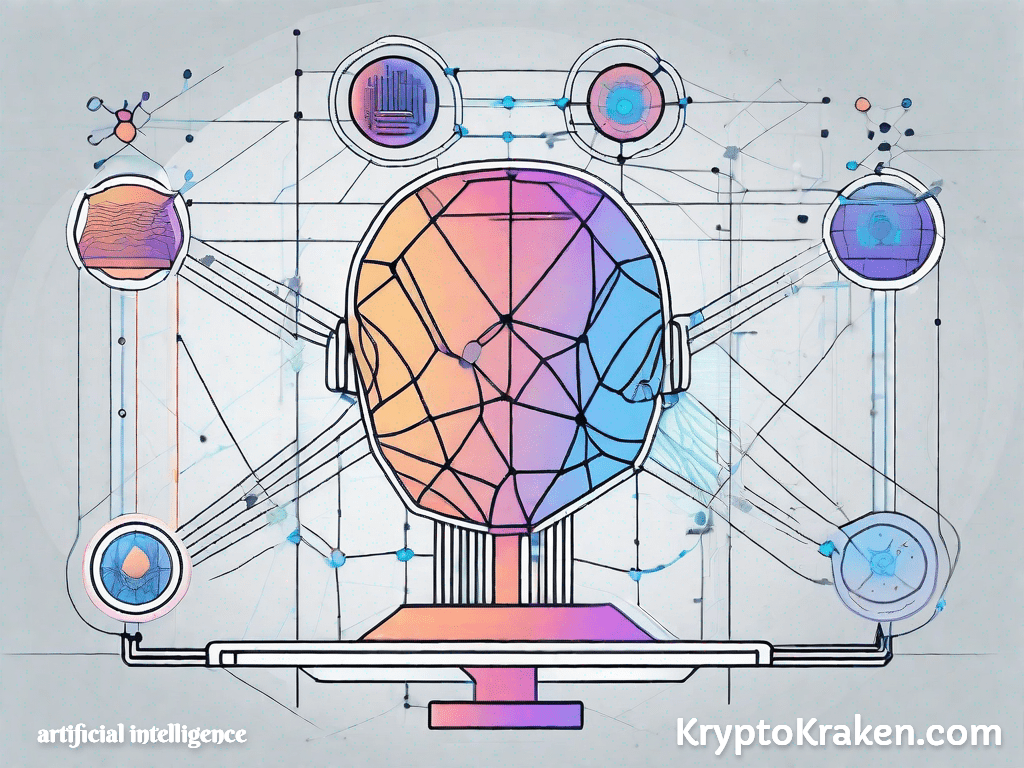
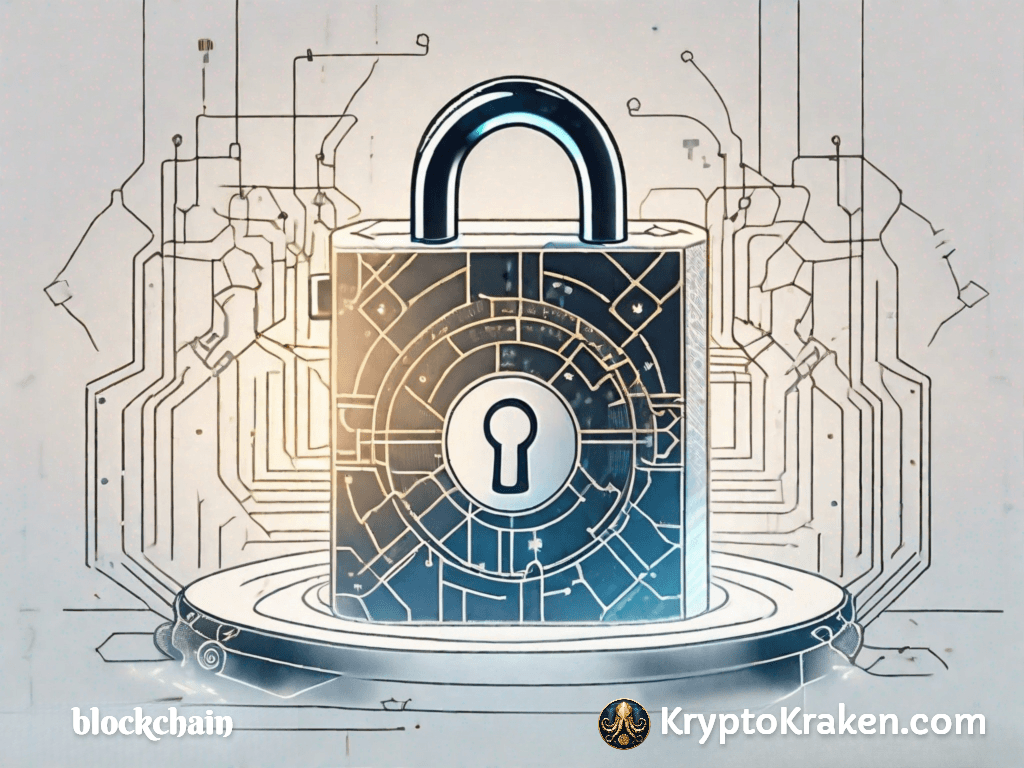
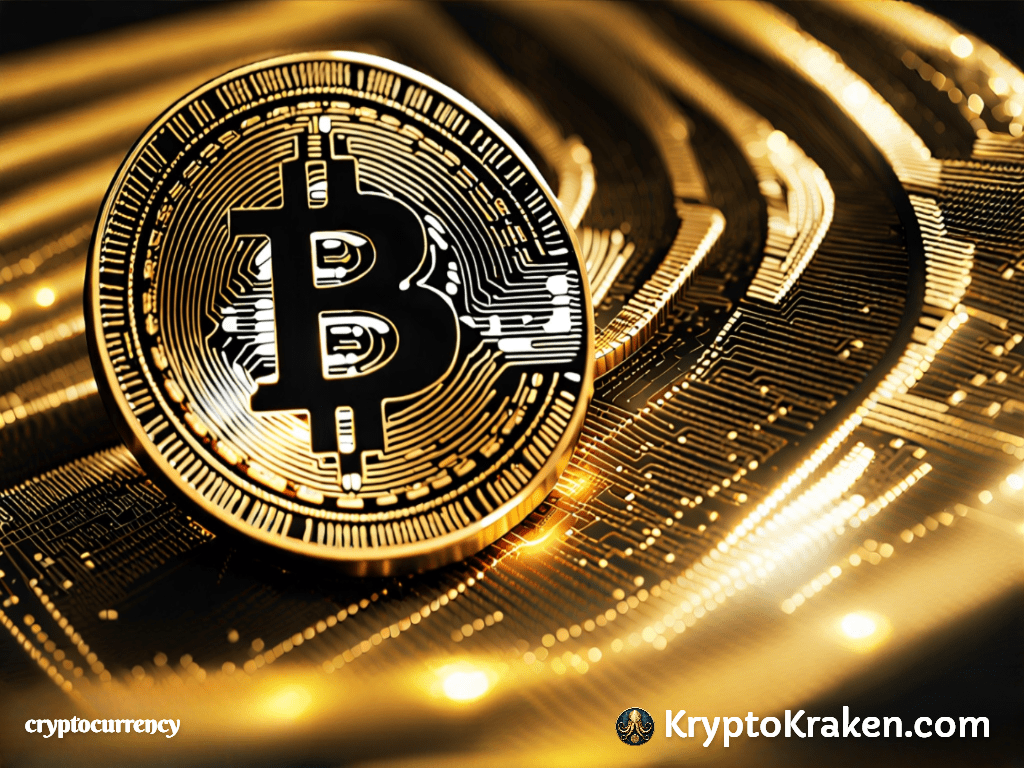
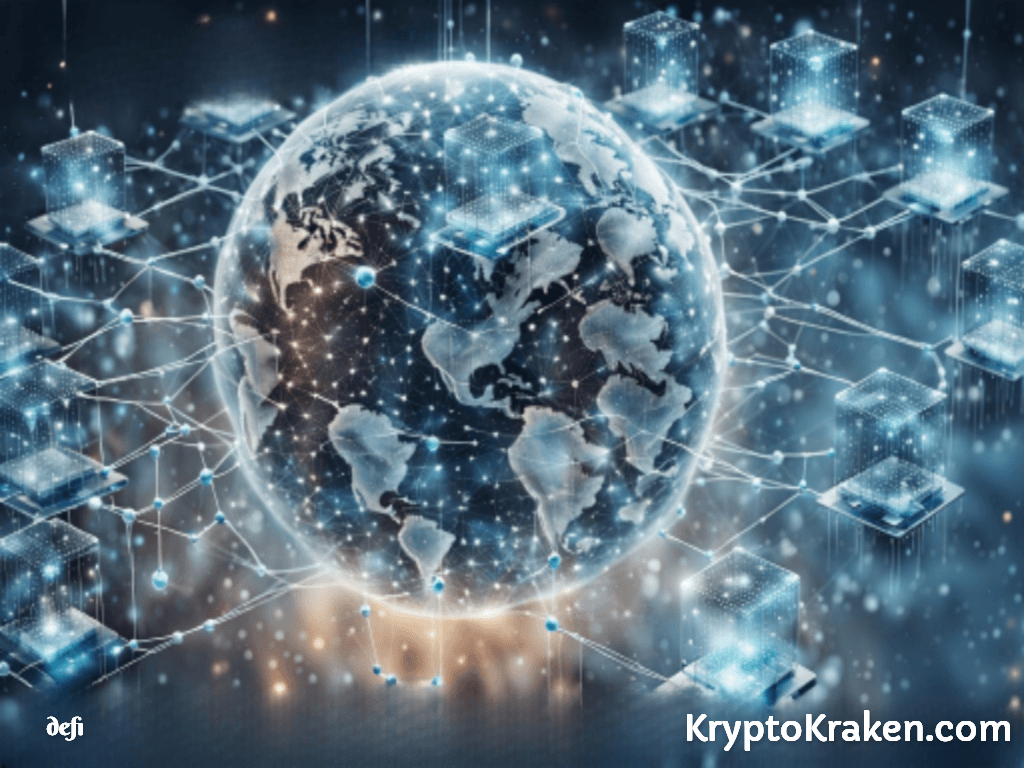
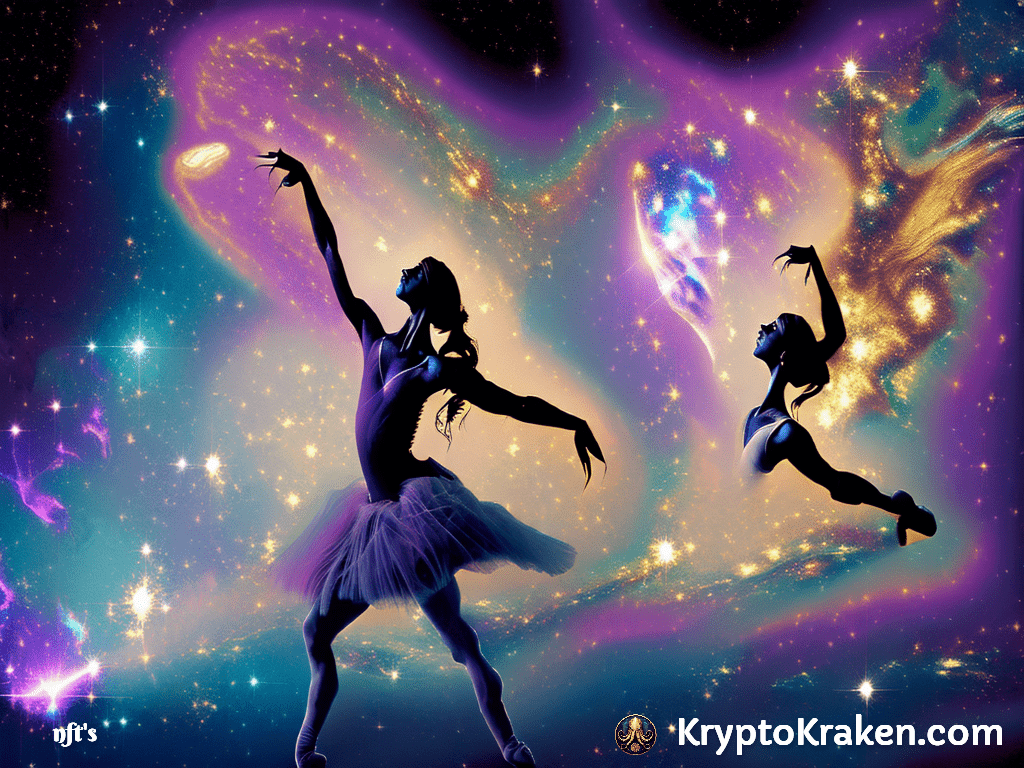
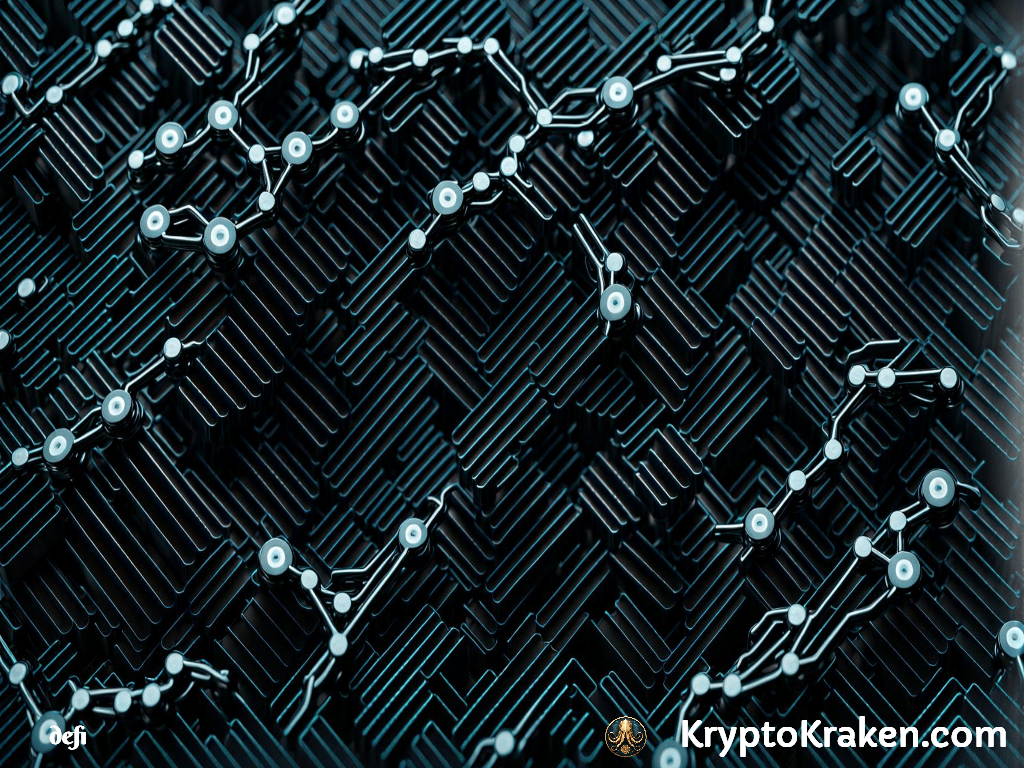
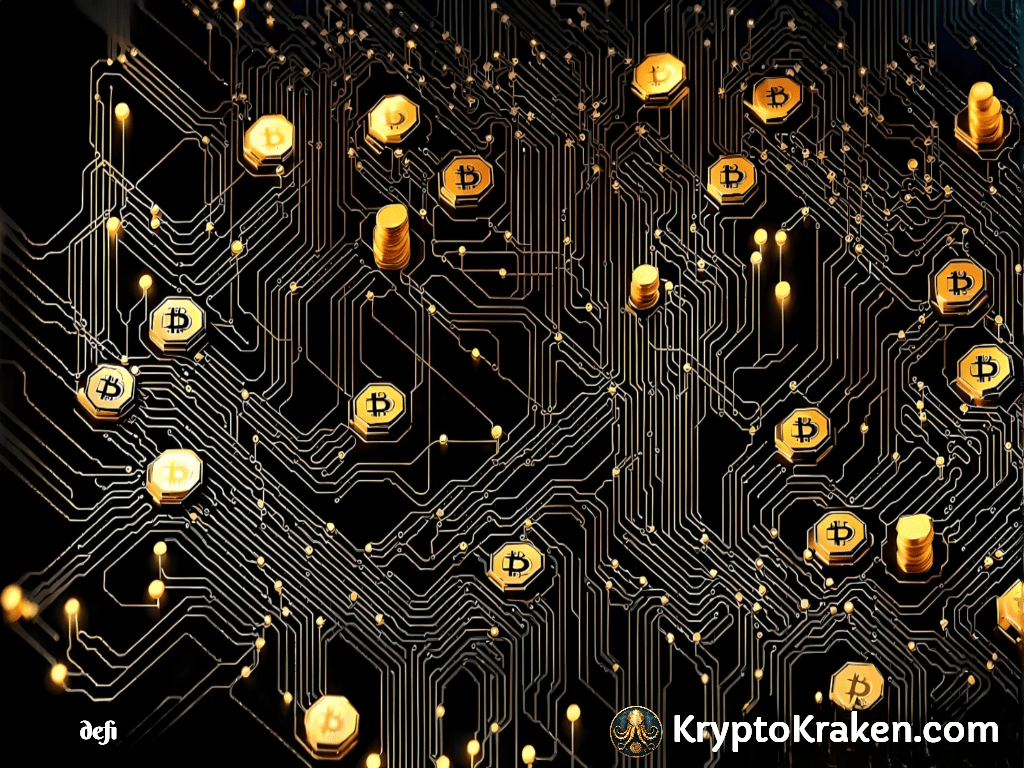

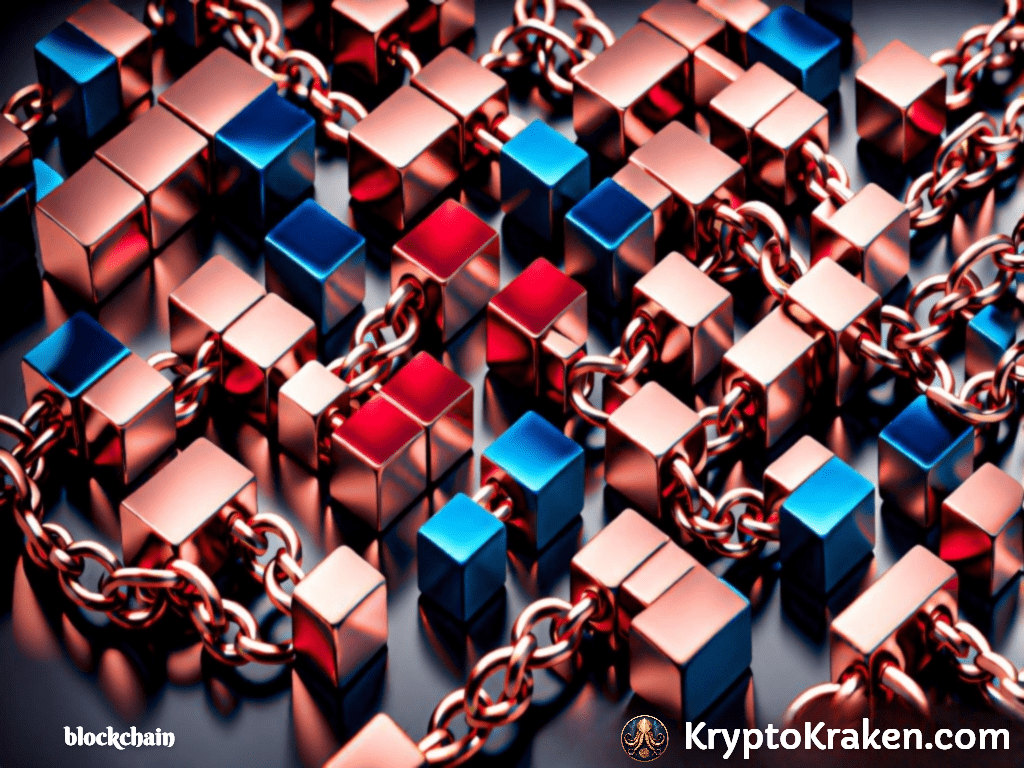


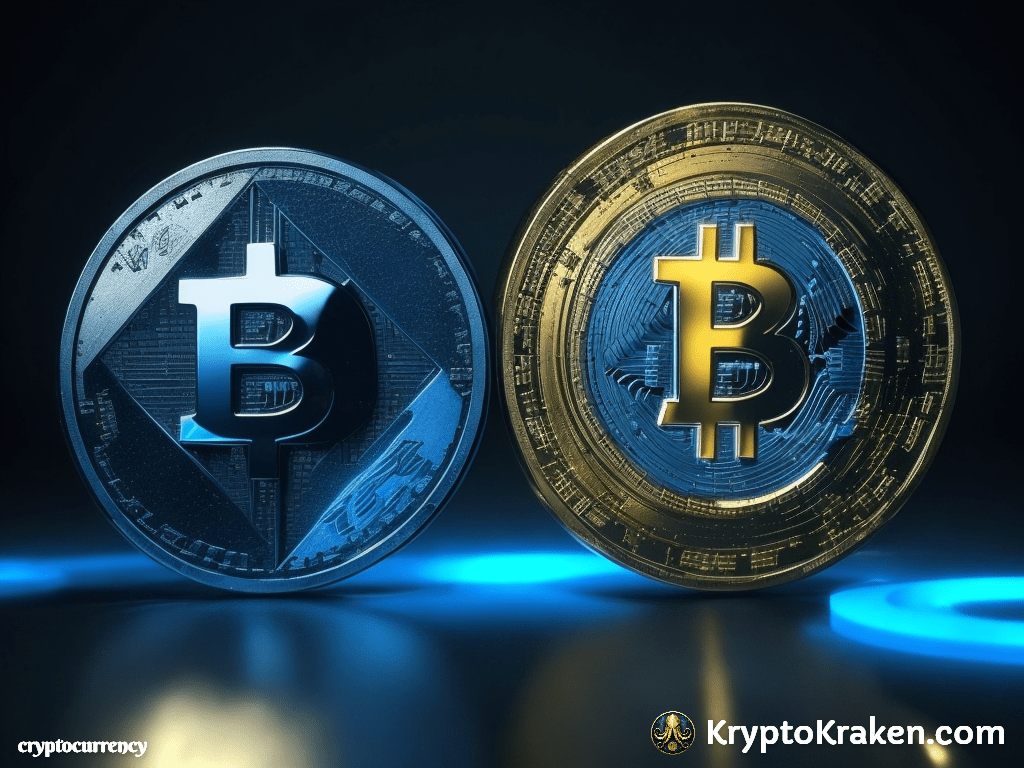
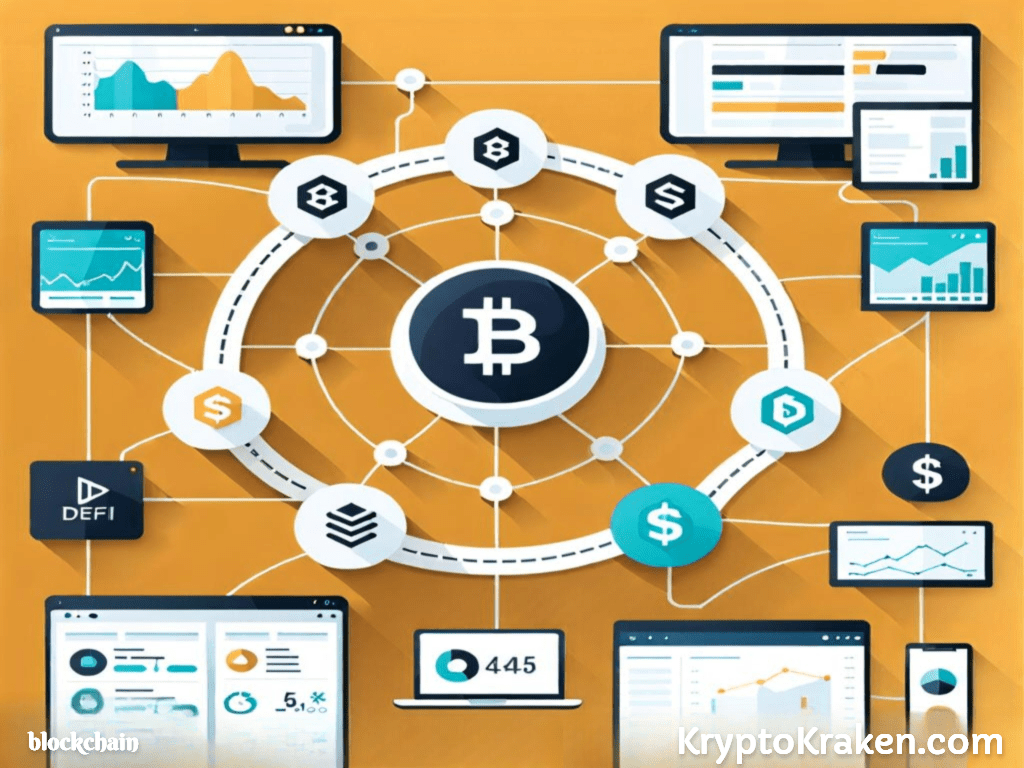
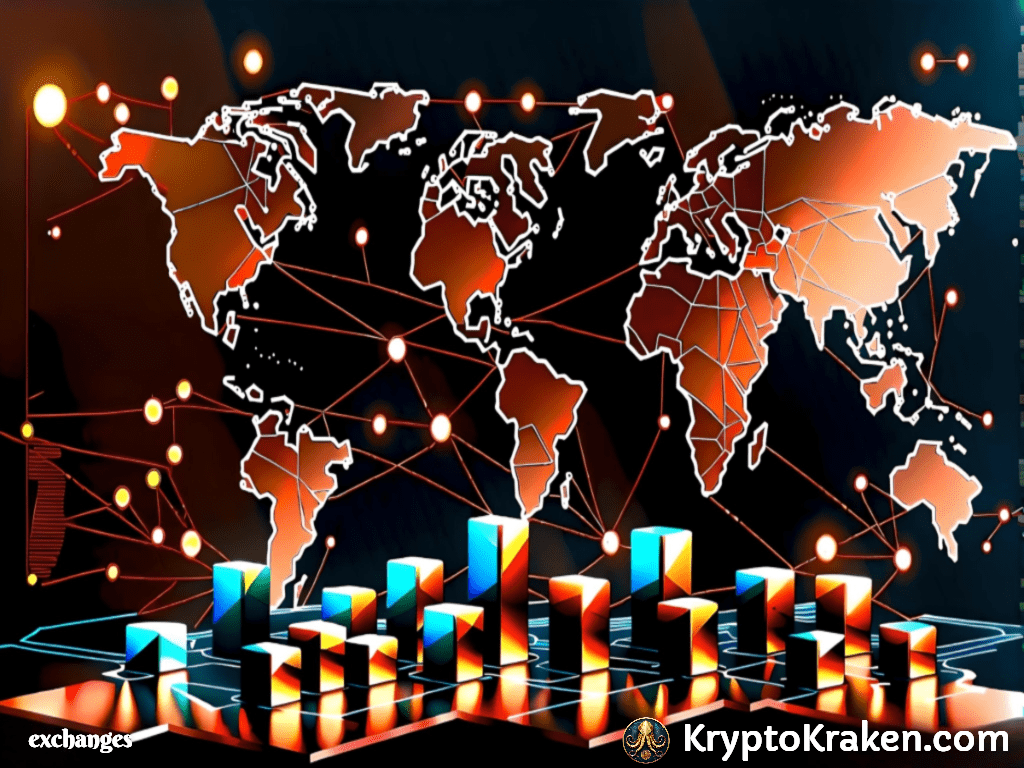
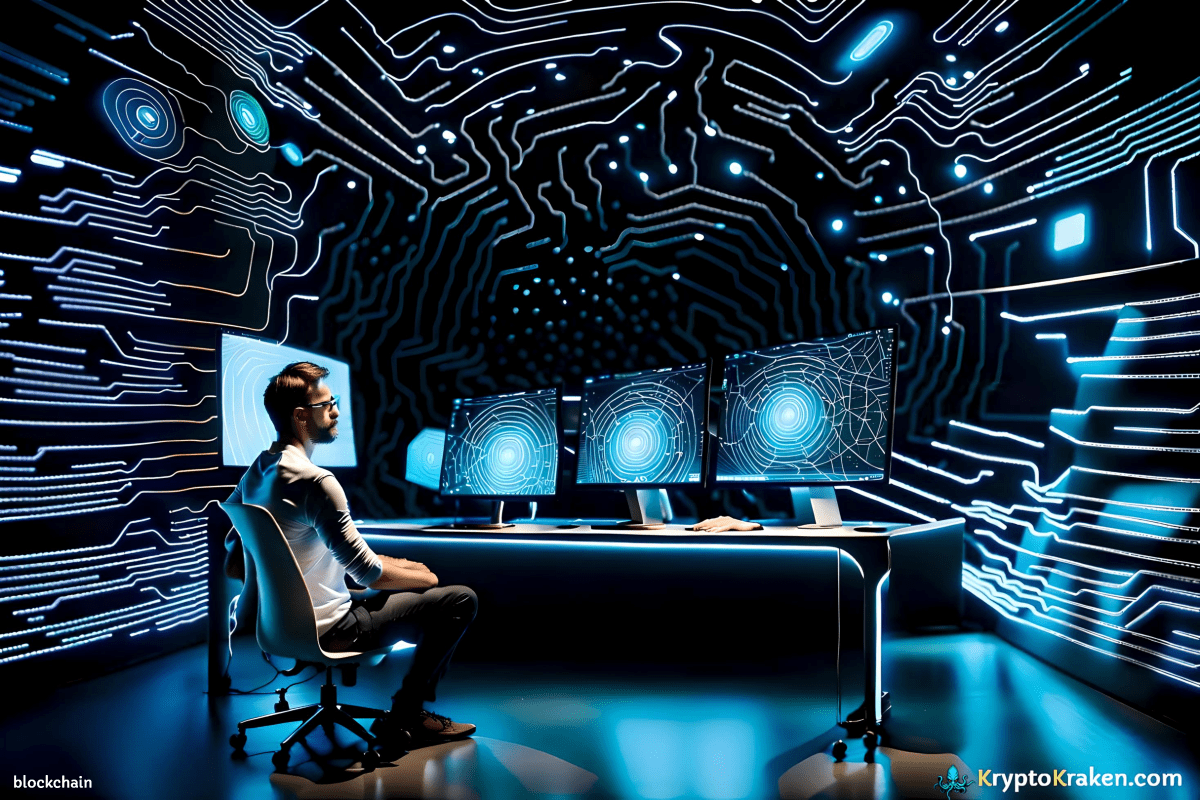
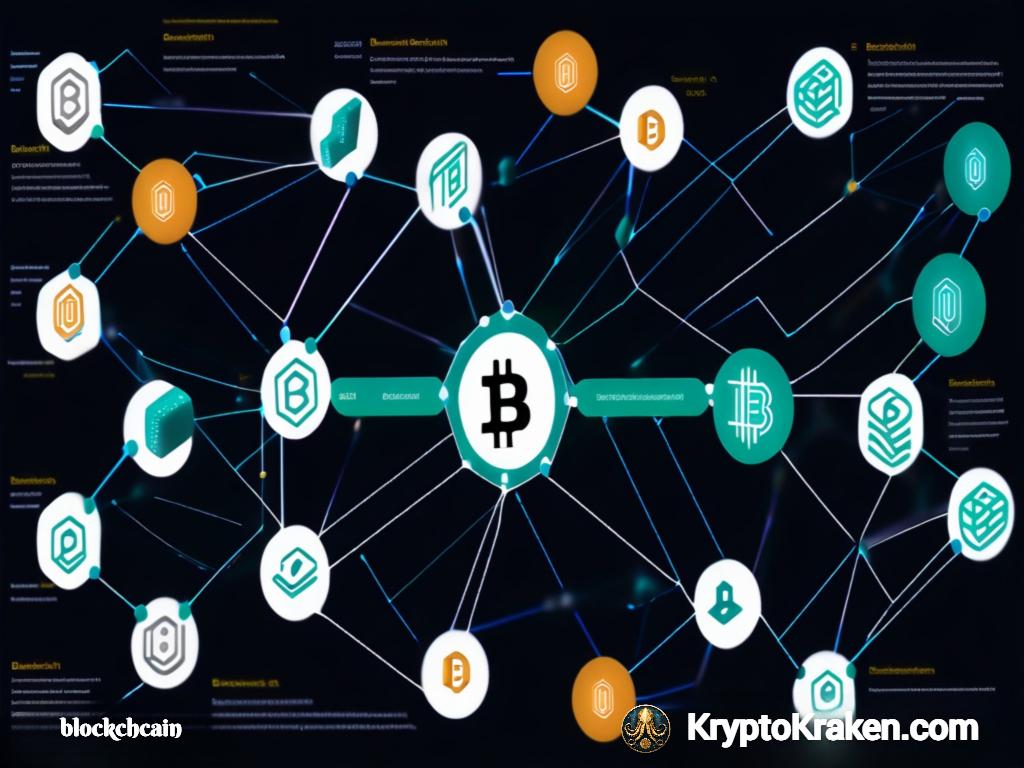
5 comments on “The Promising Synergy of AI and Blockchain Technology: Unlocking the Future”